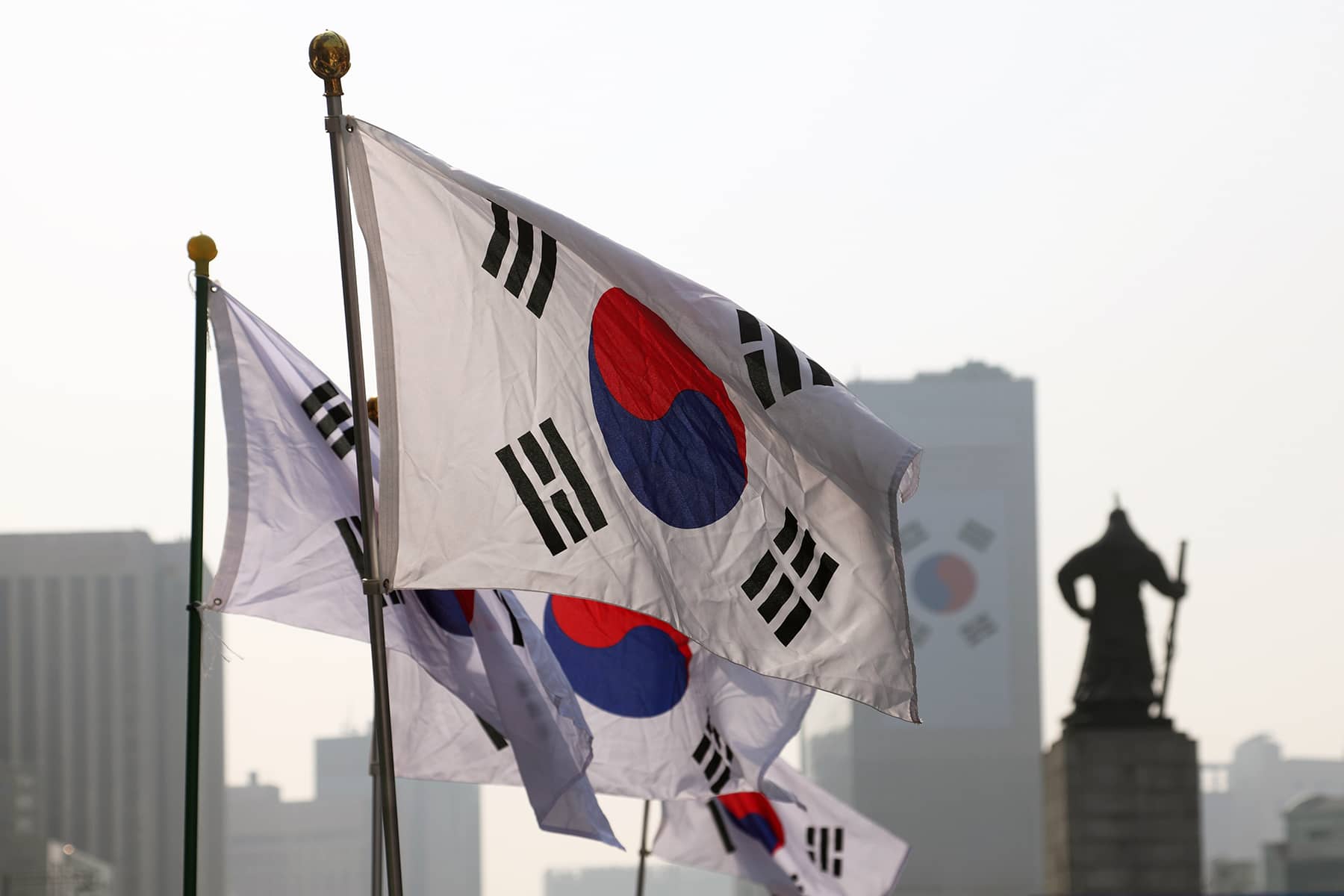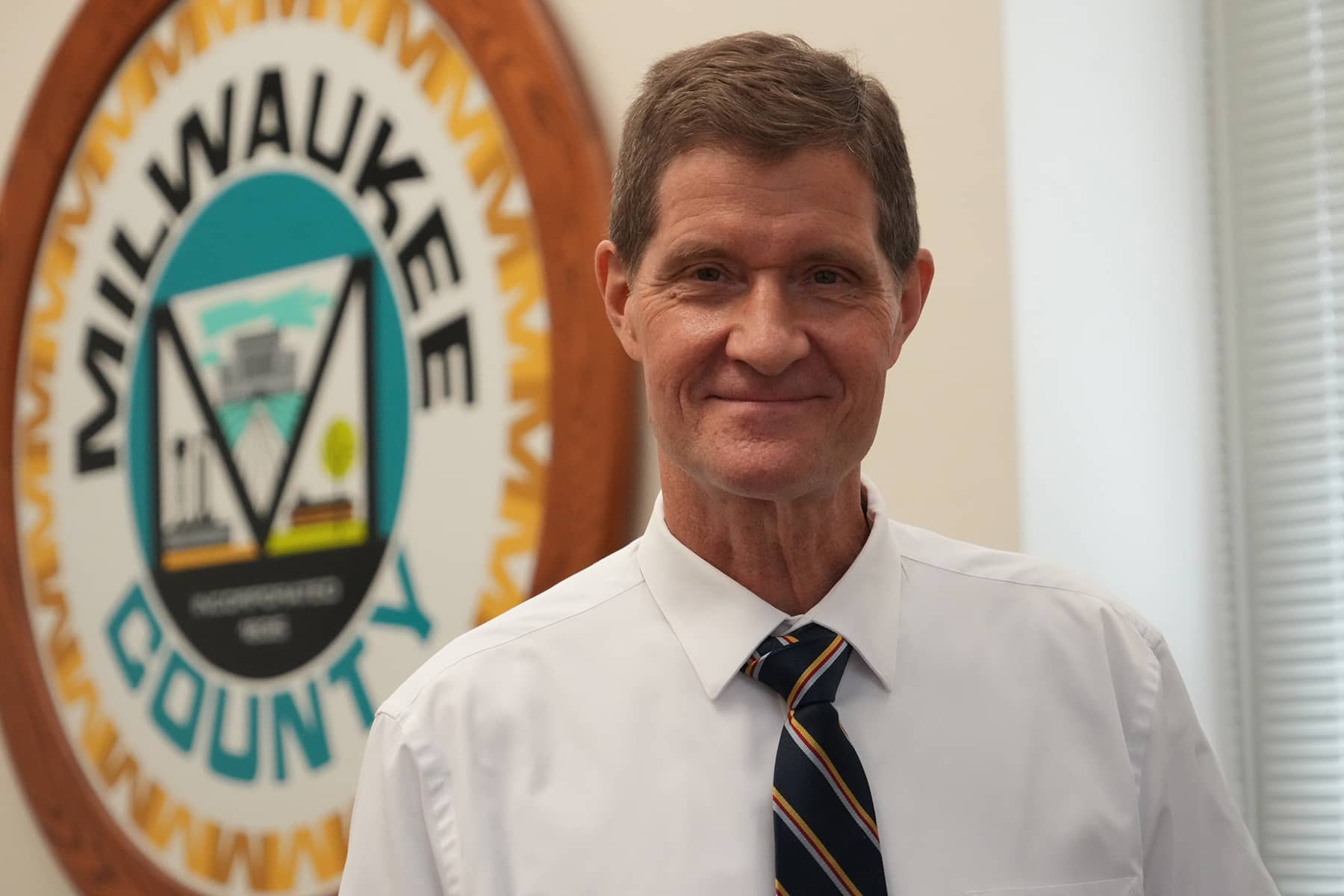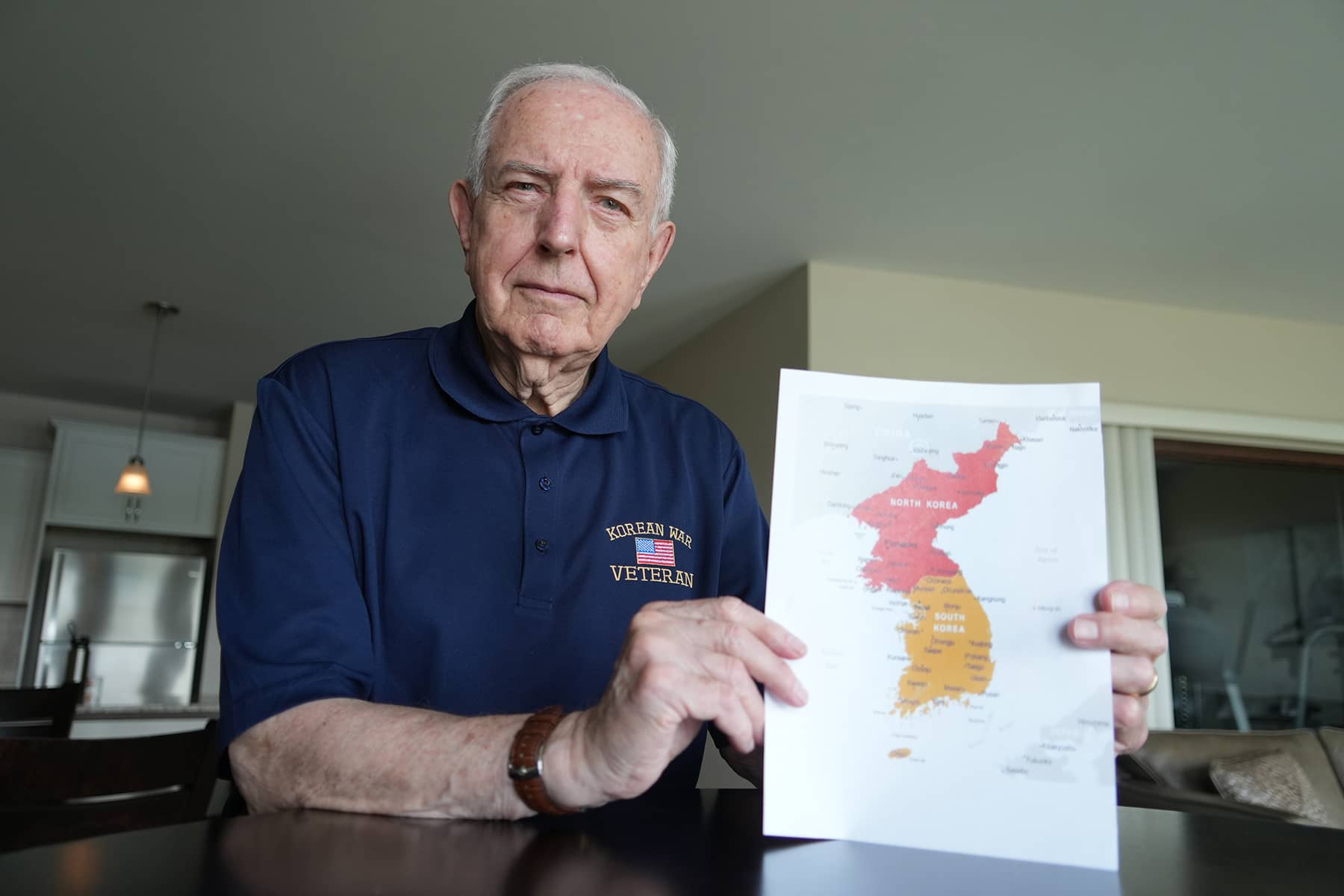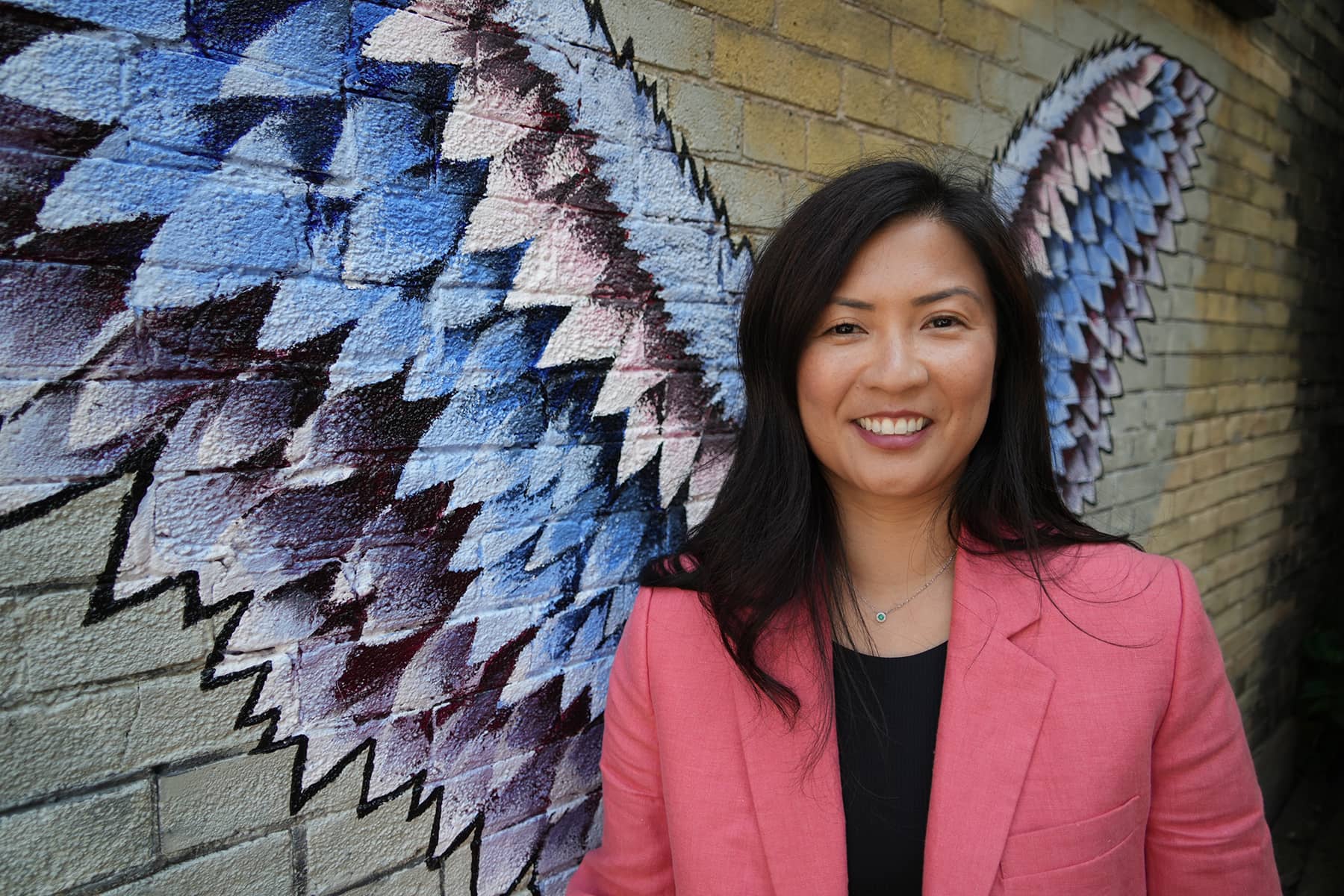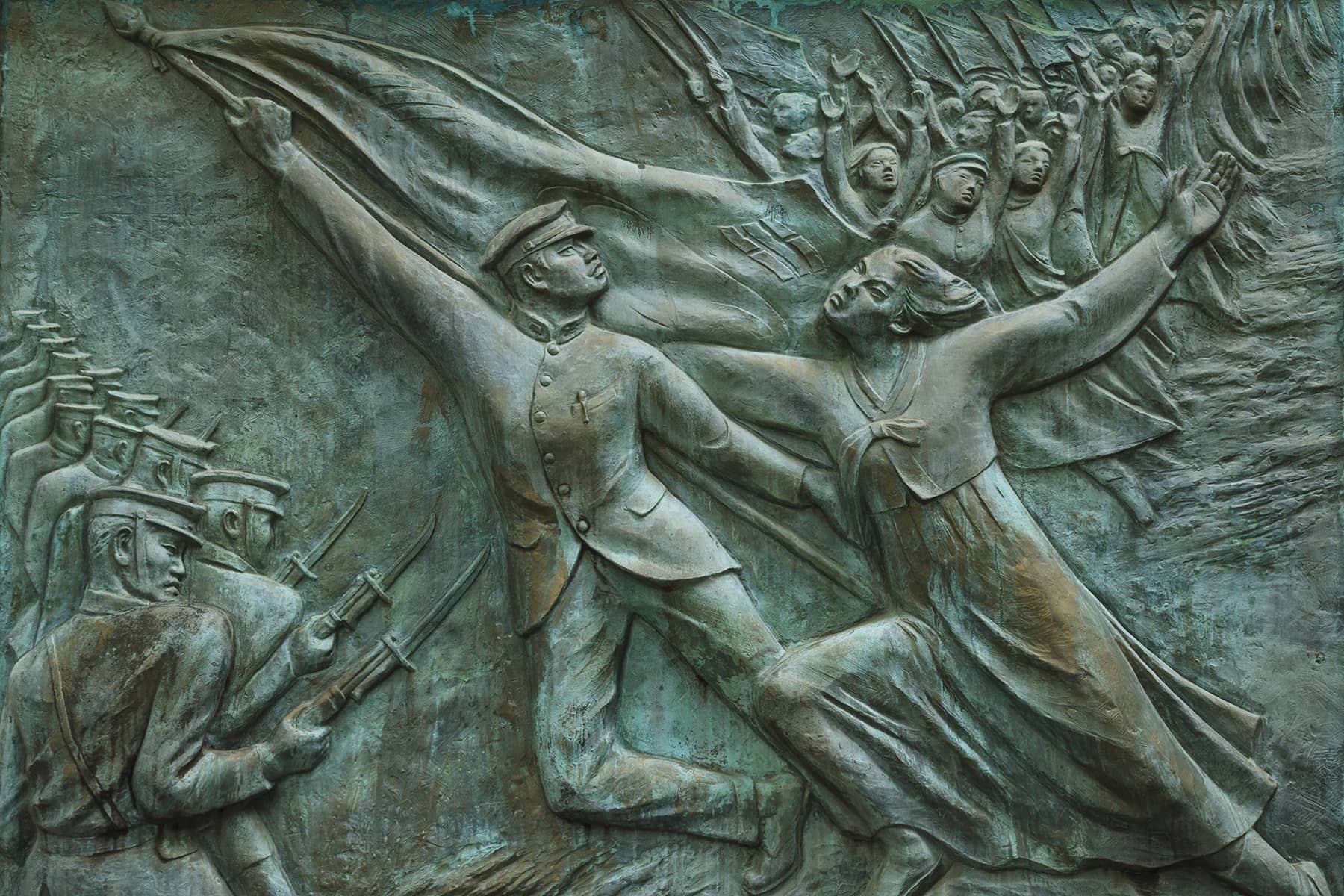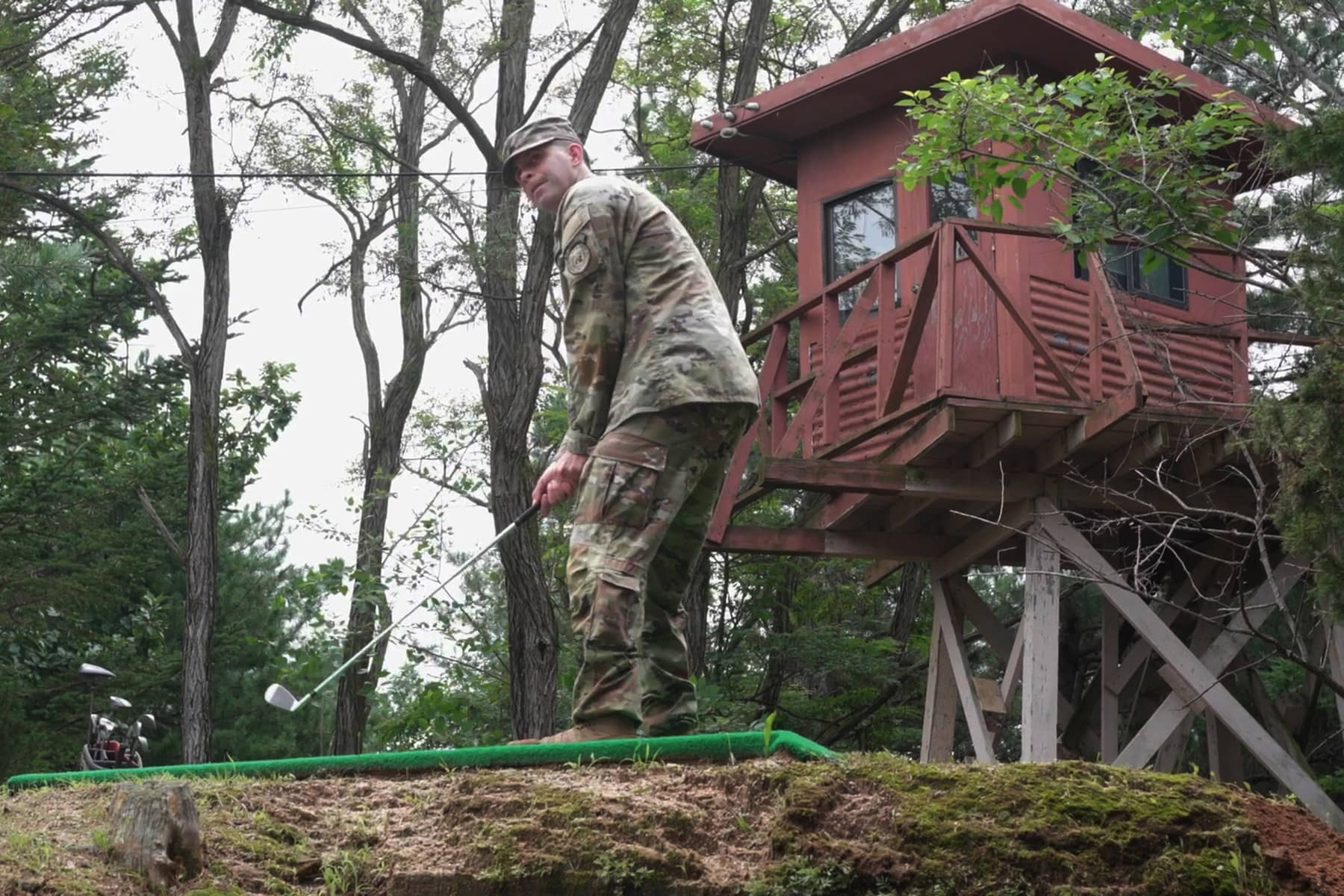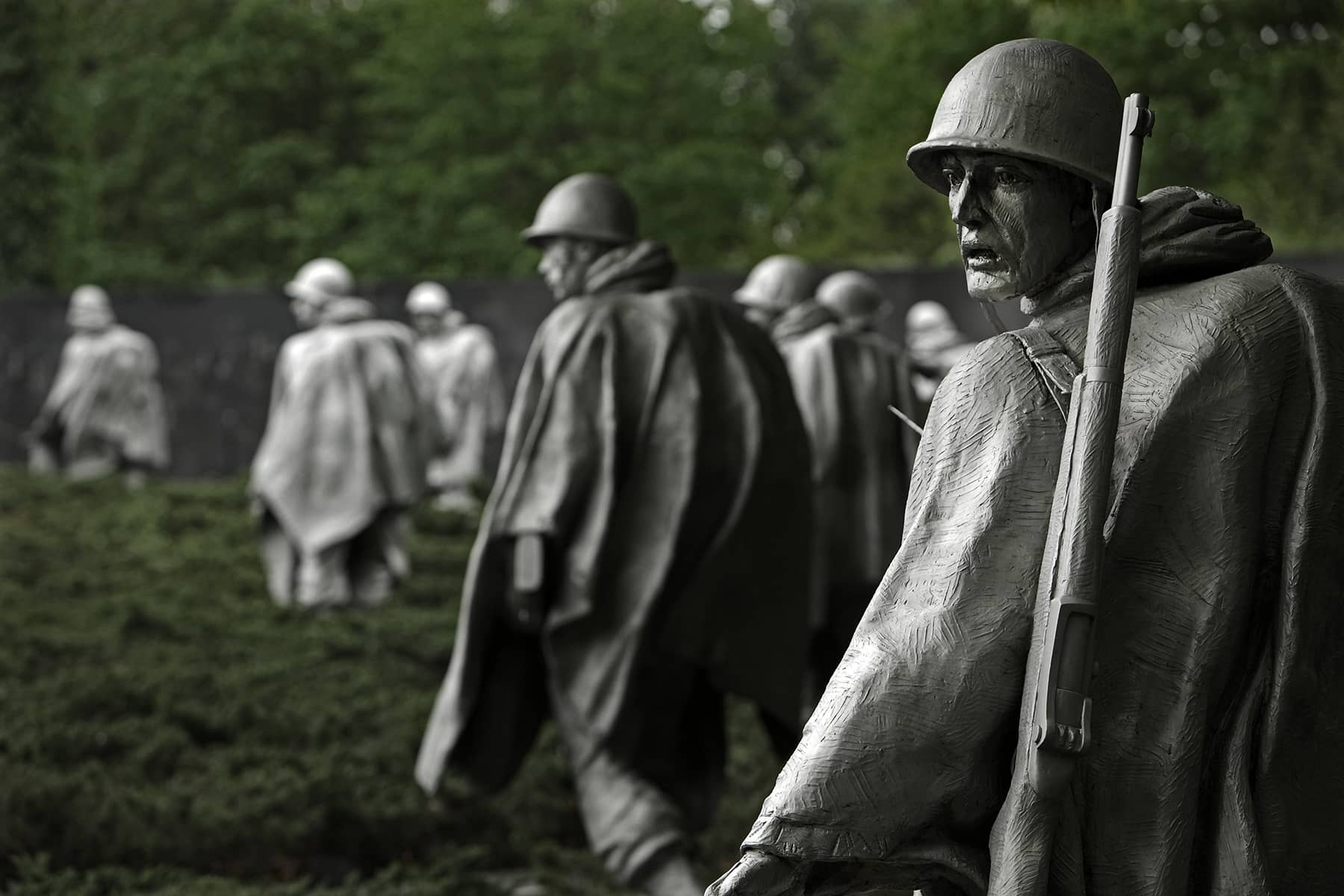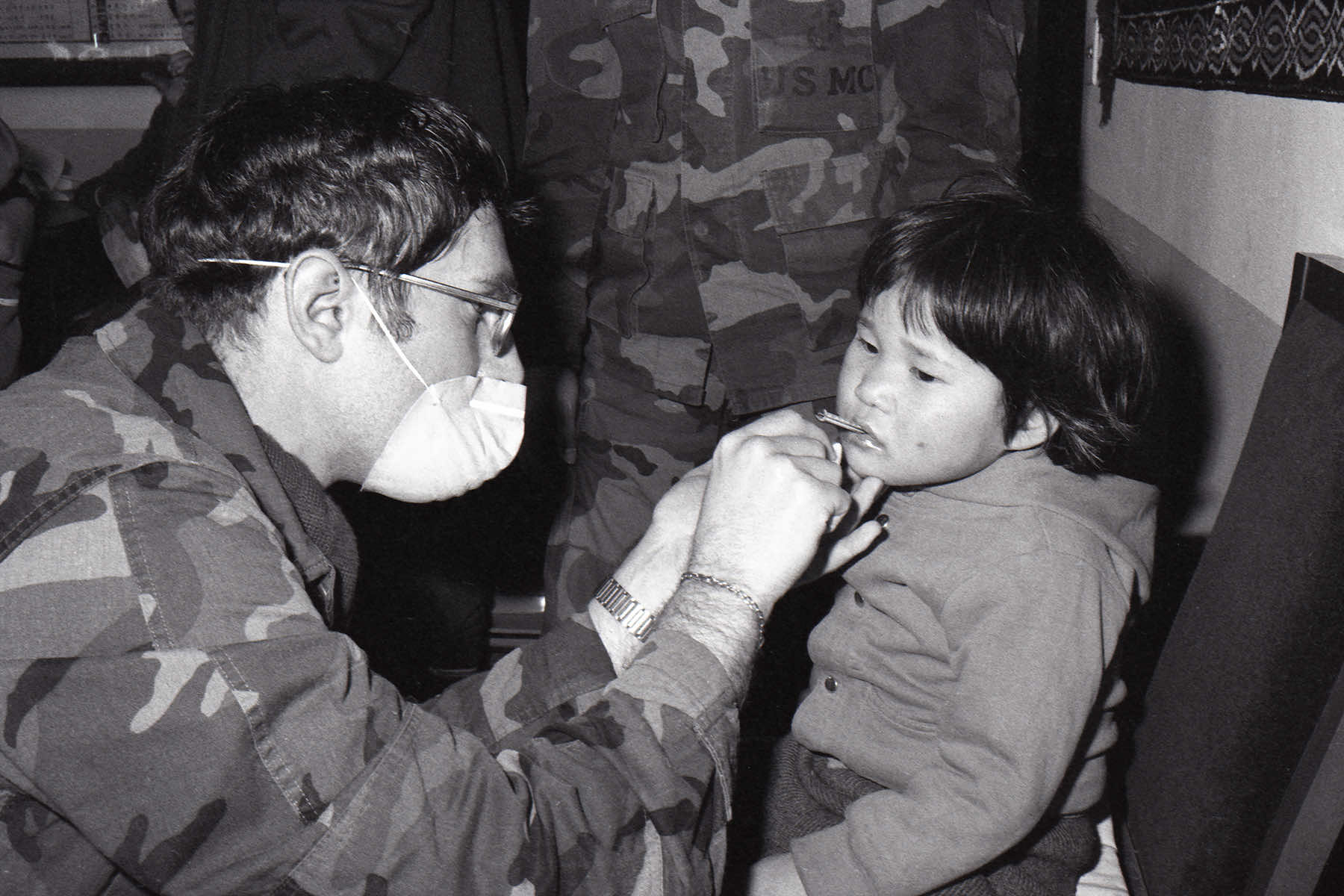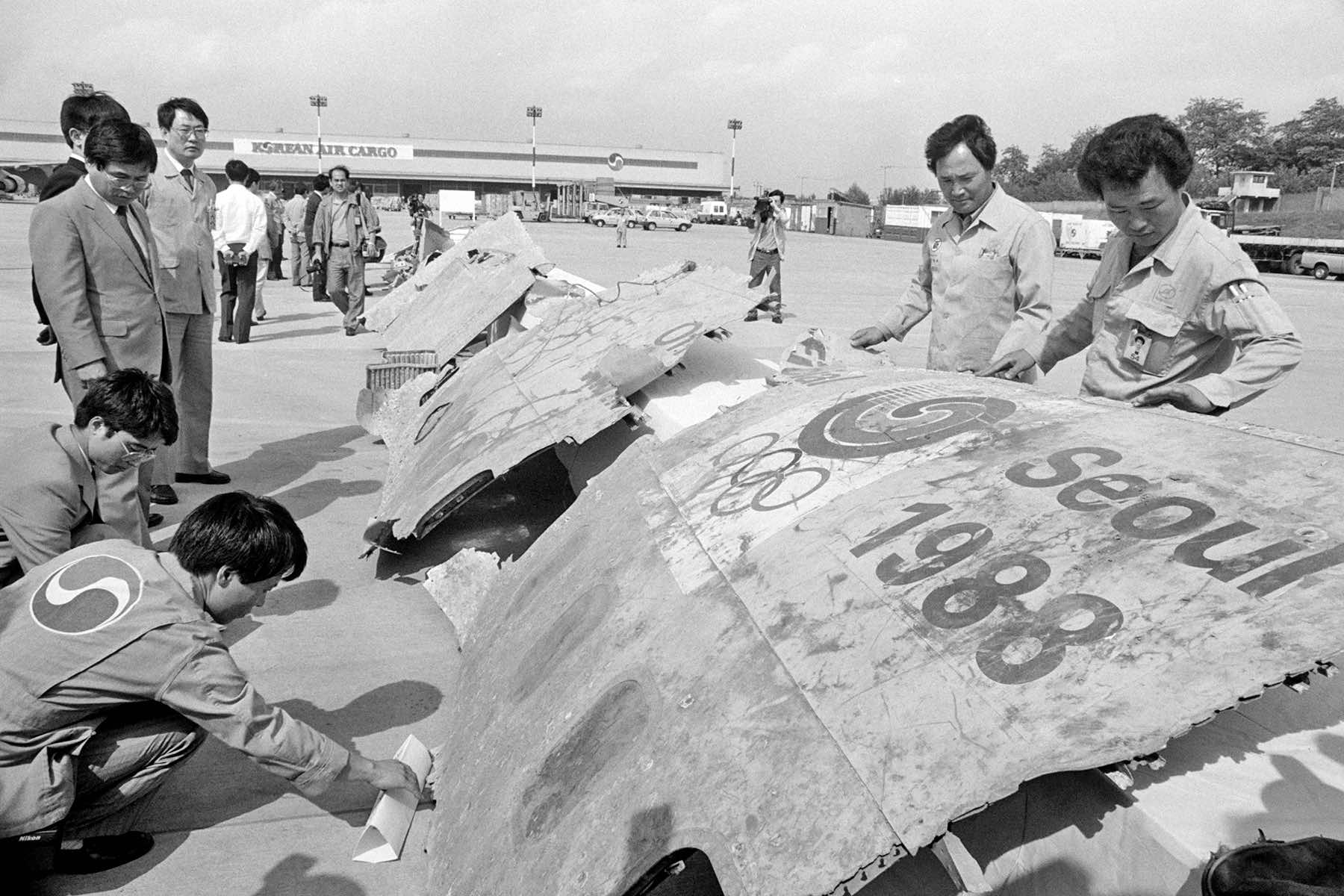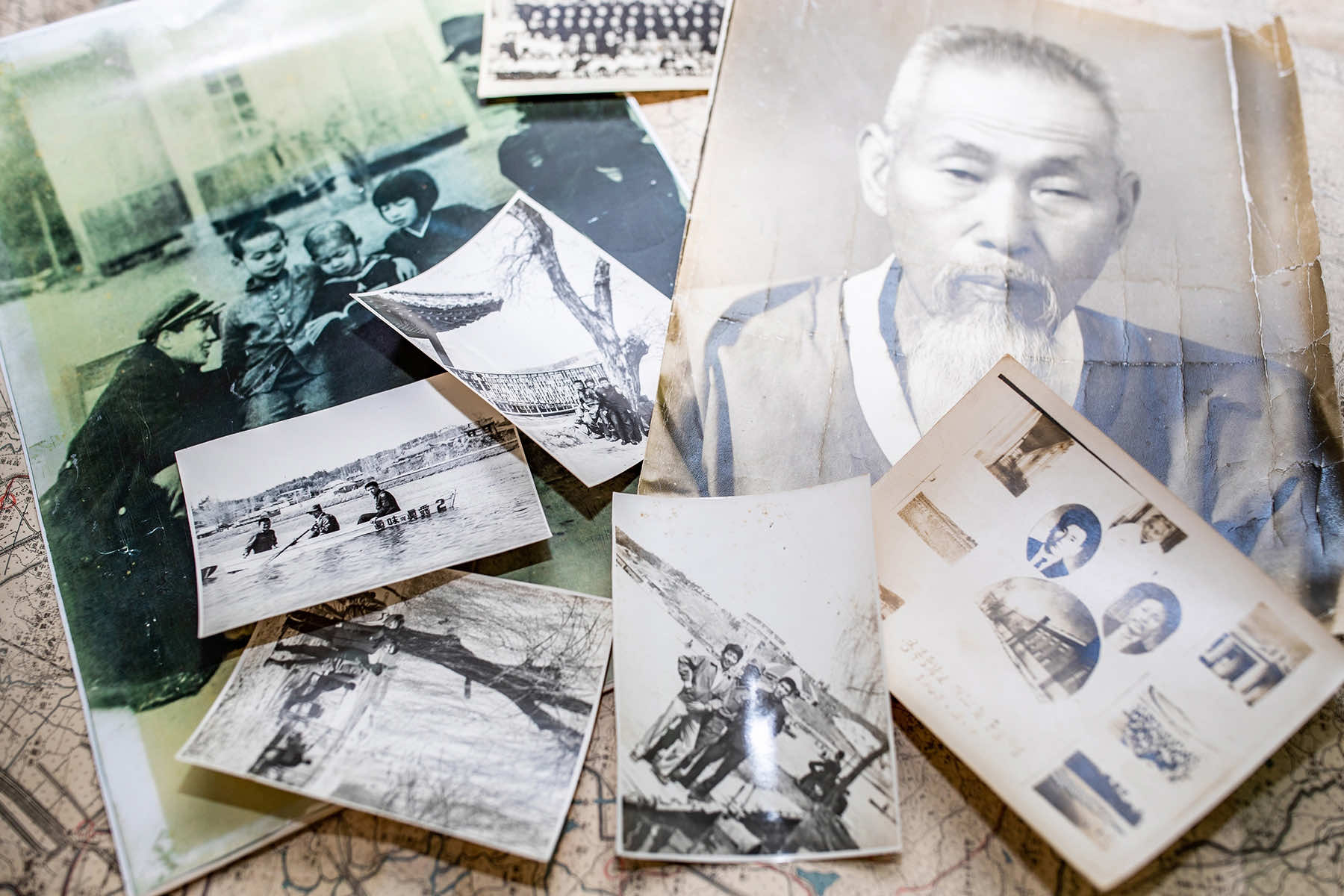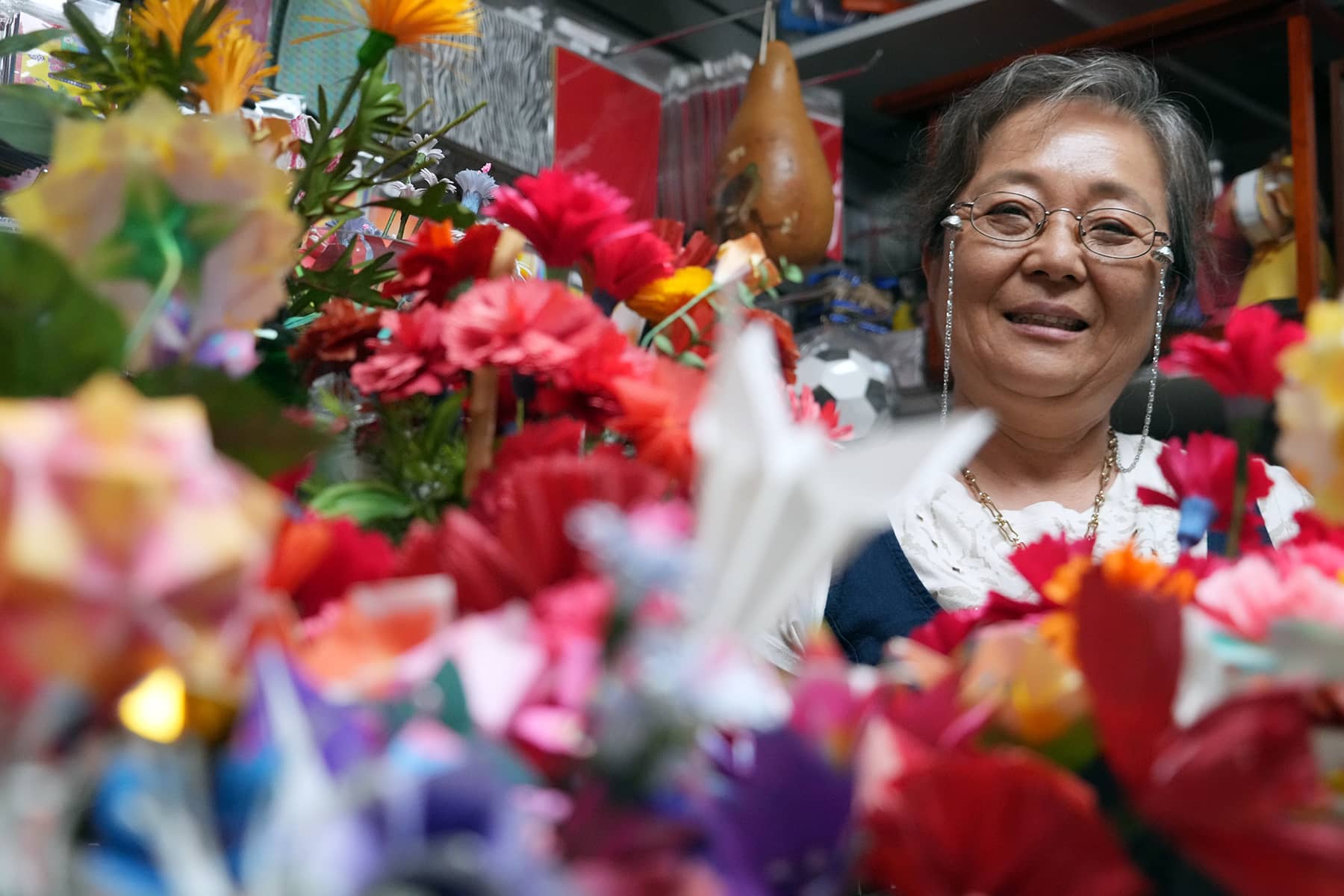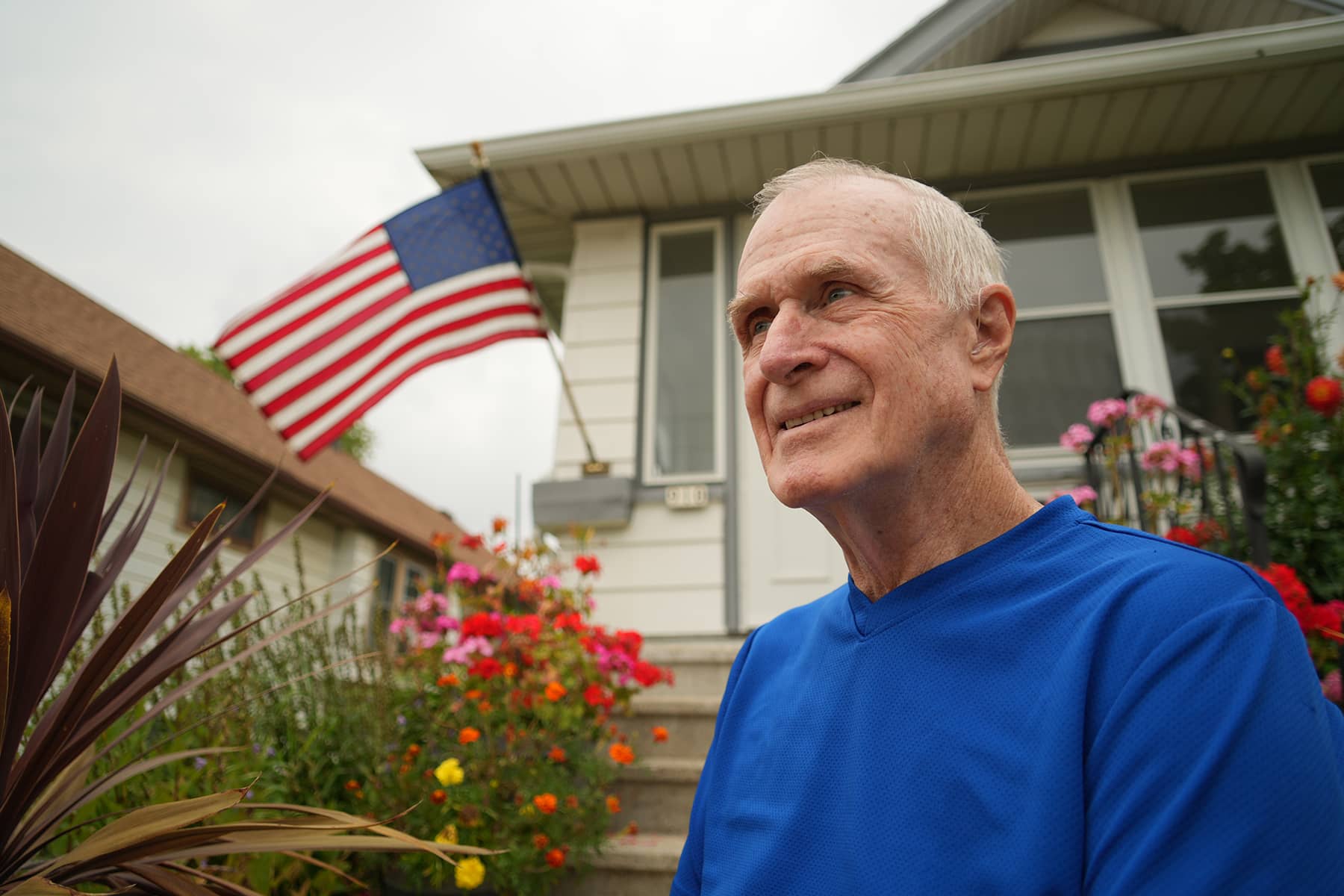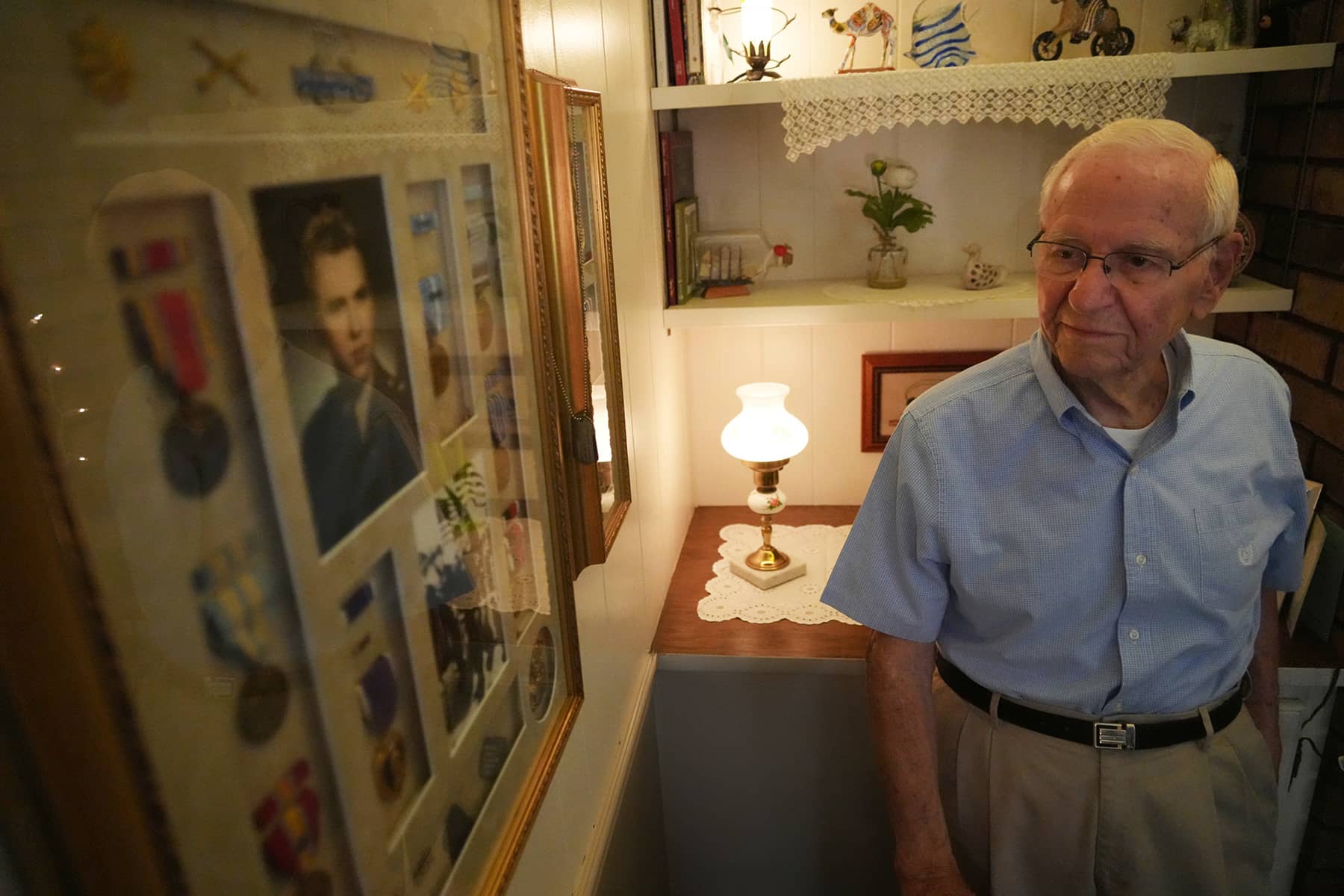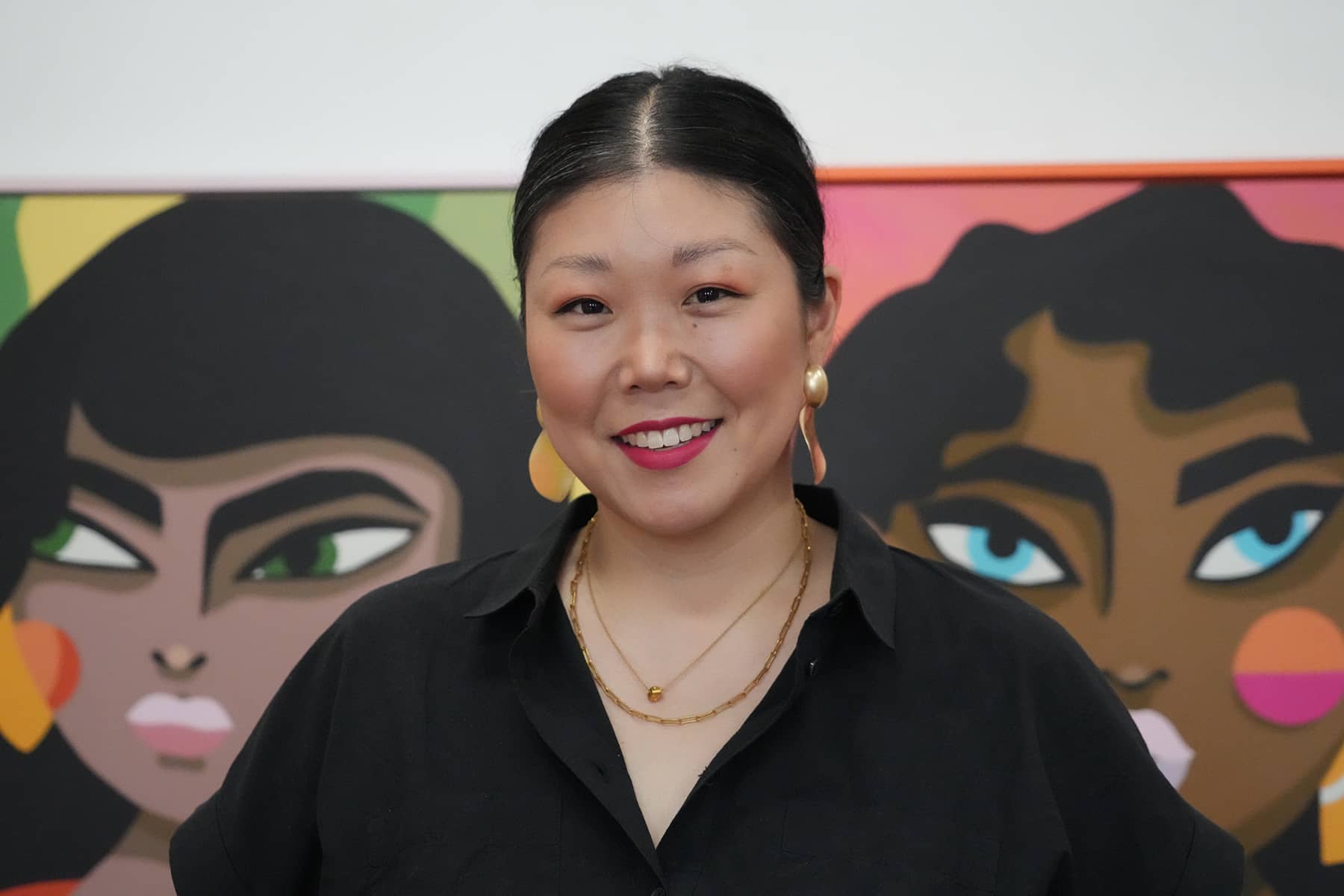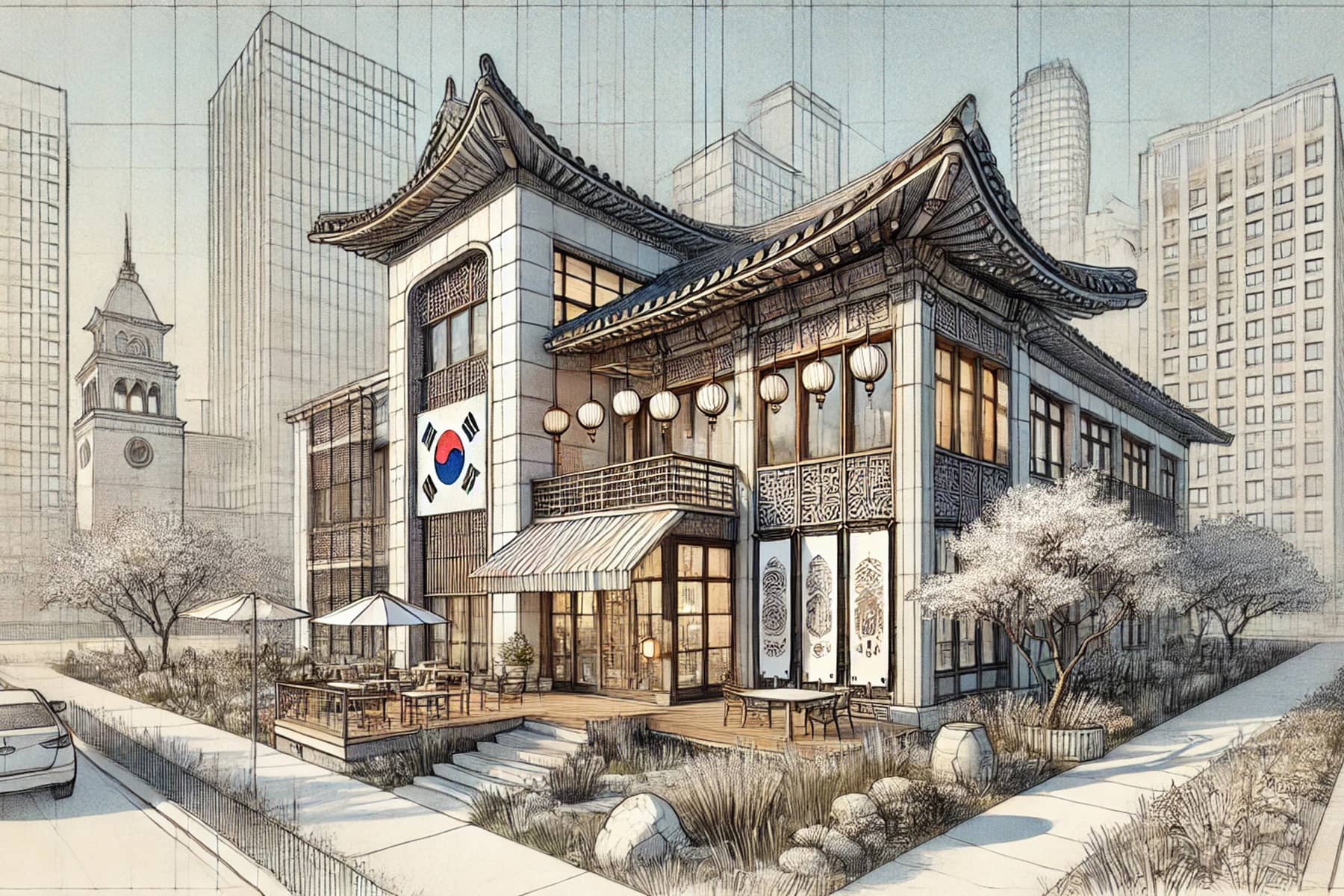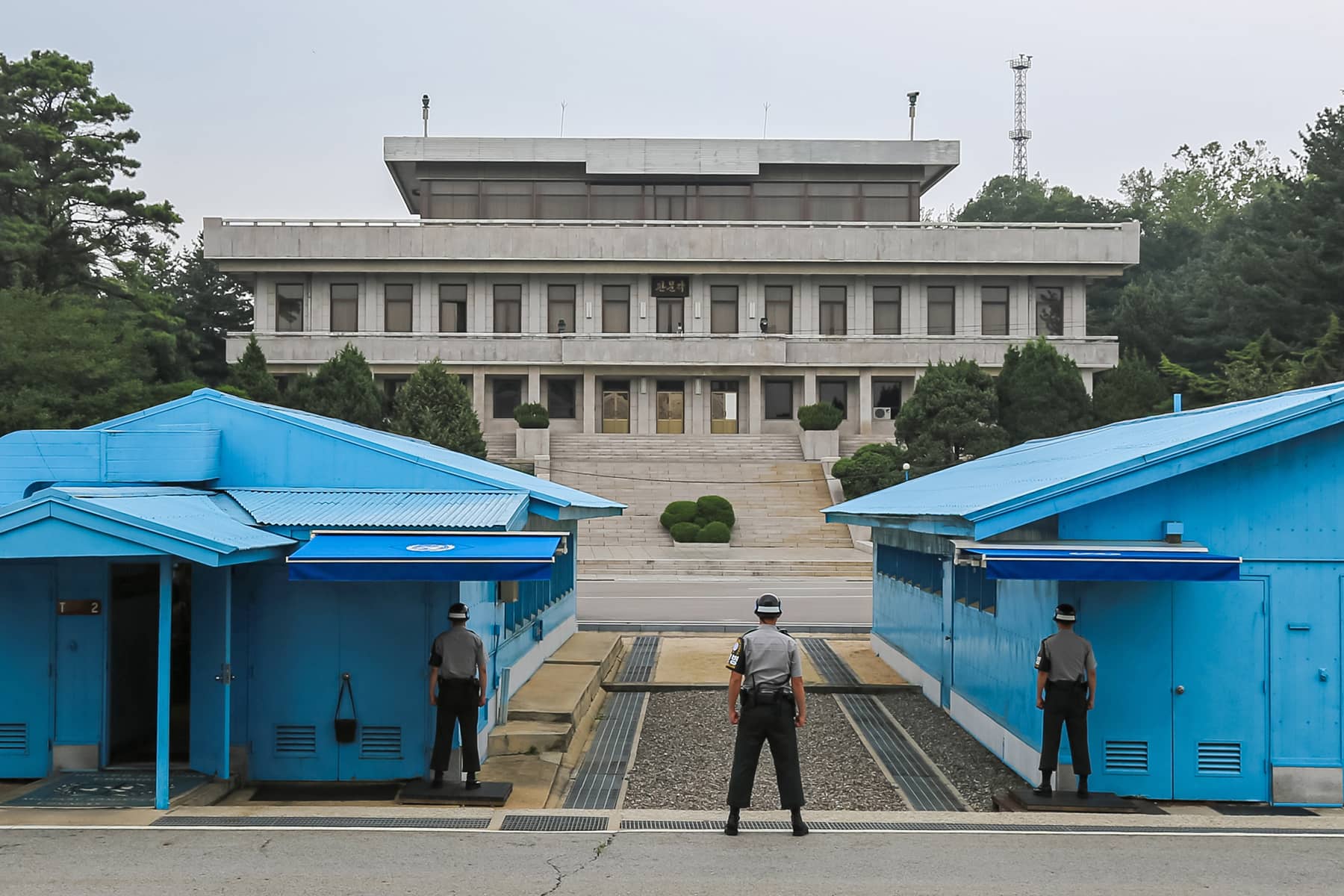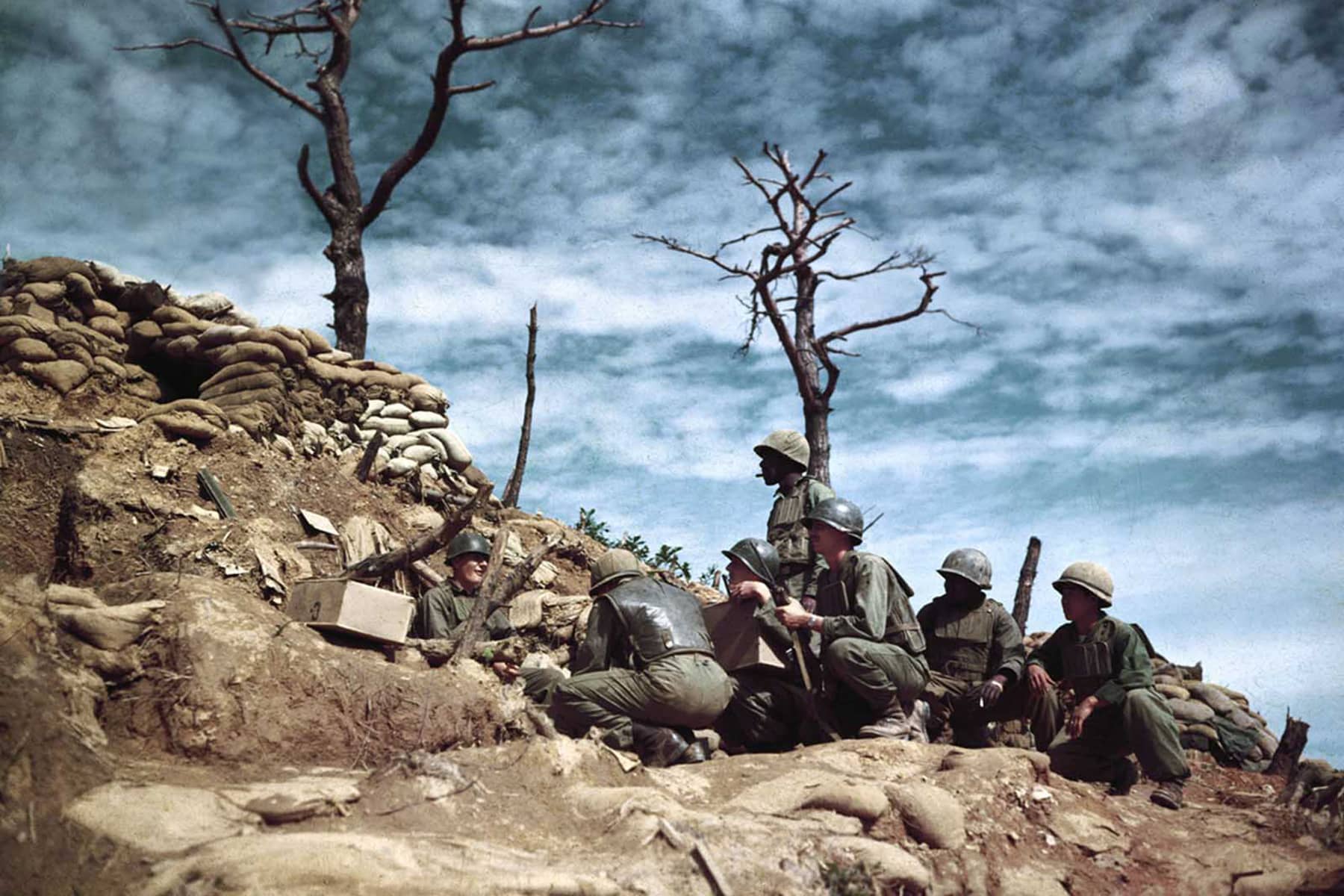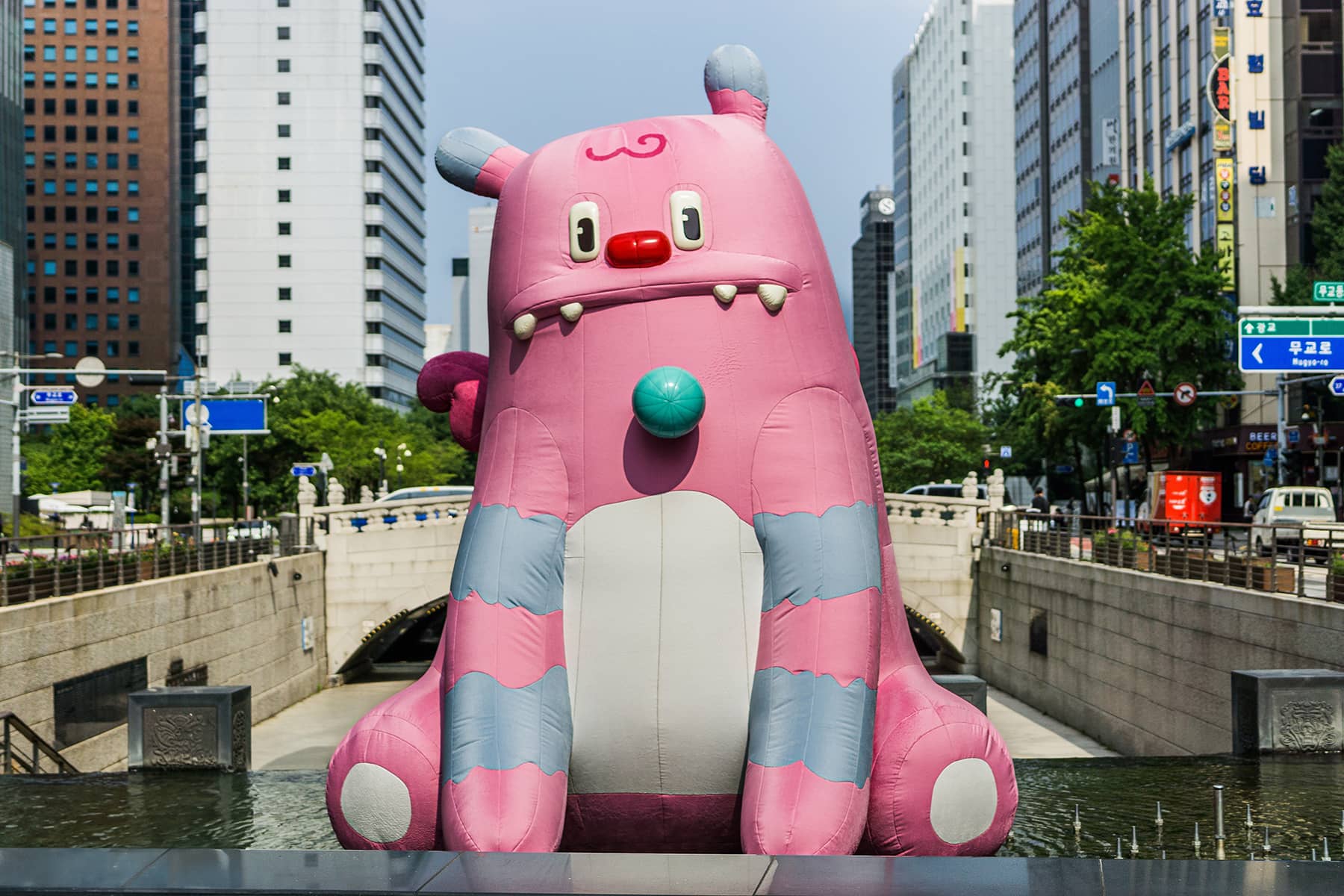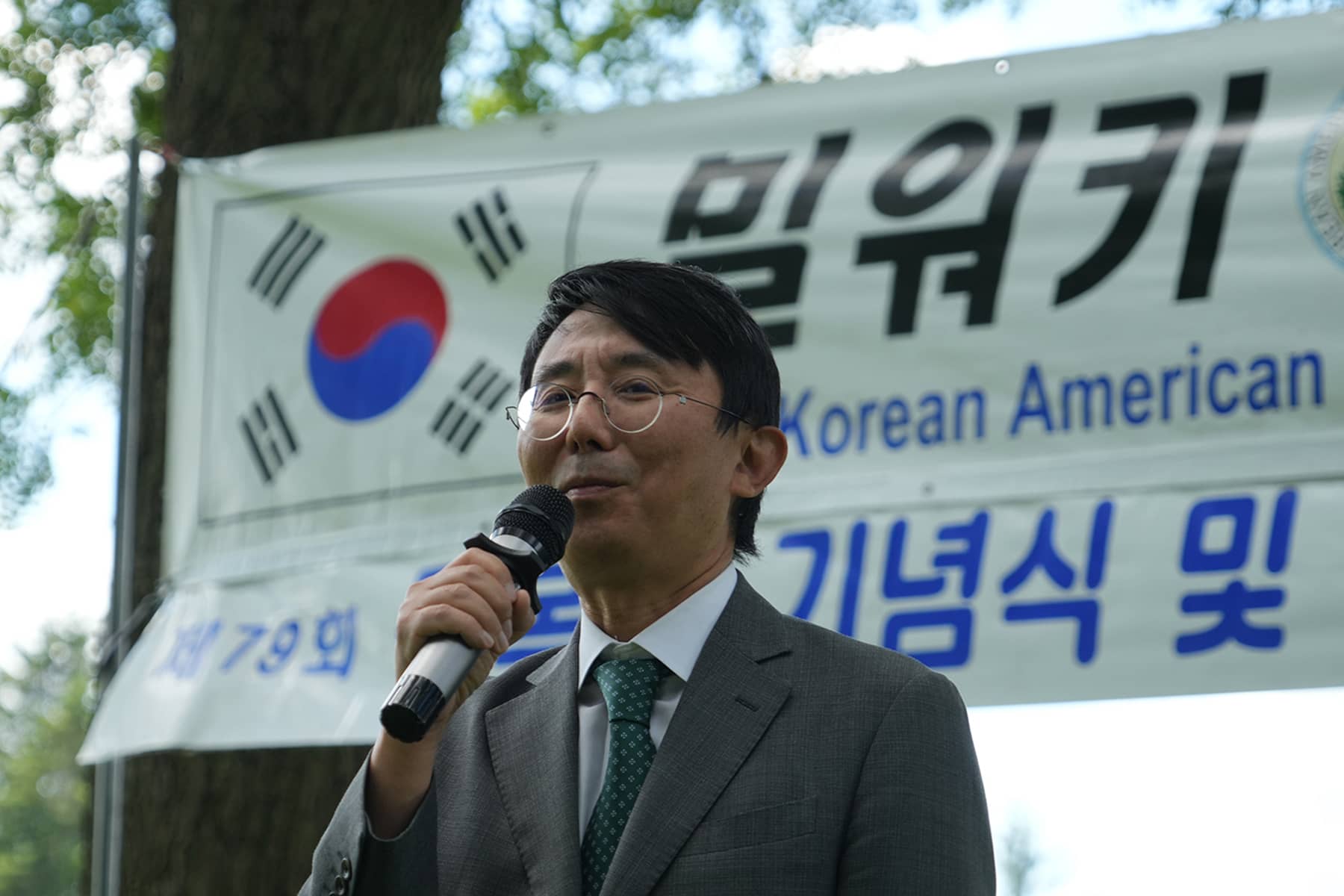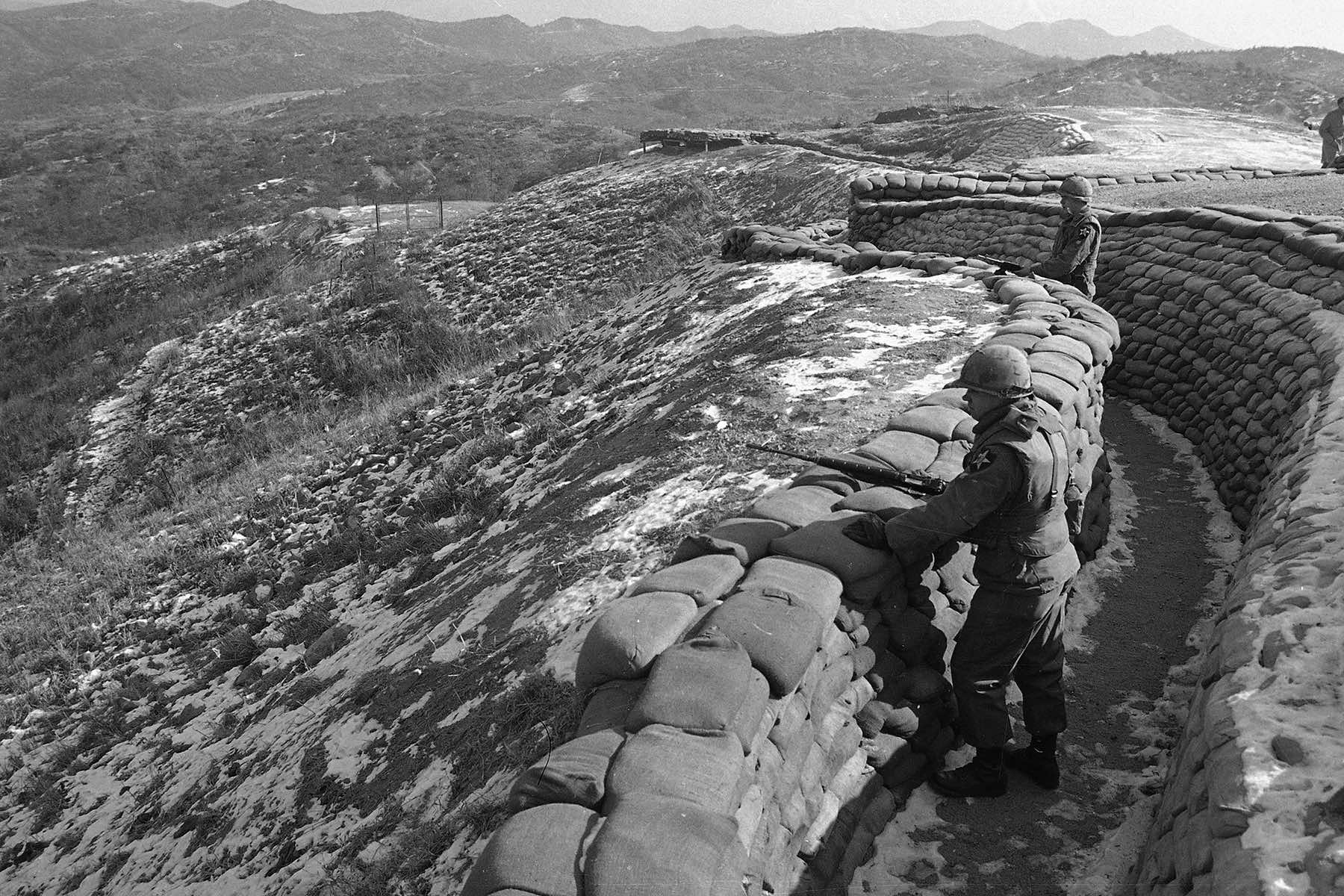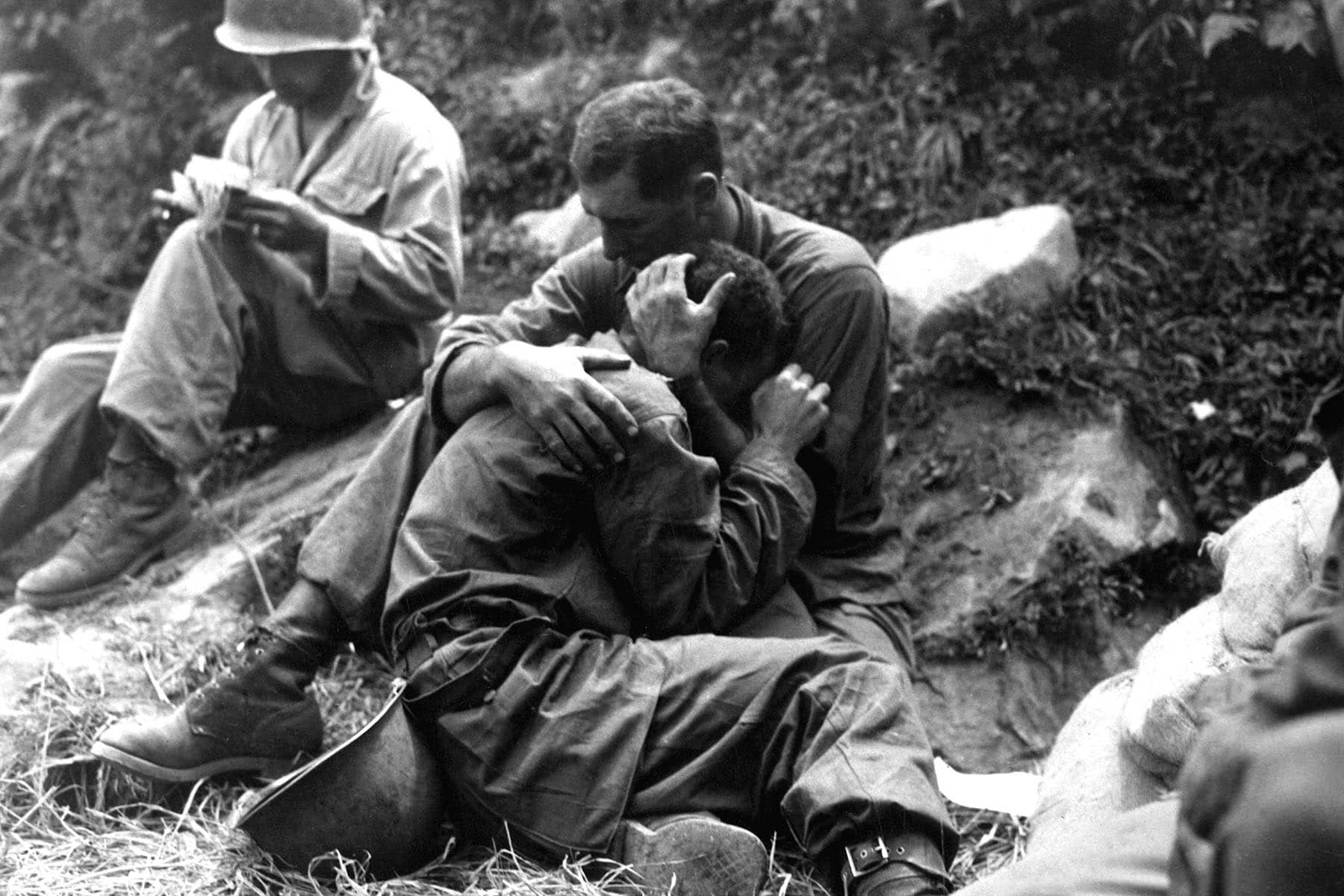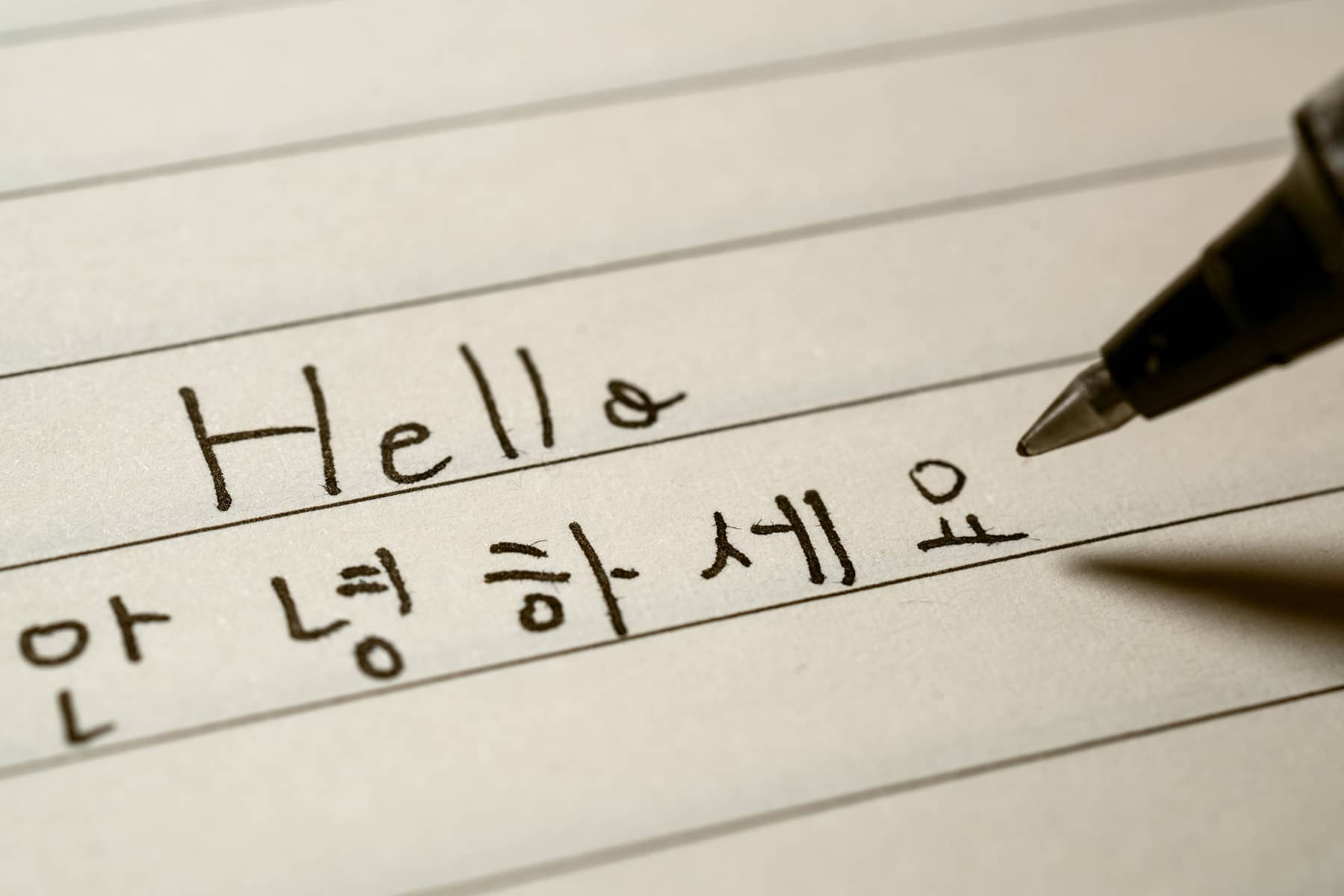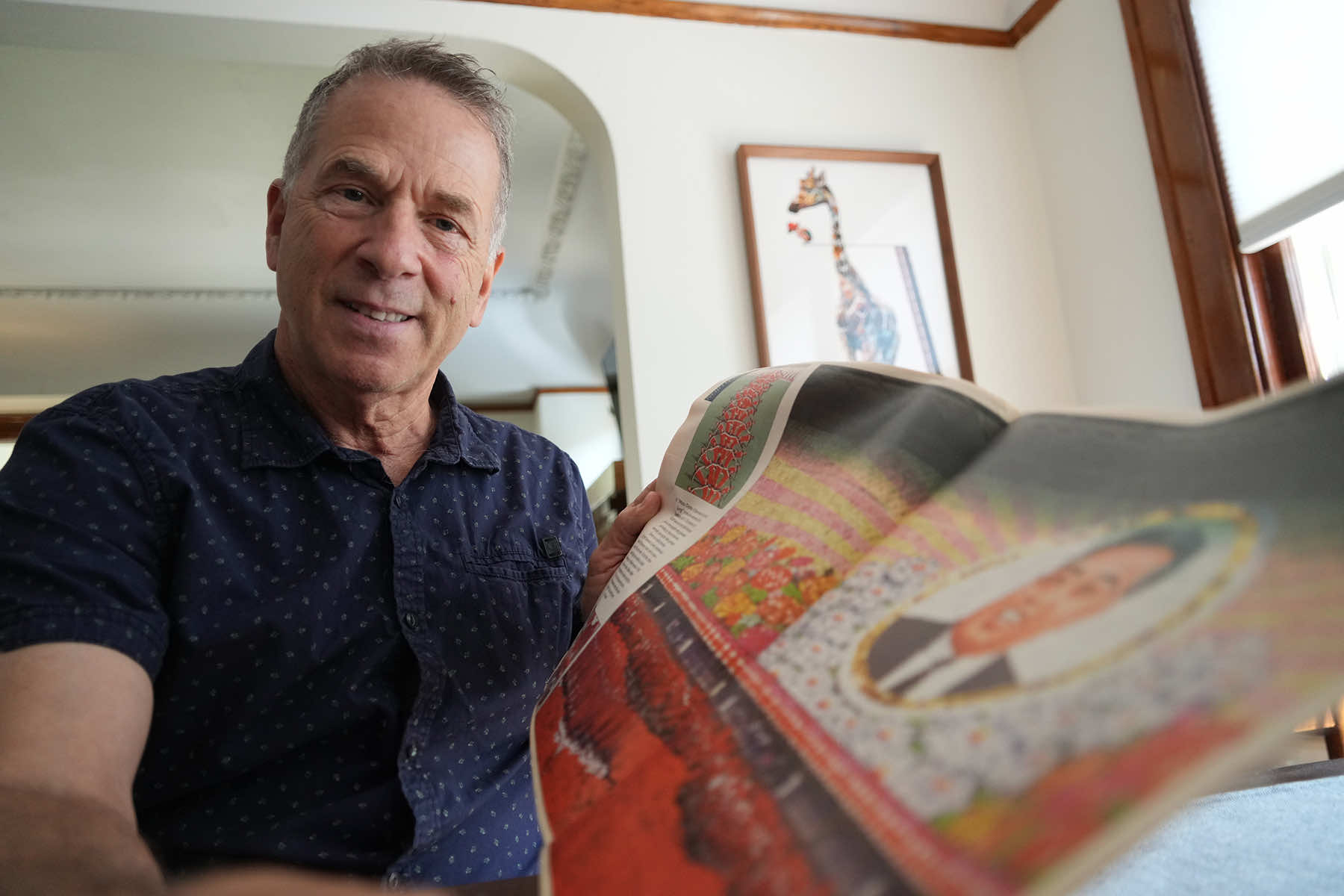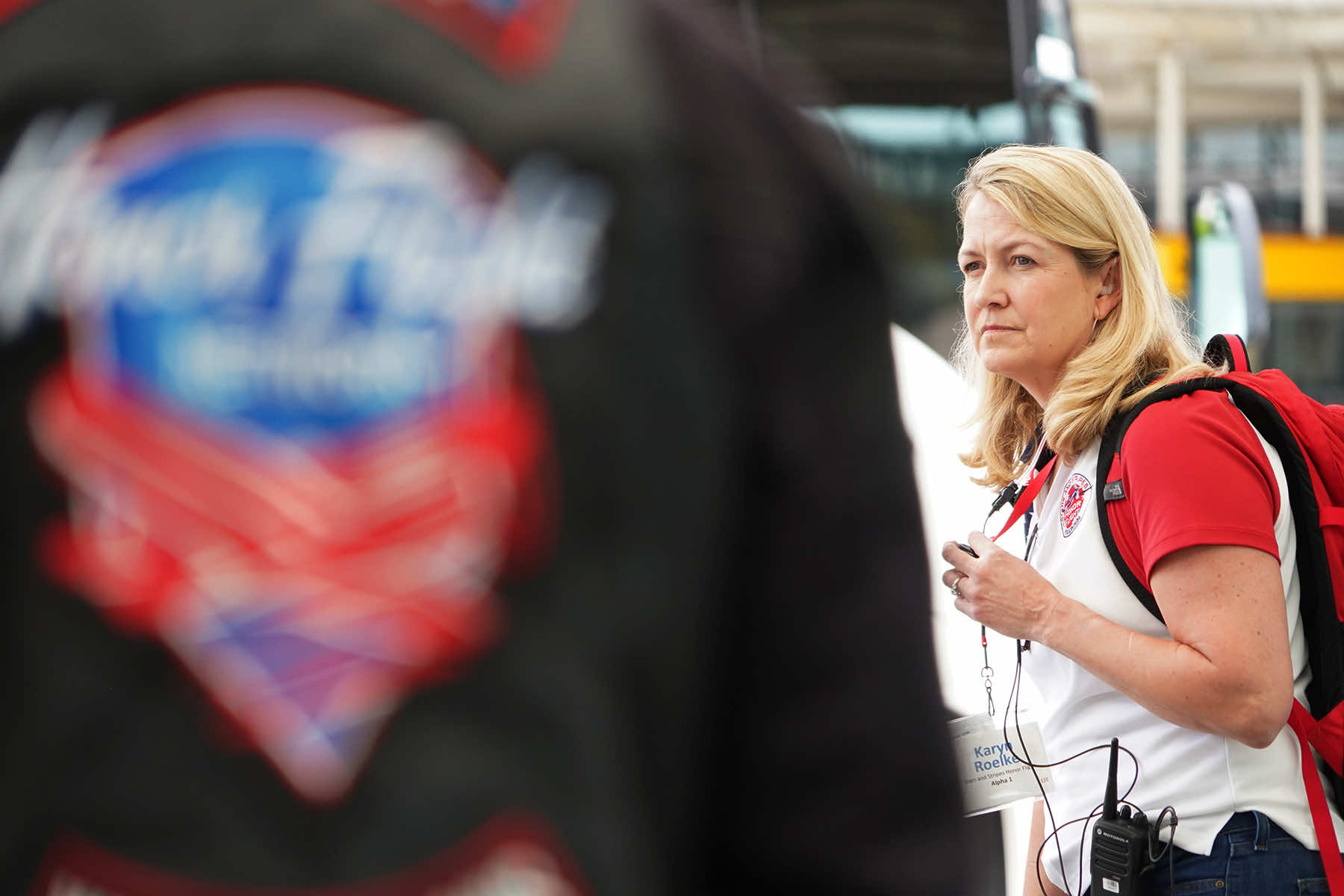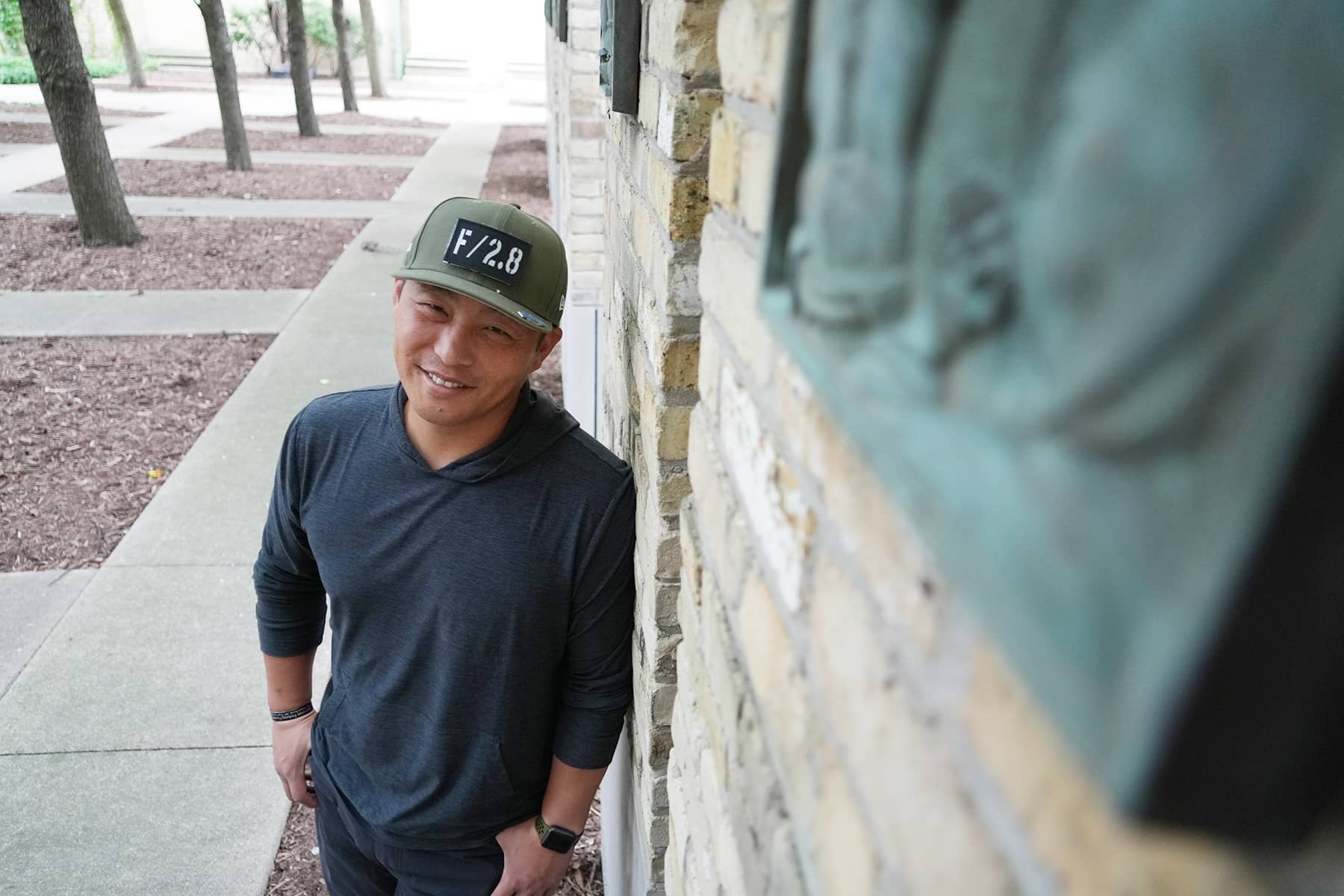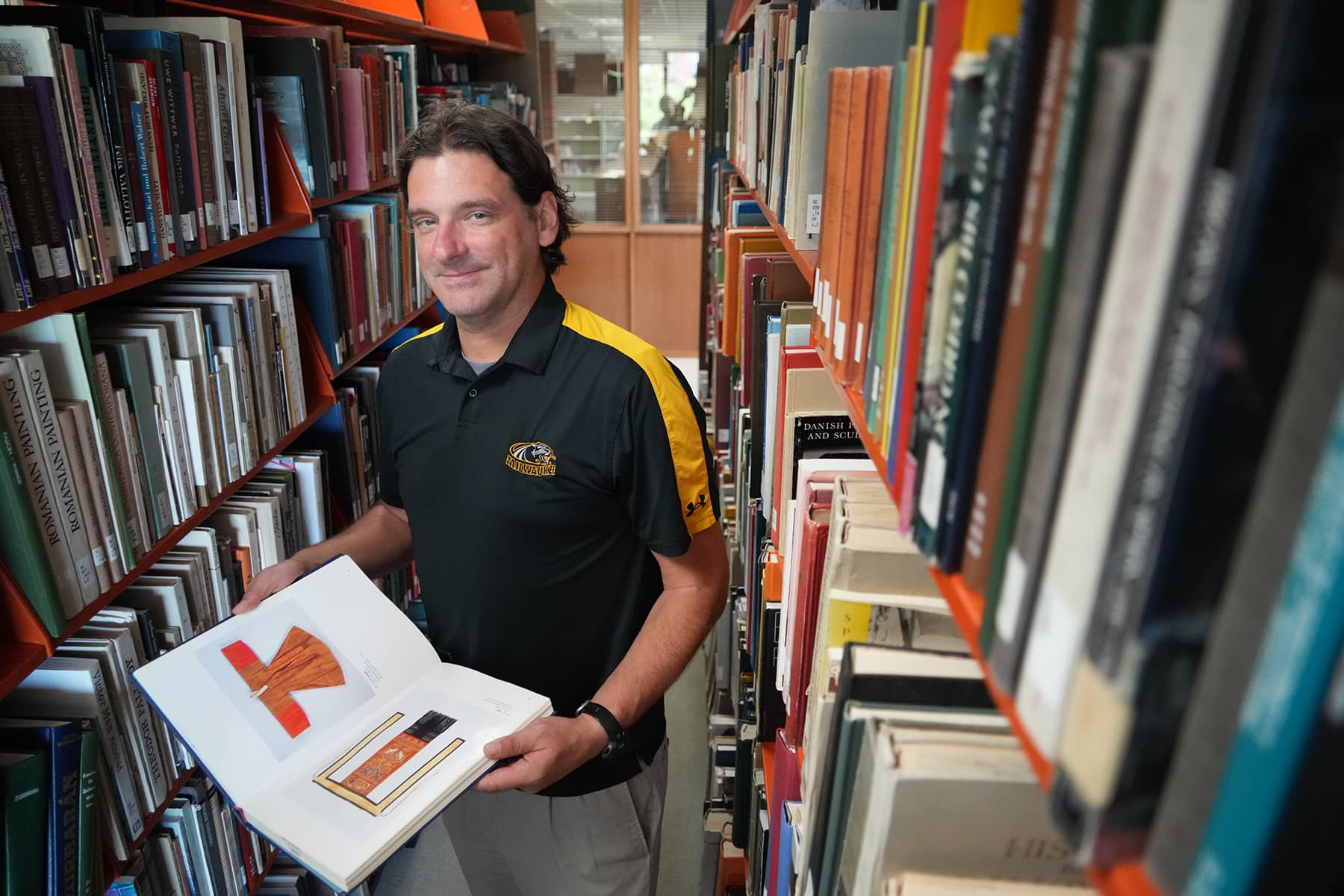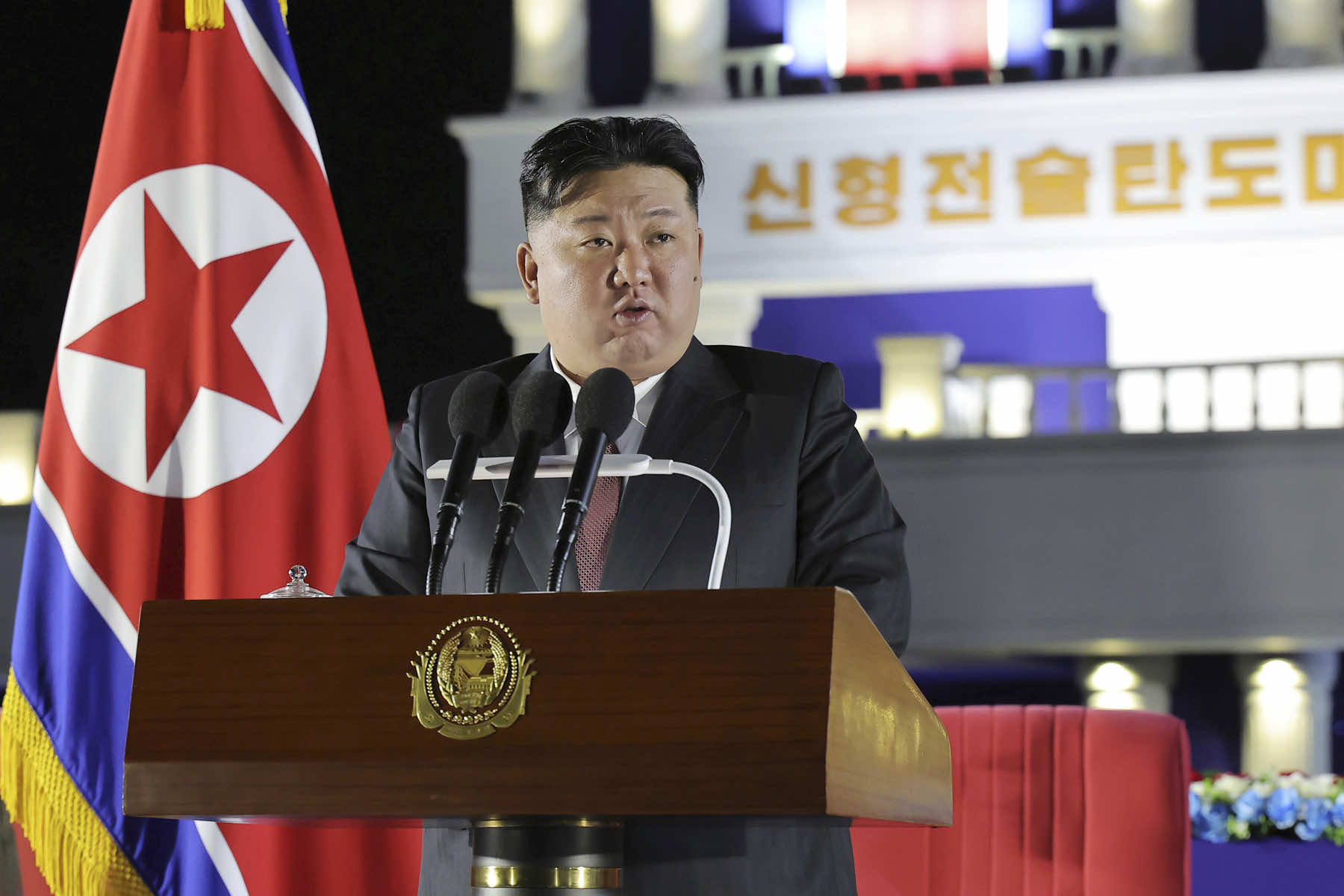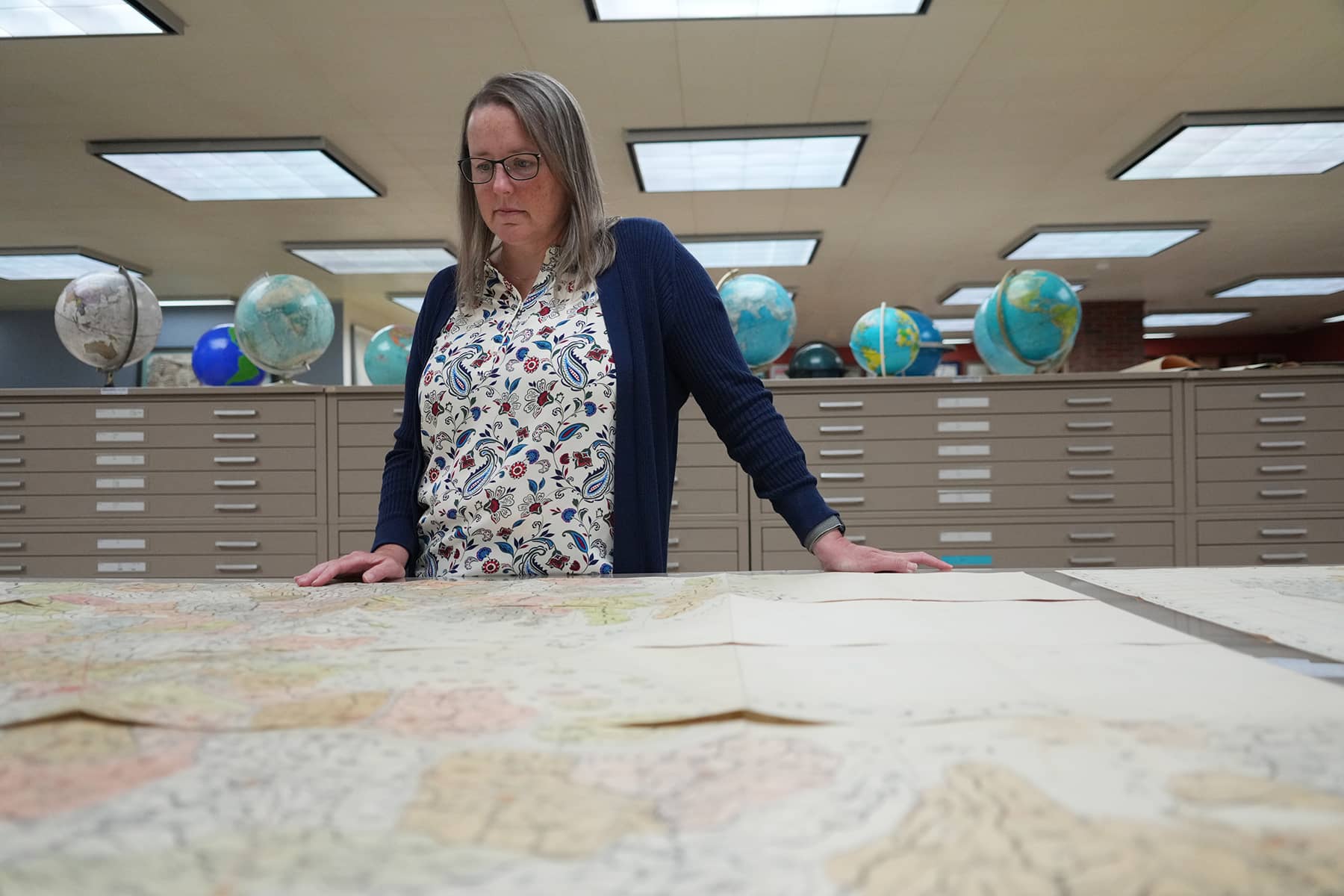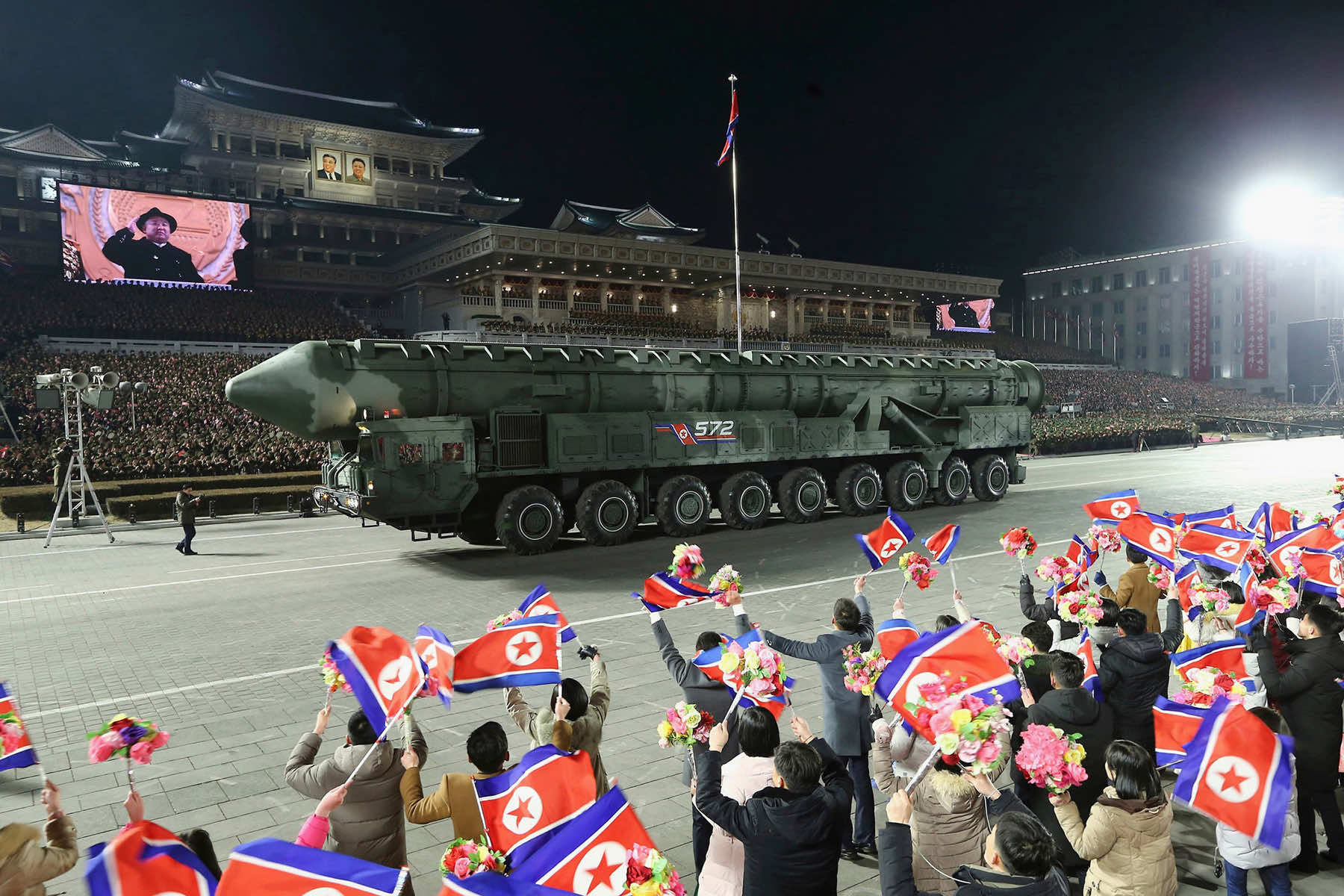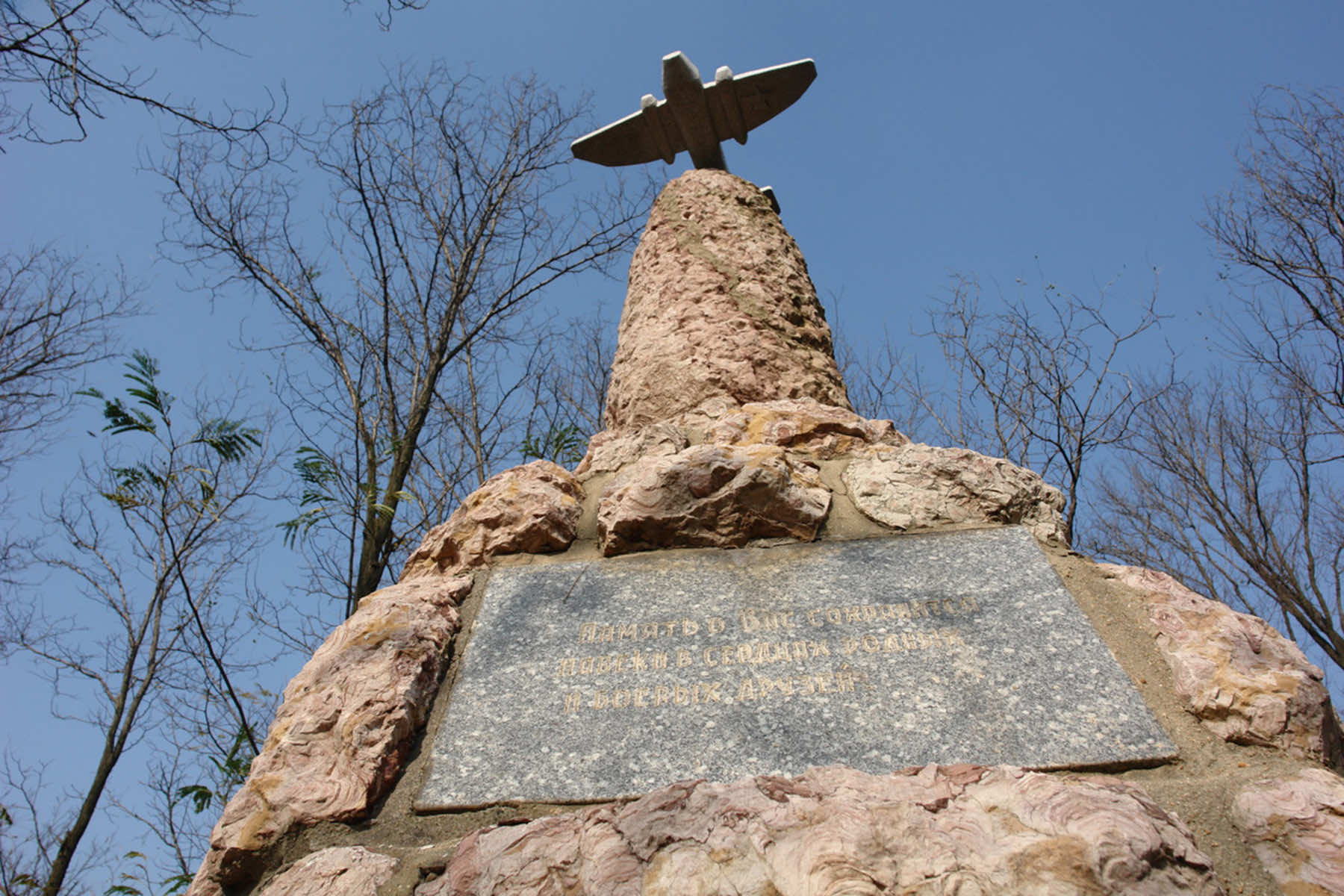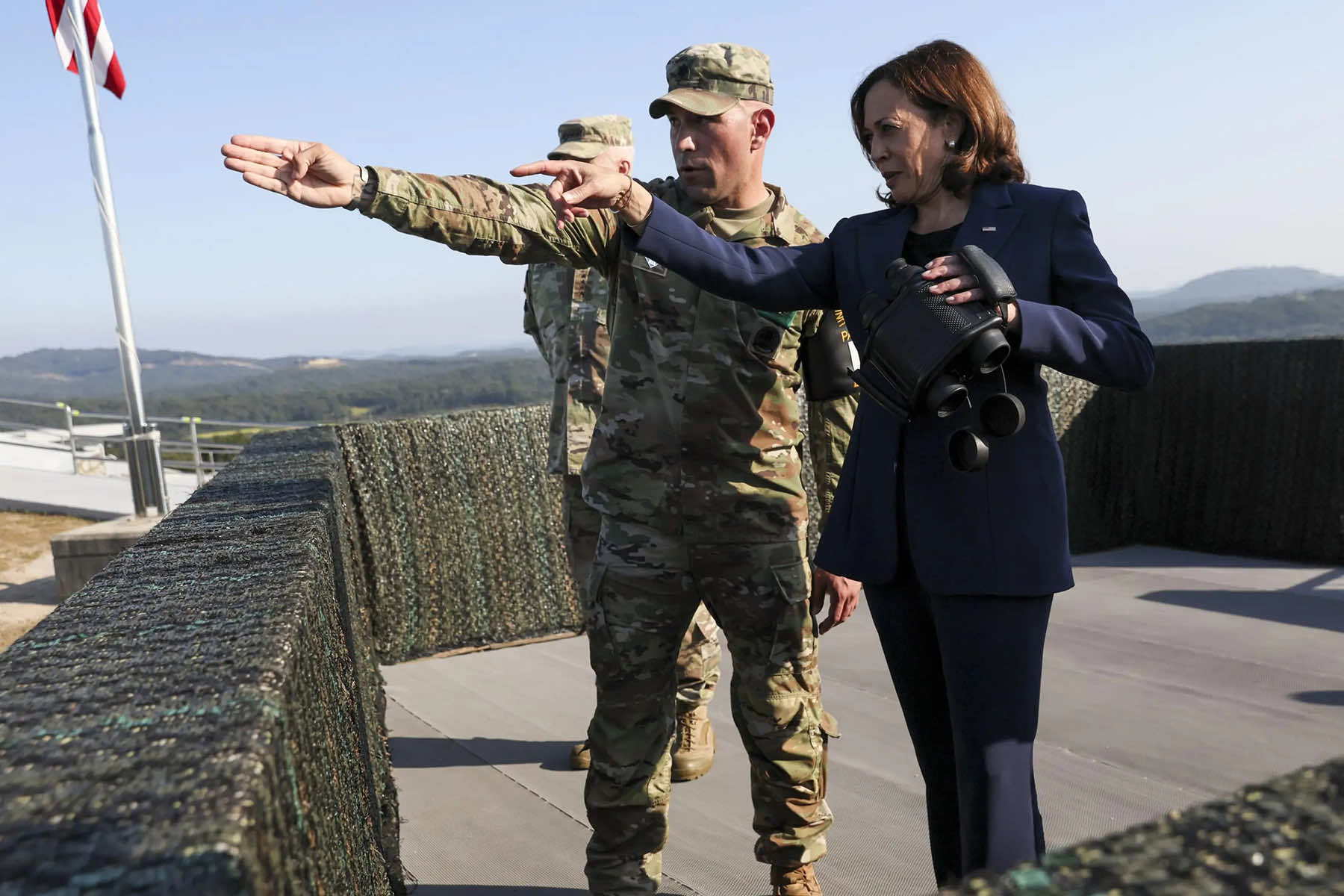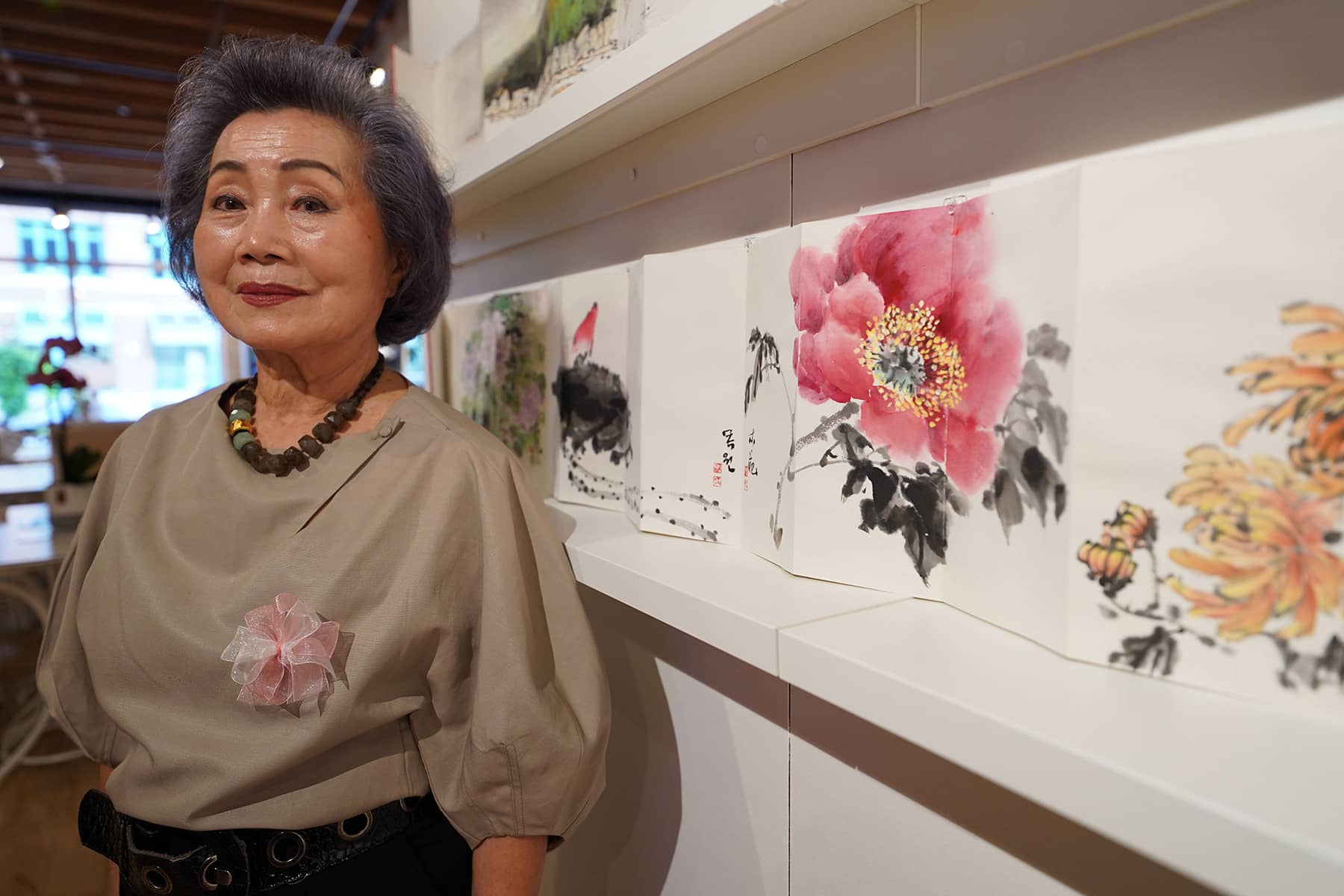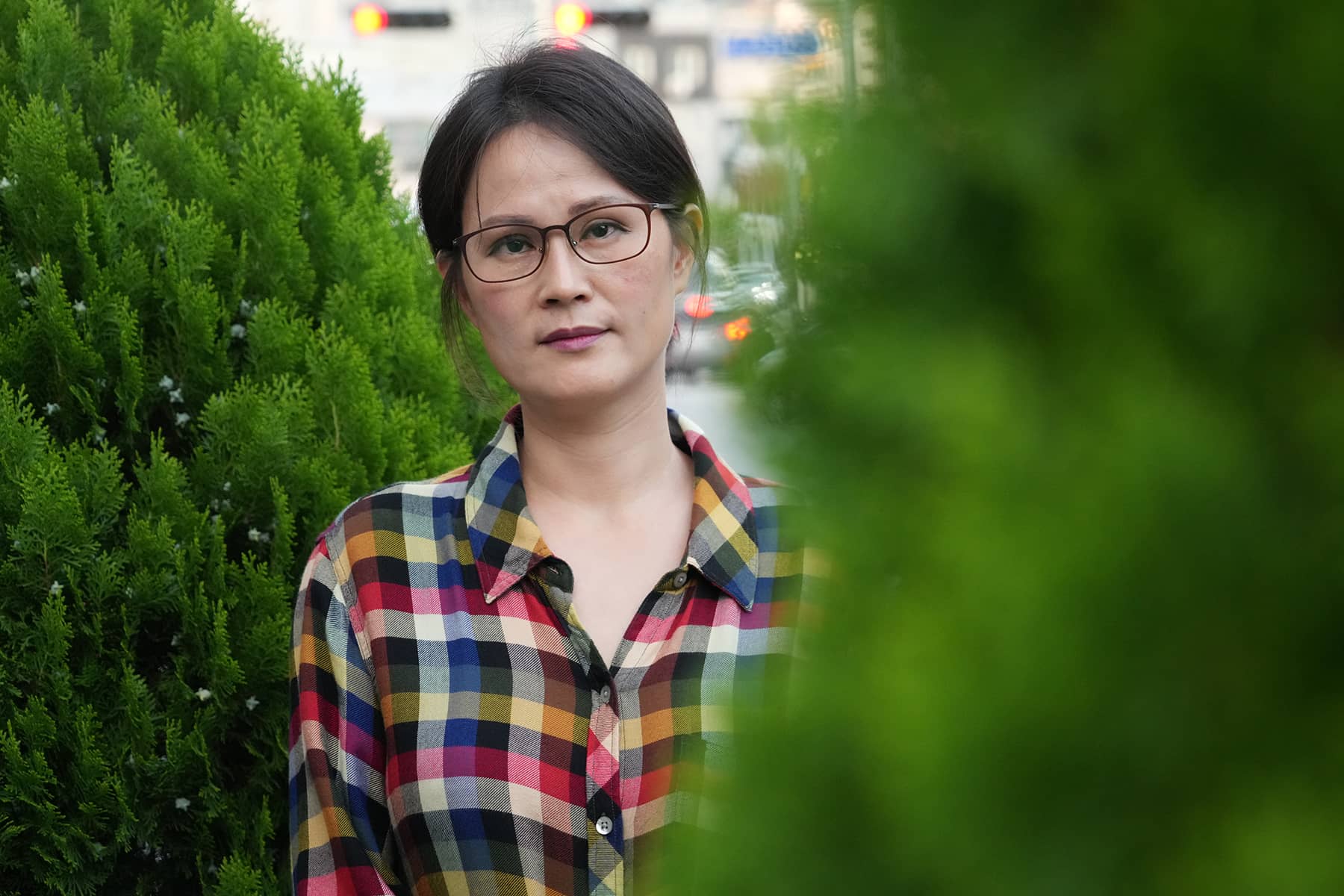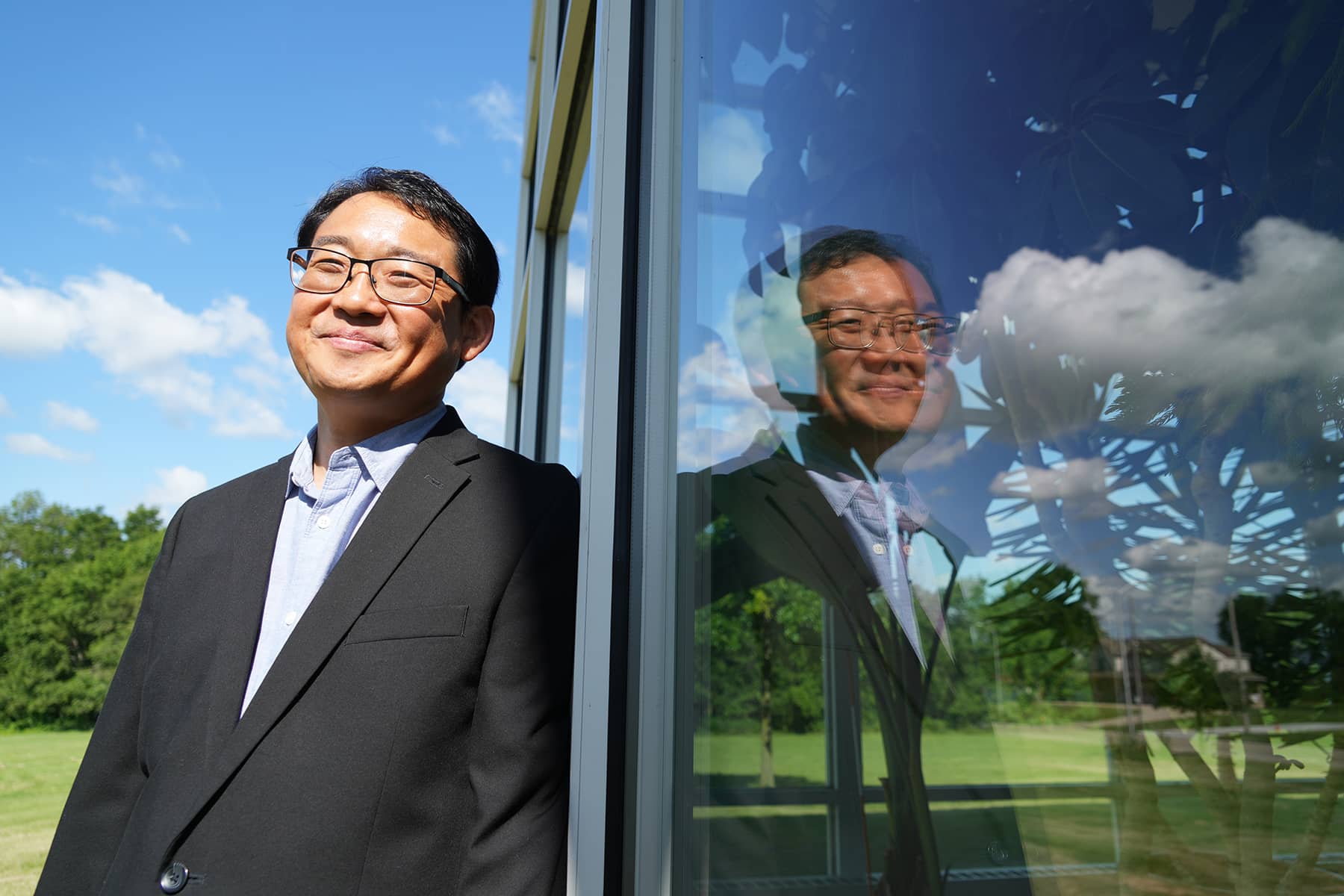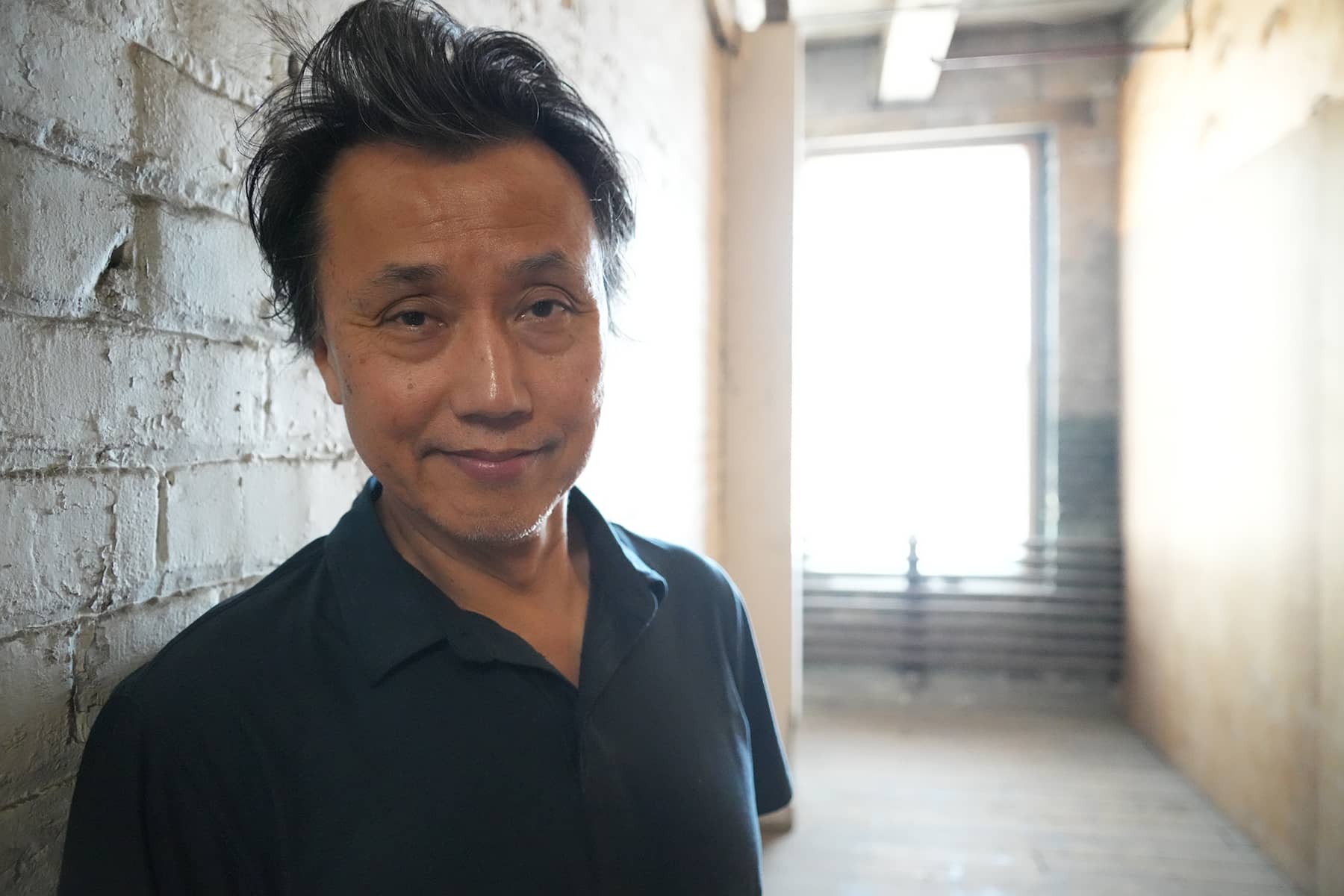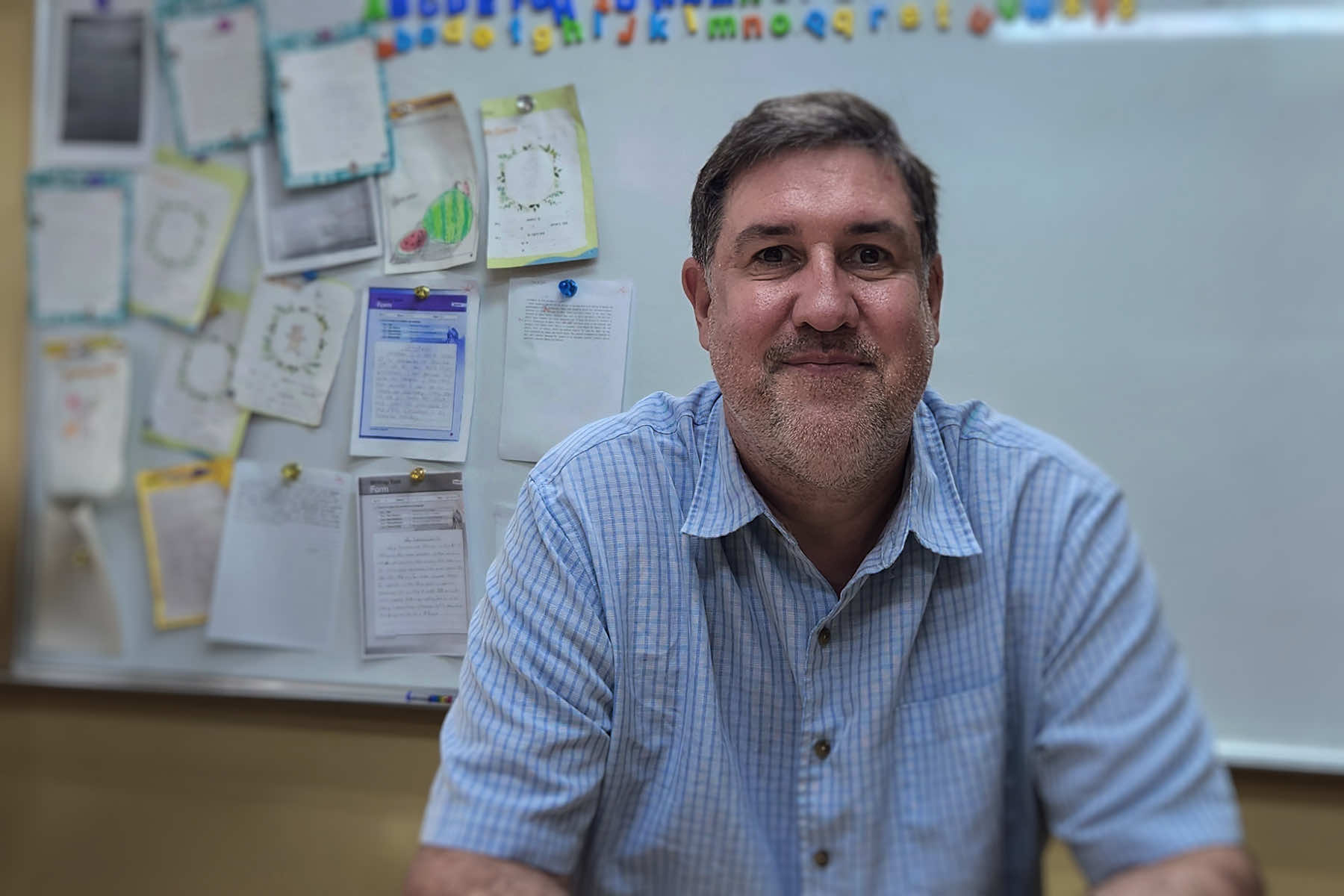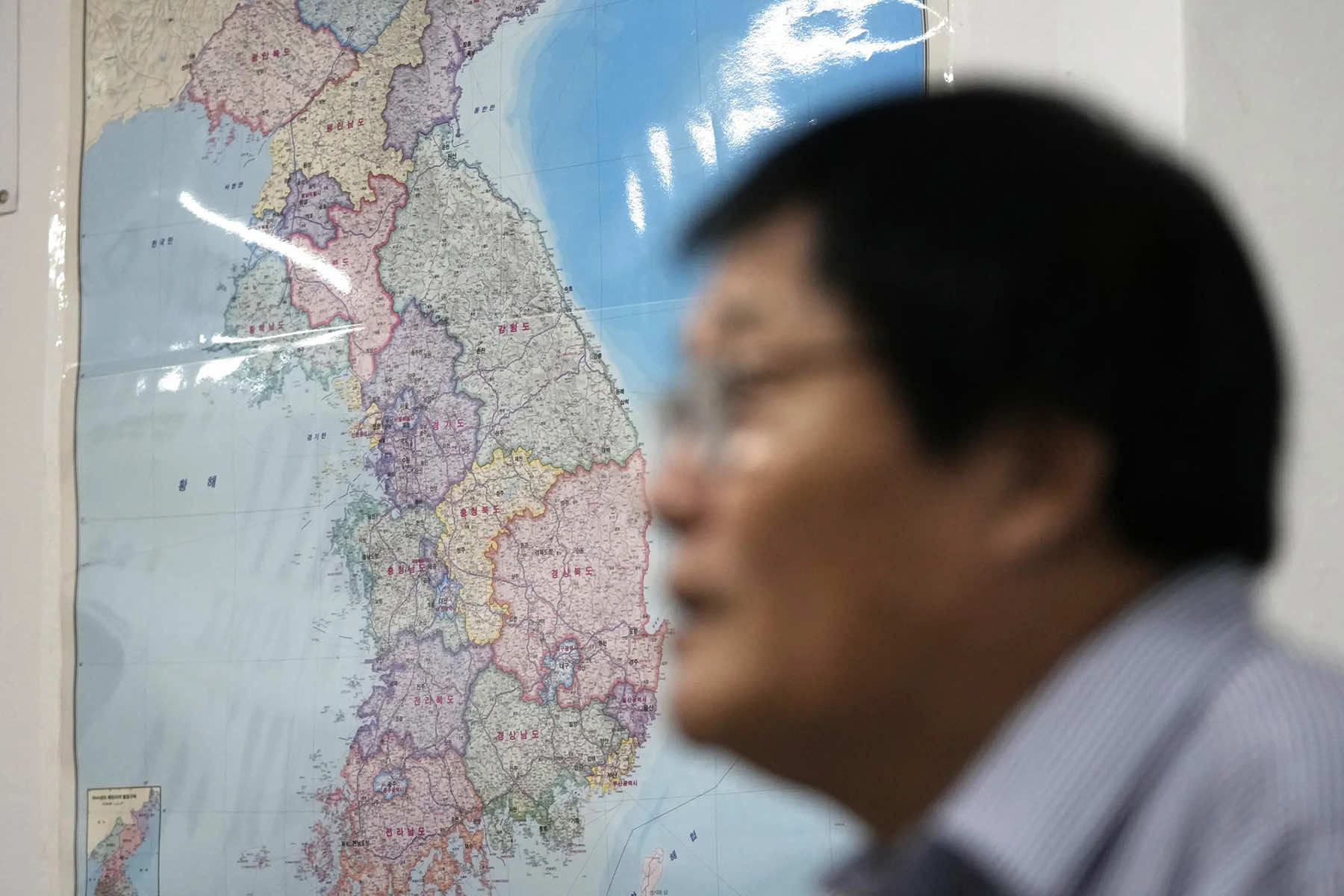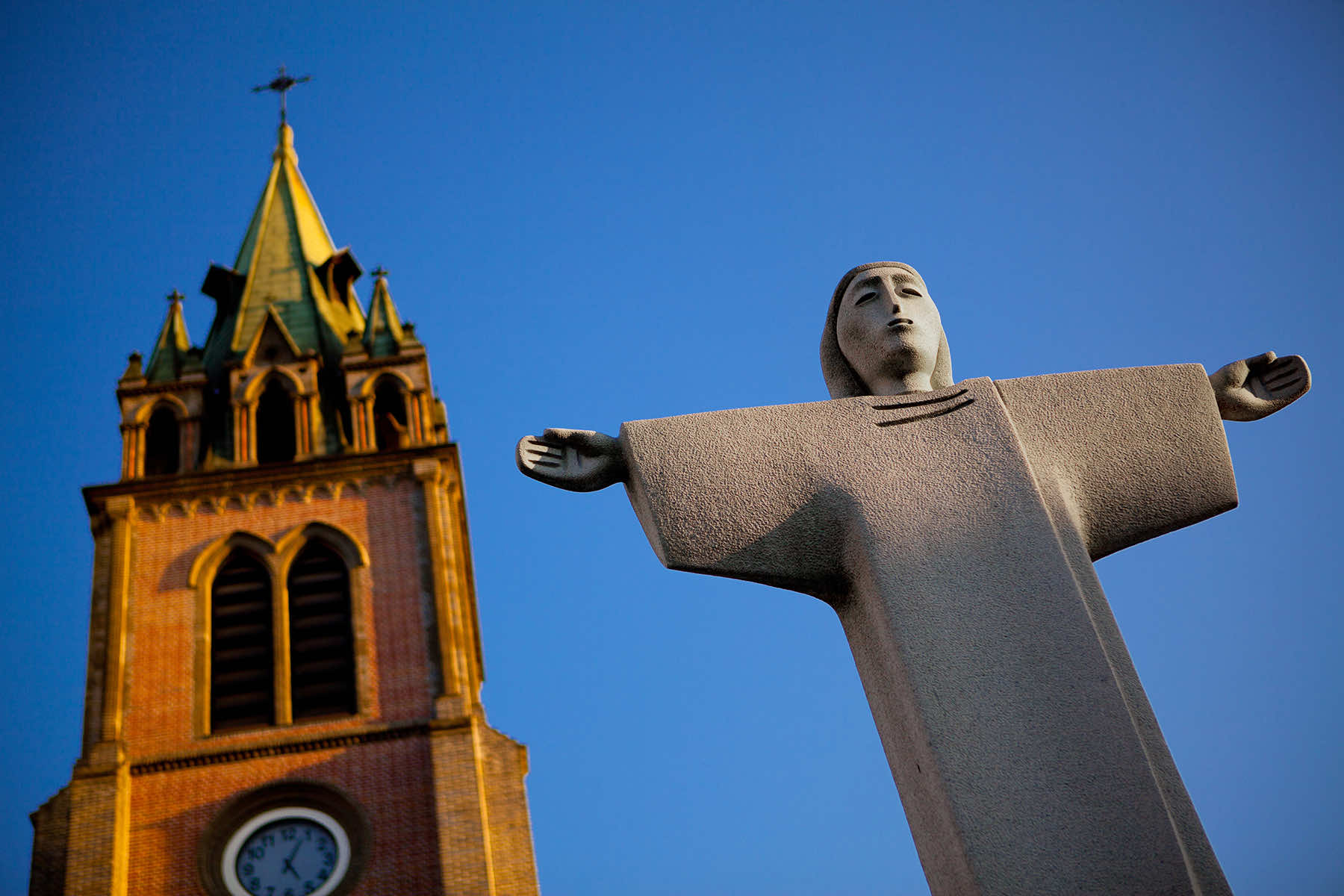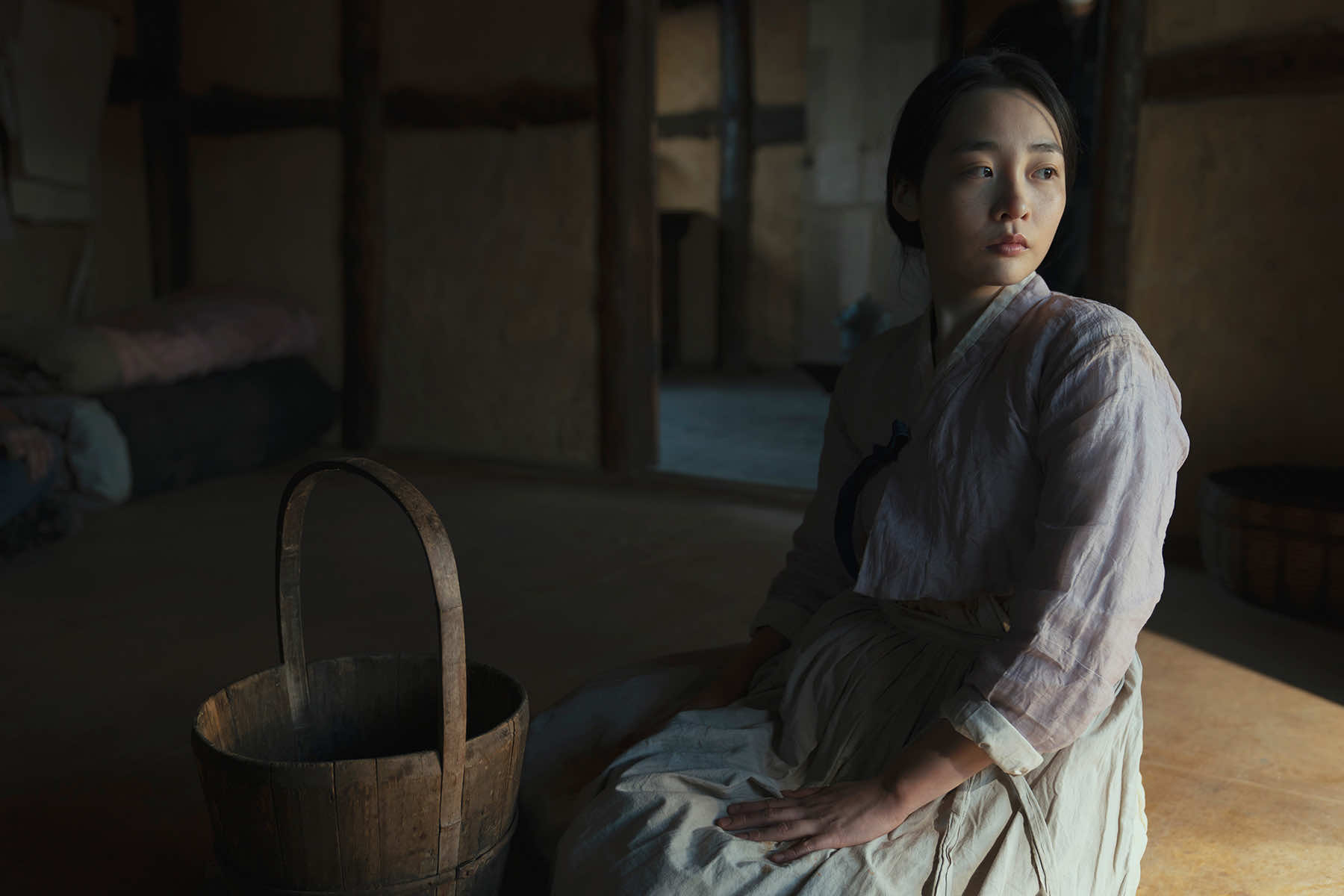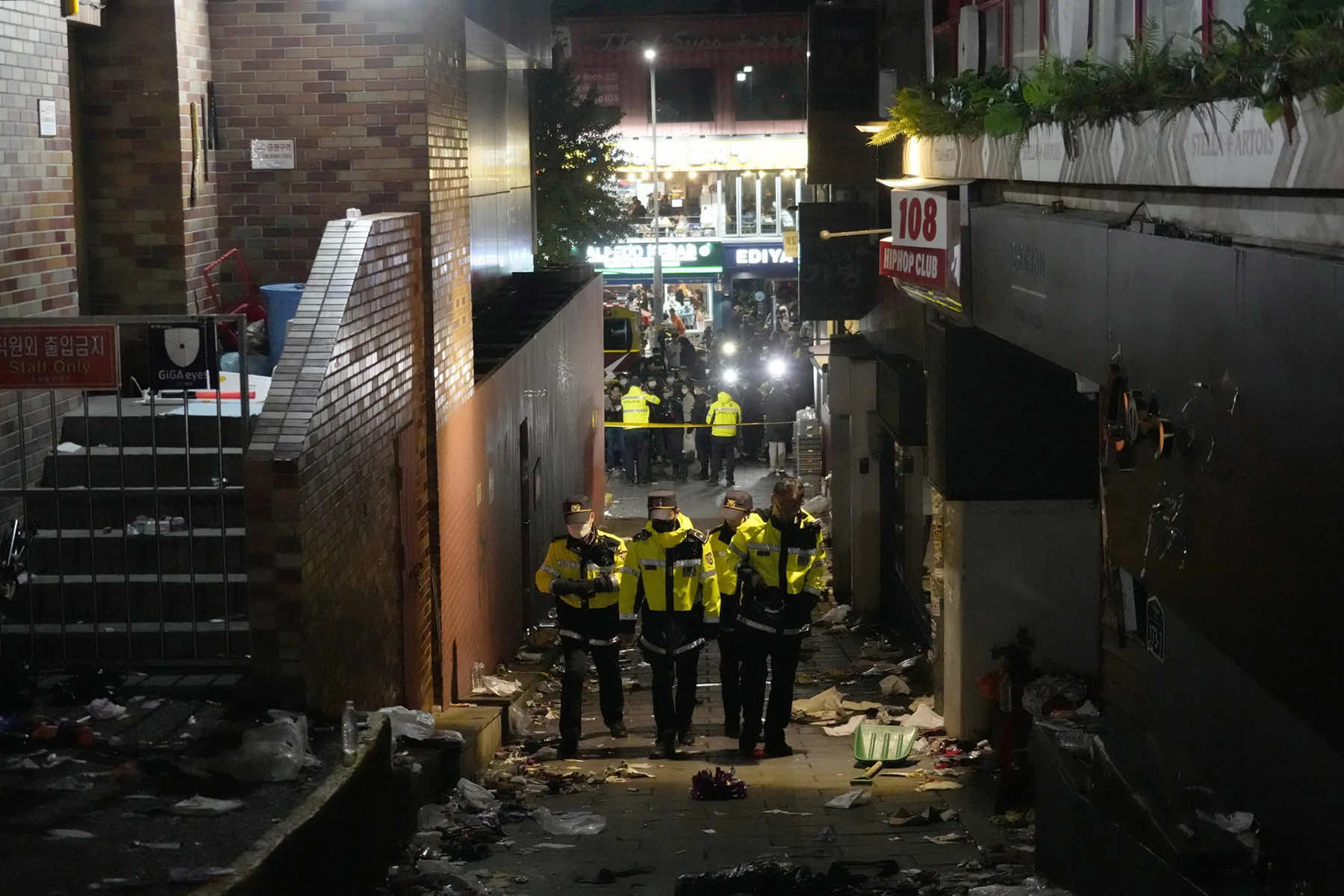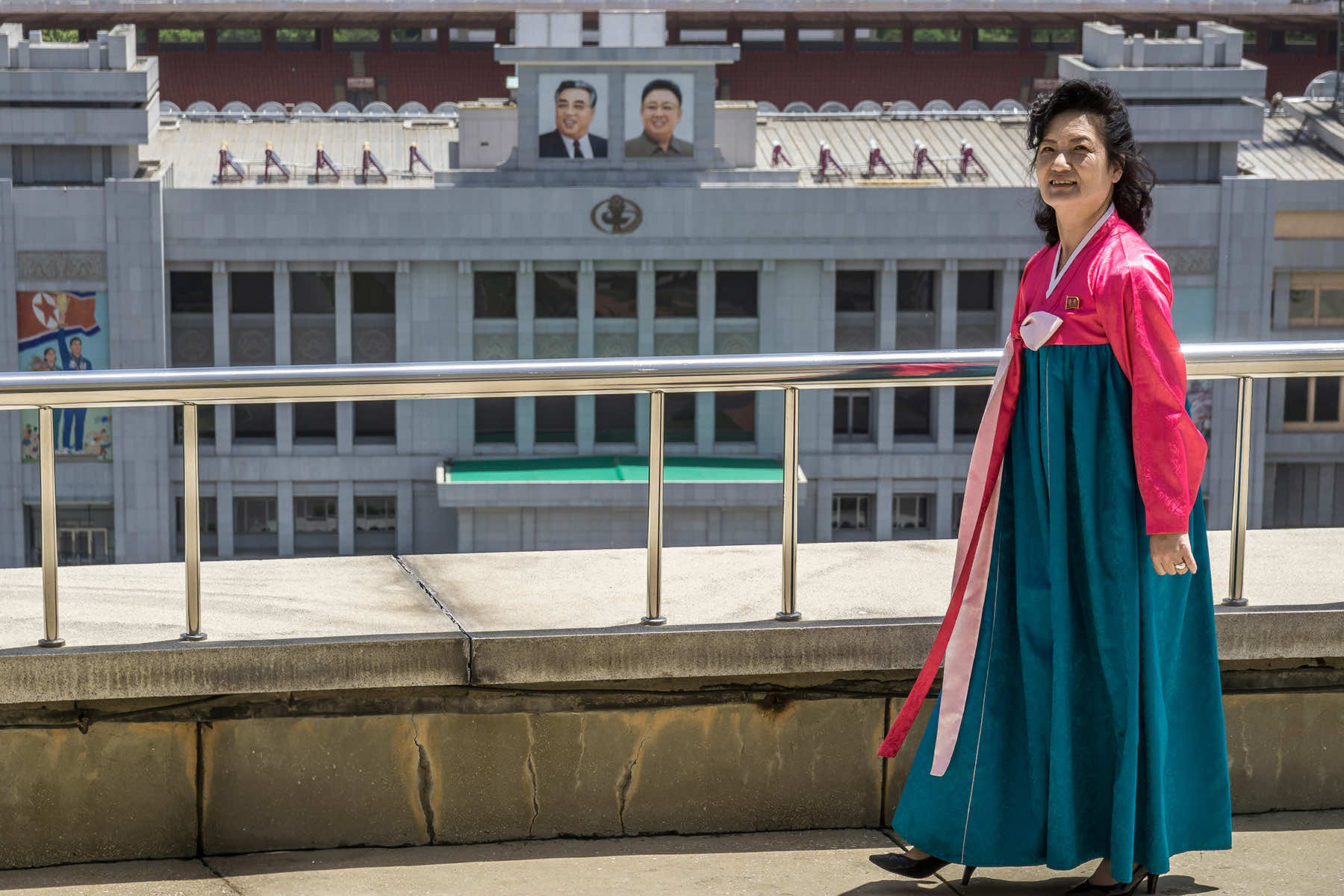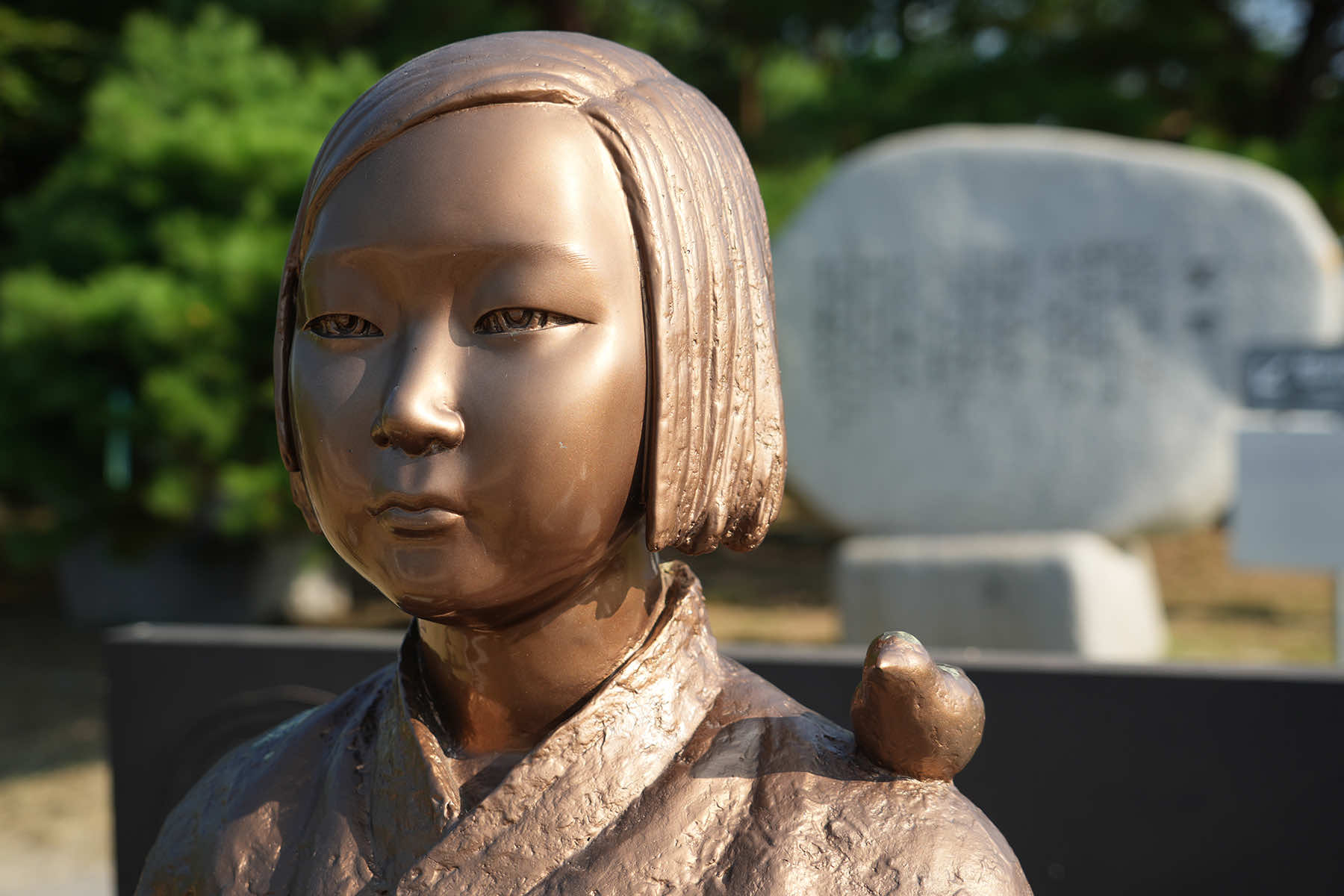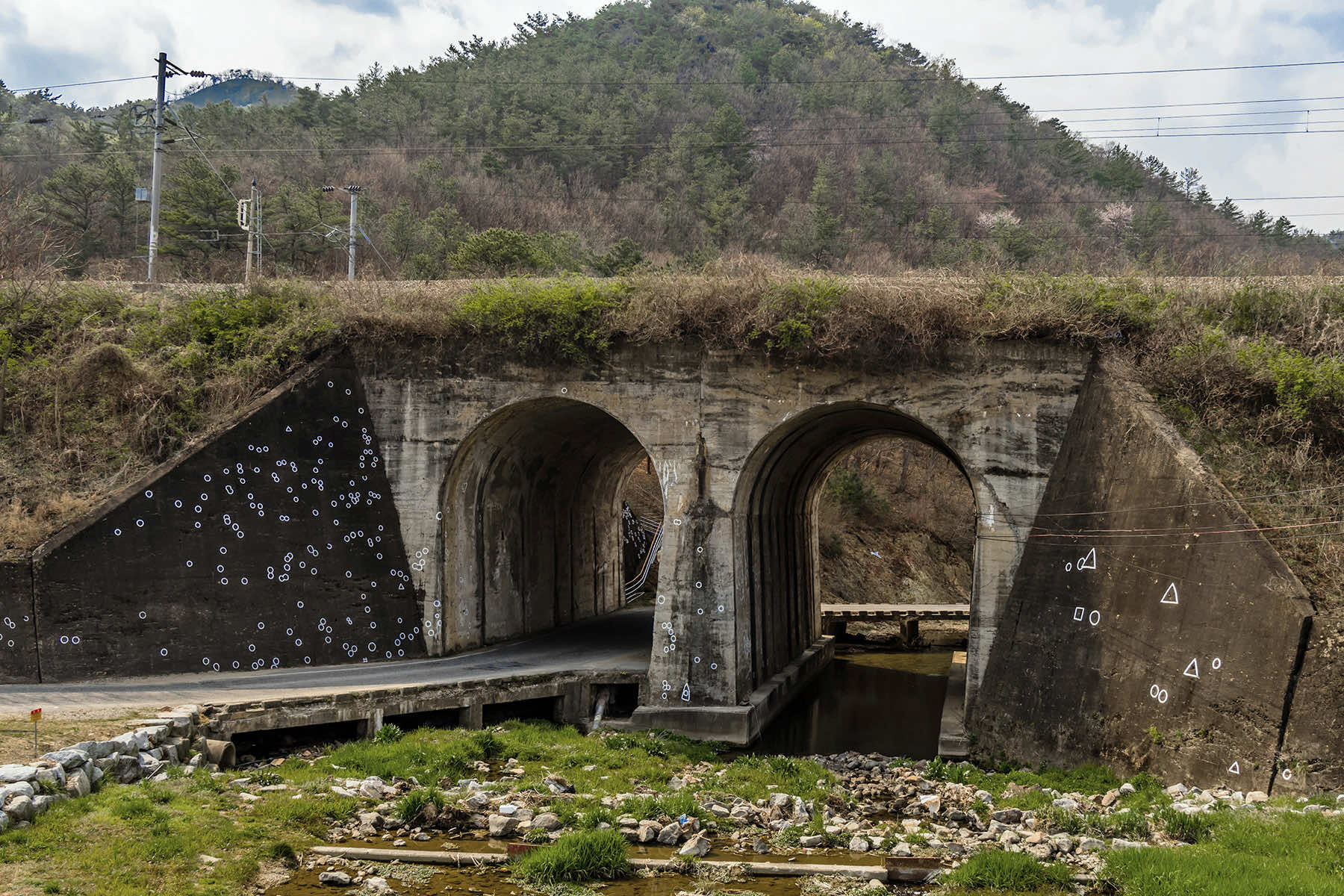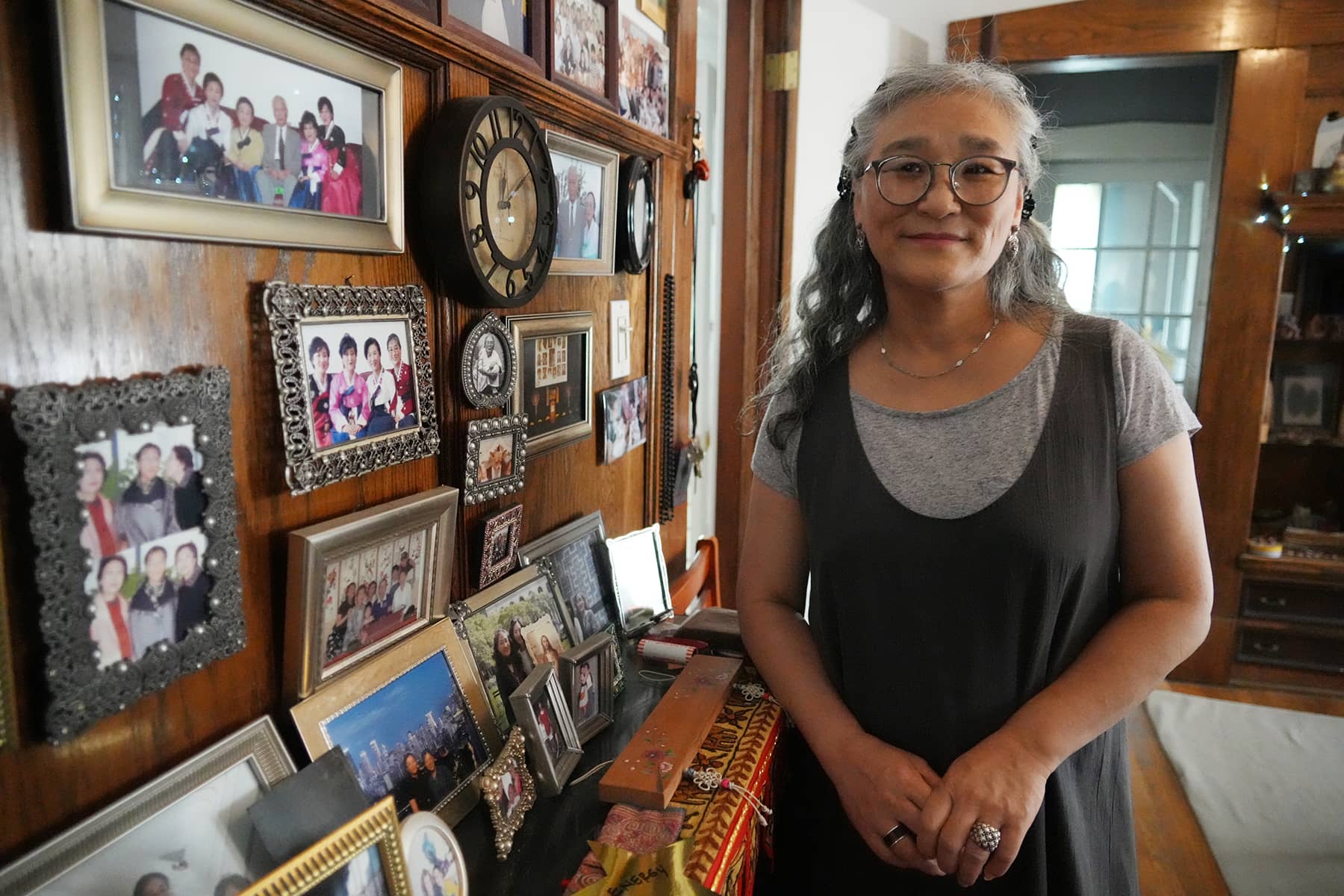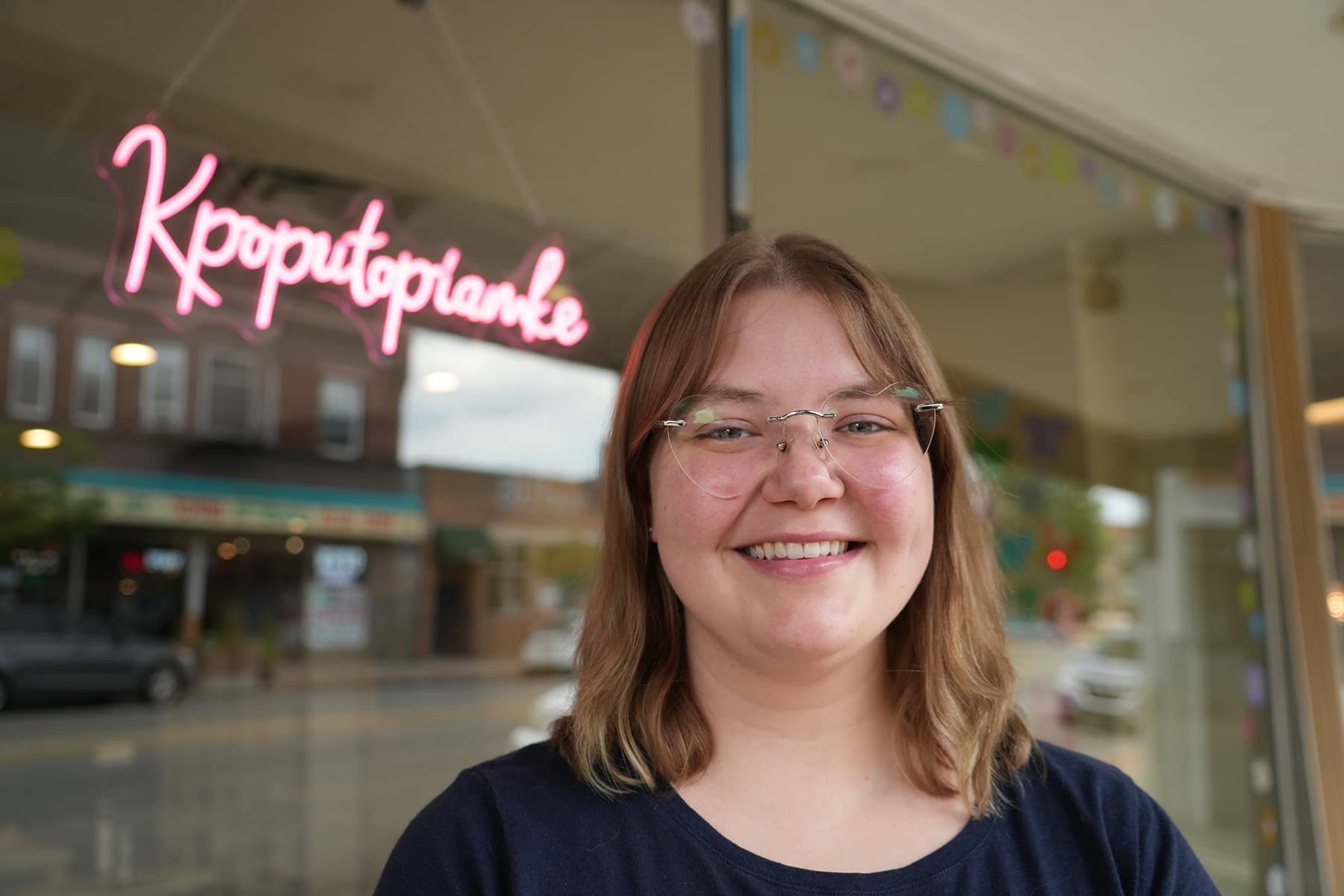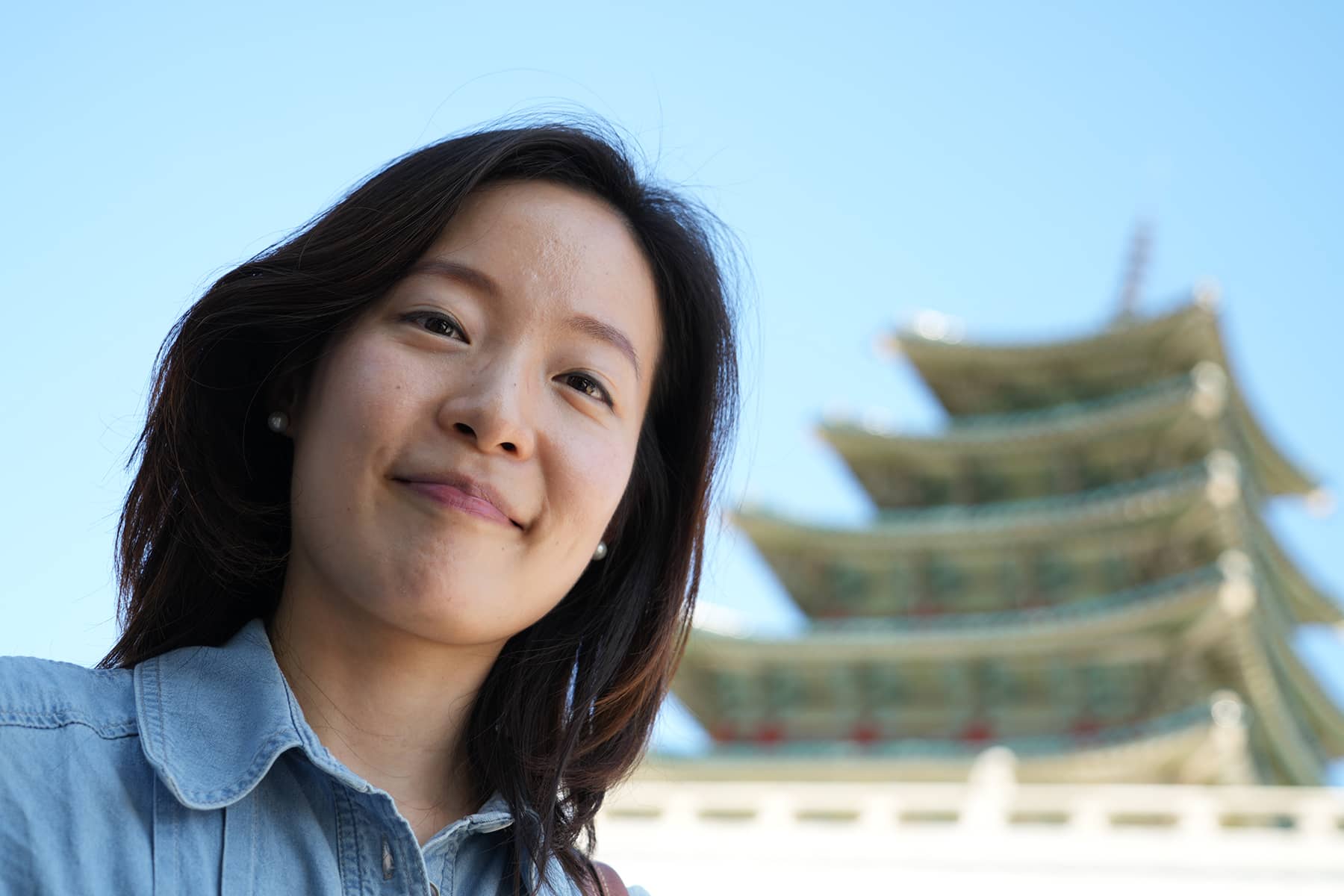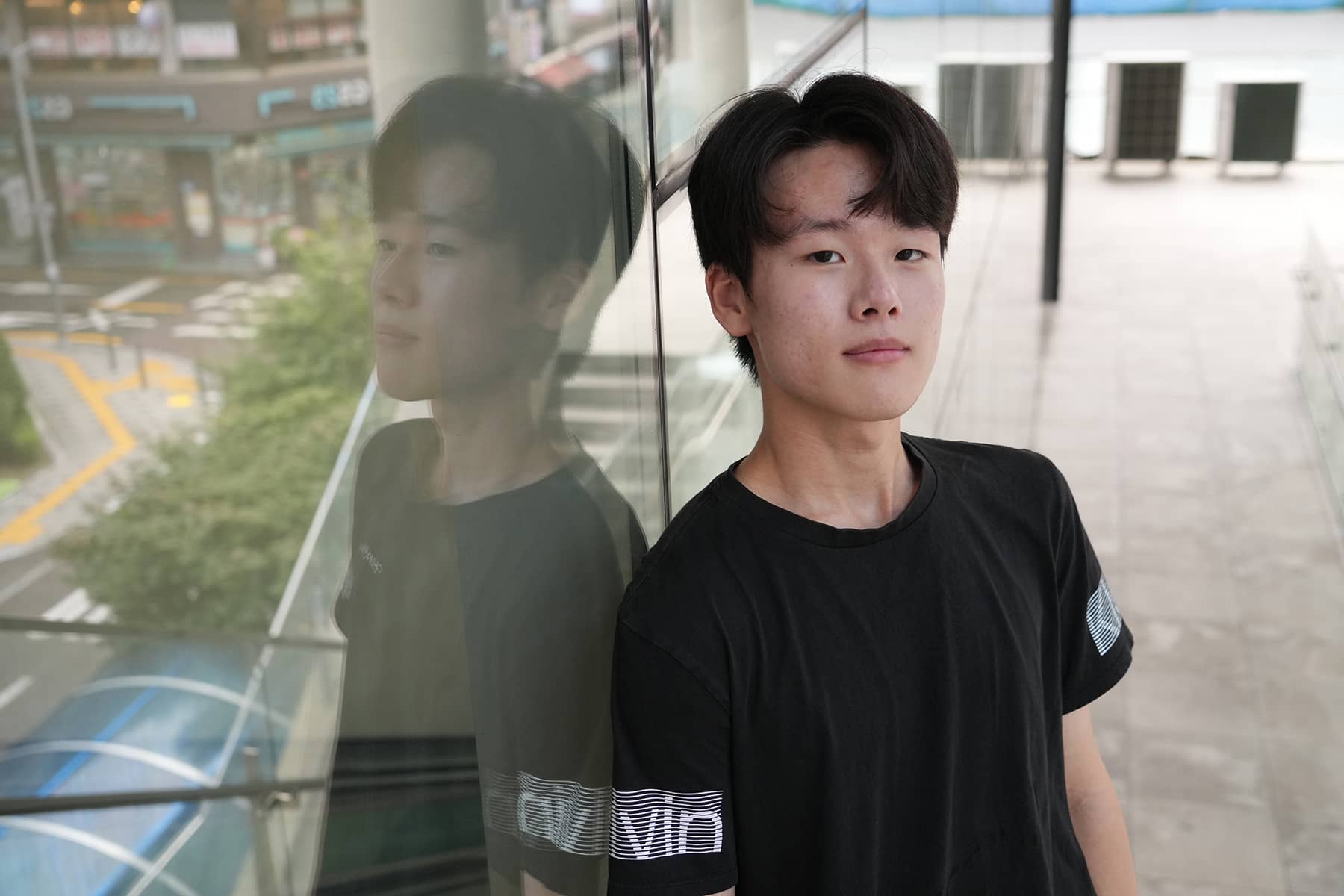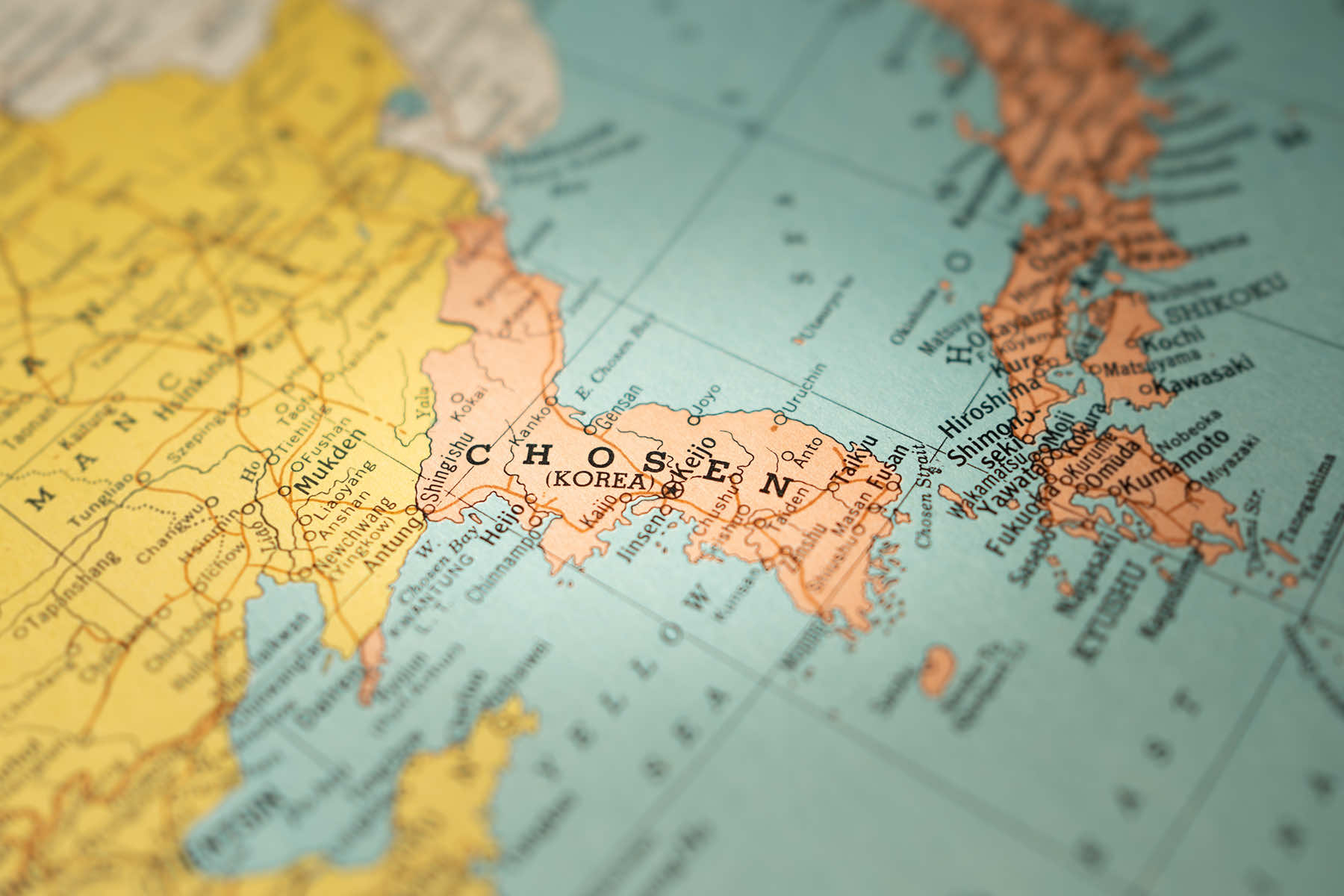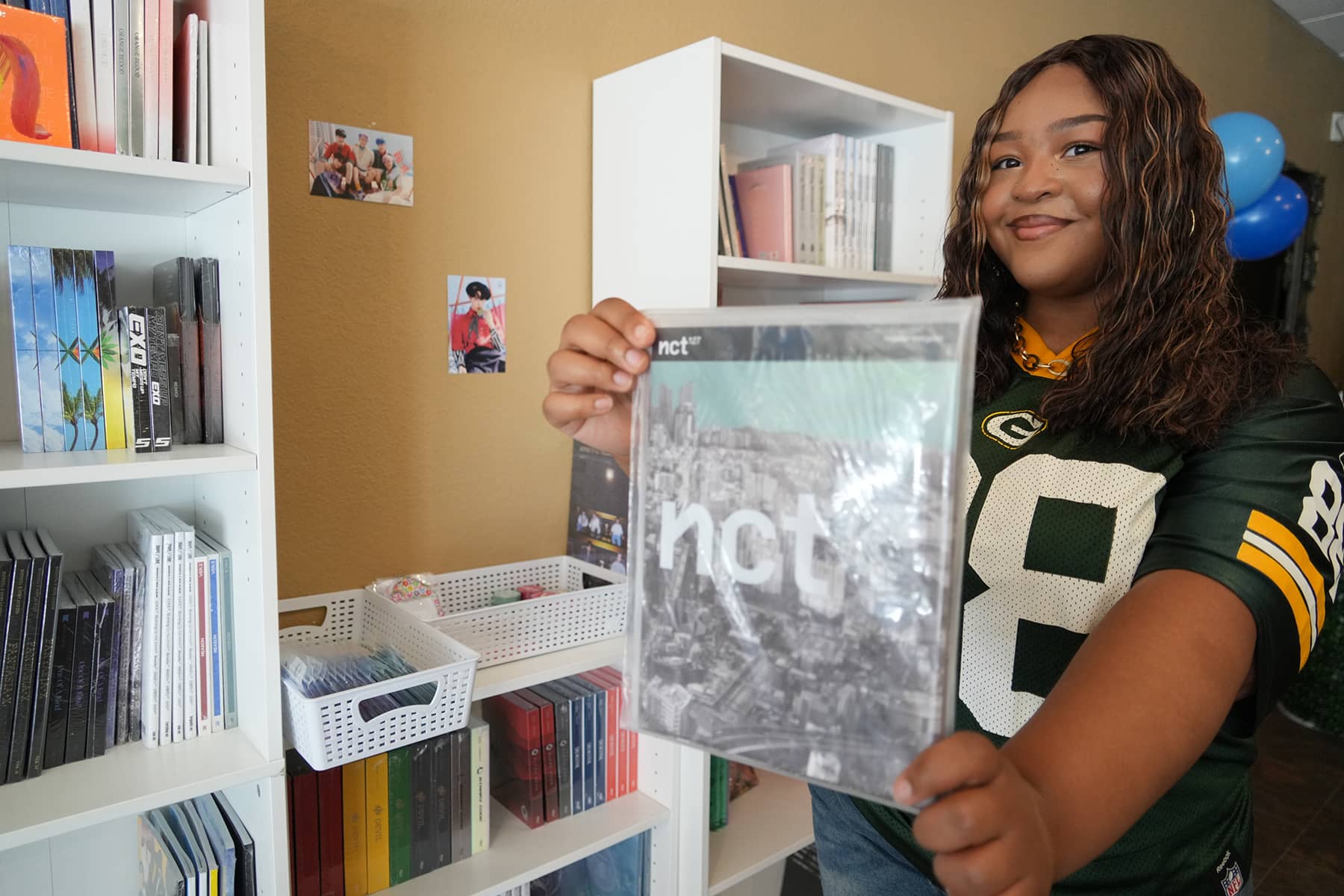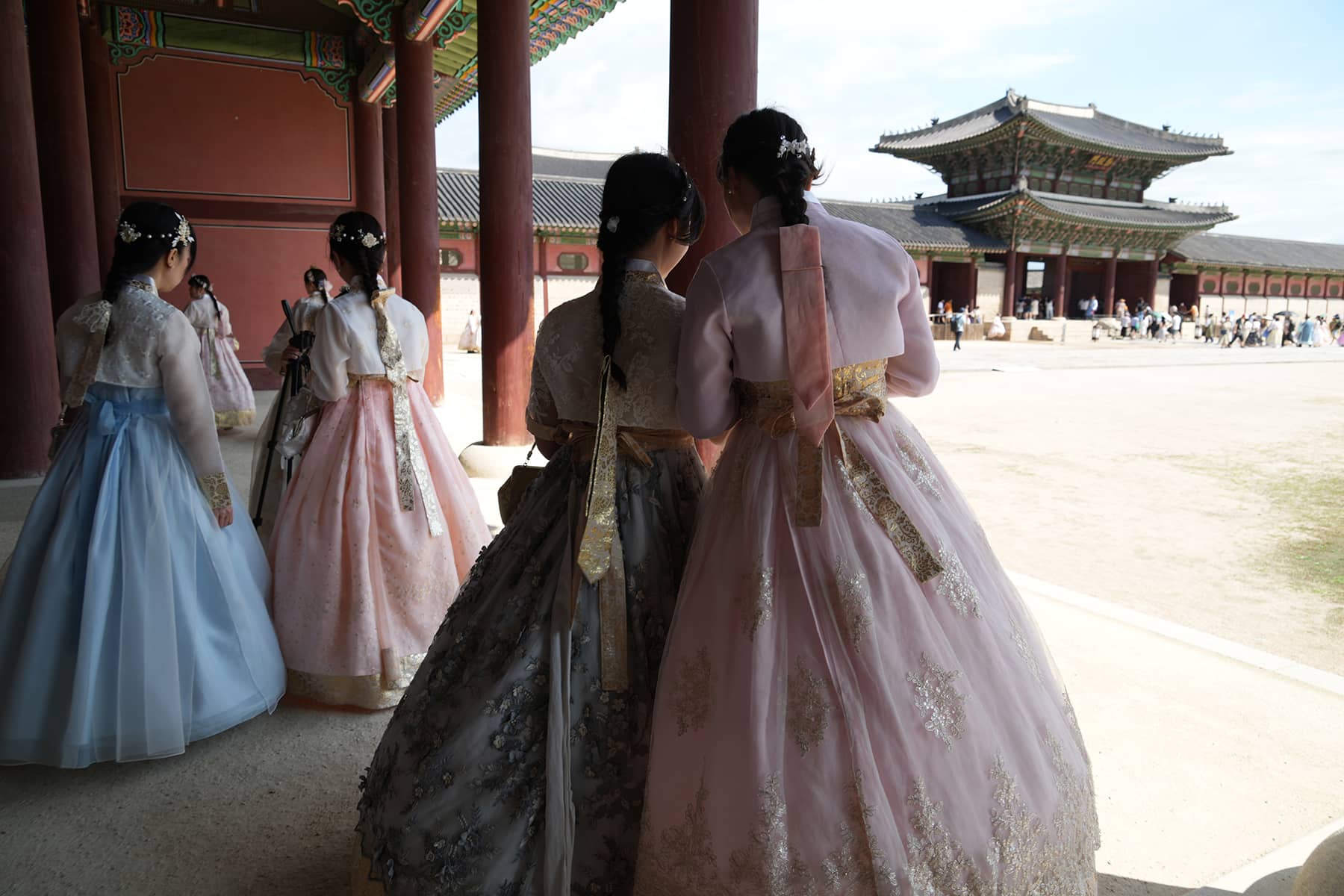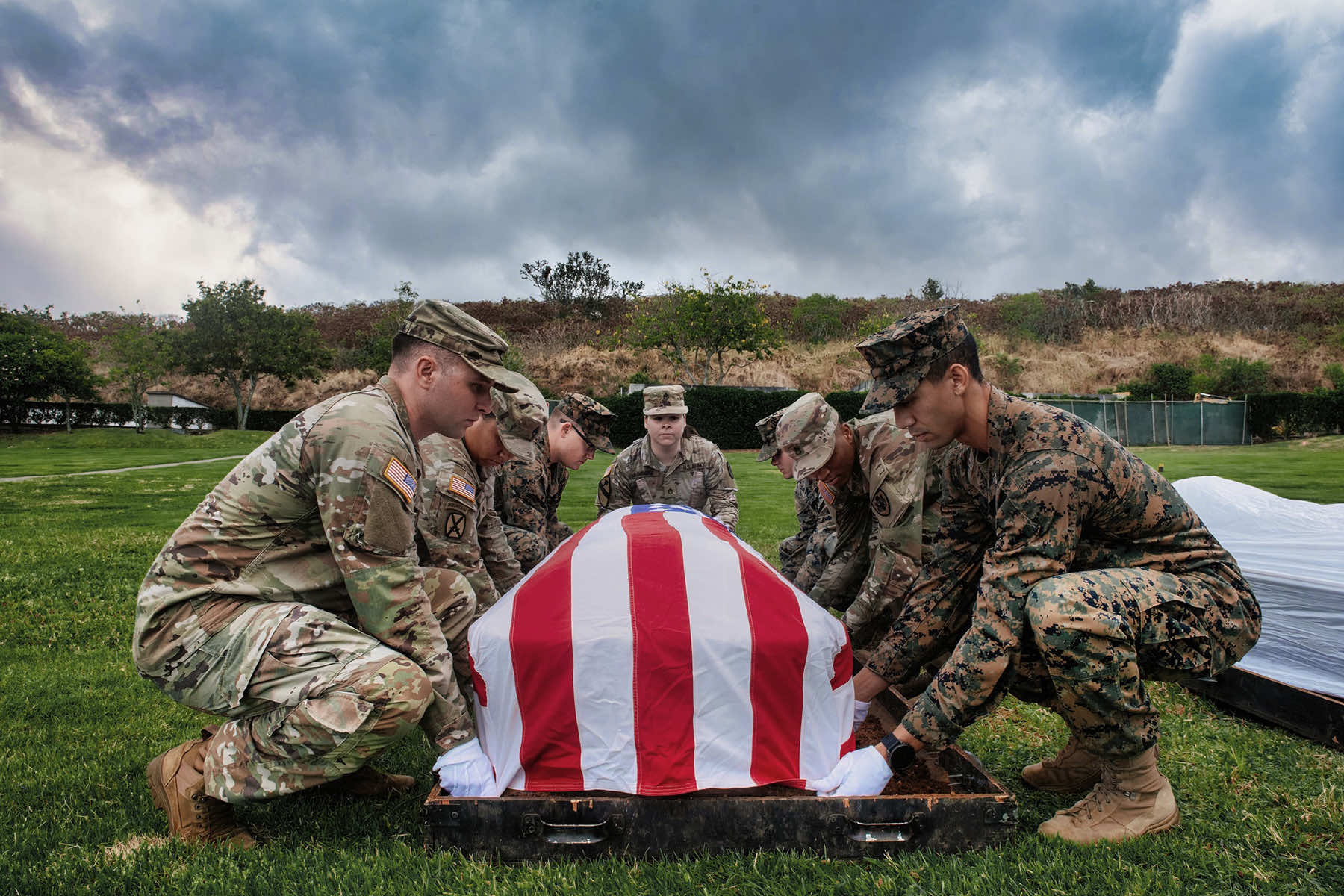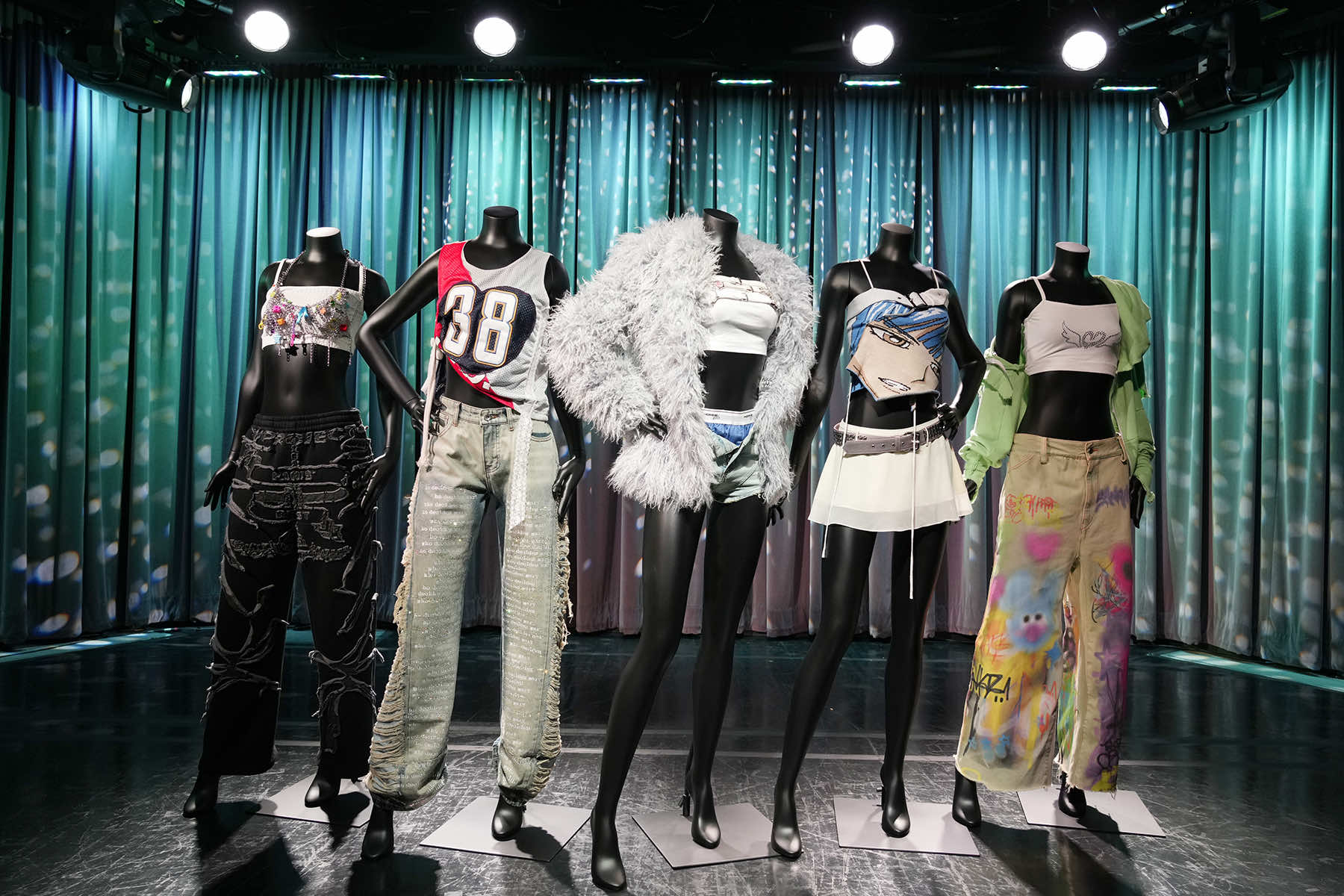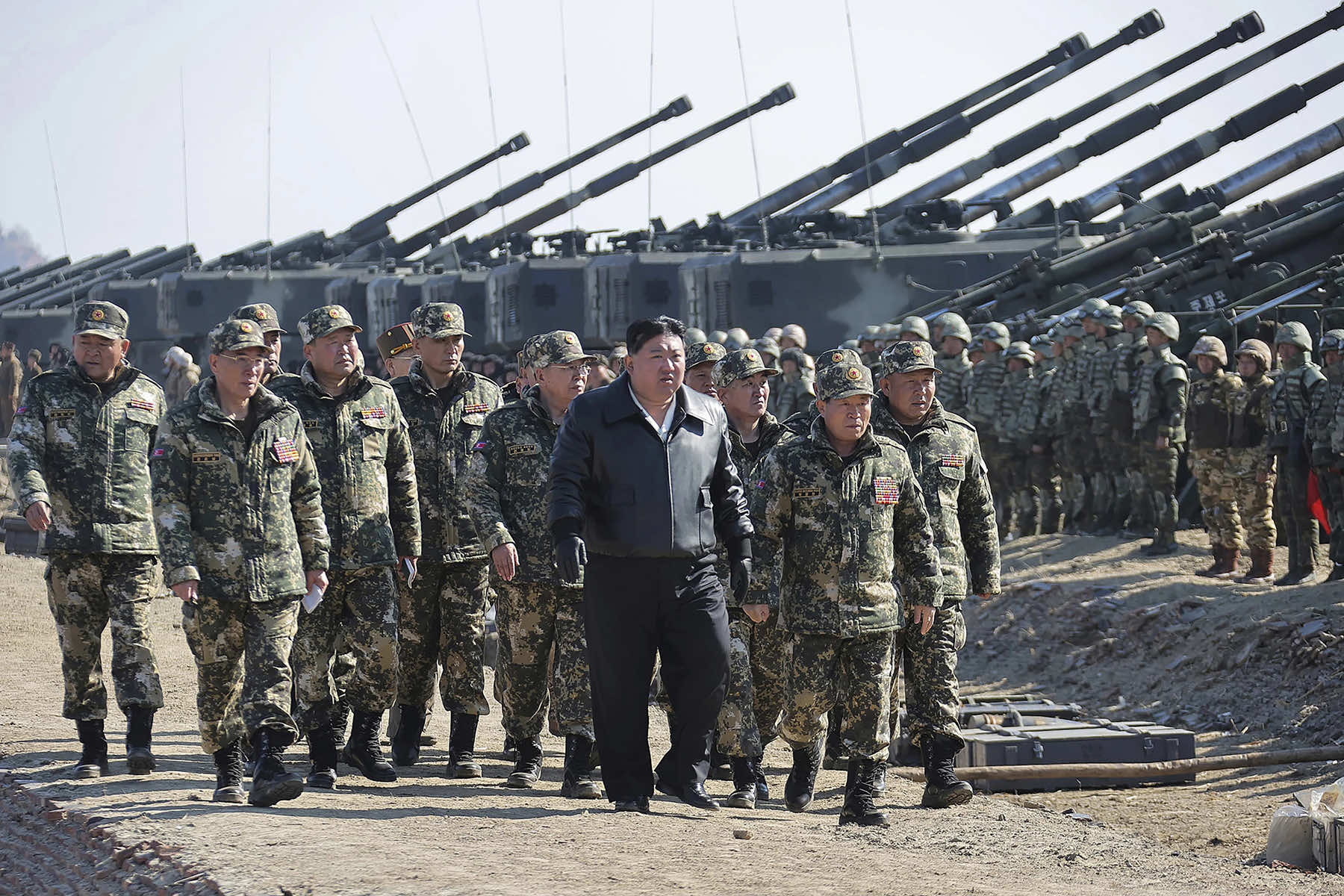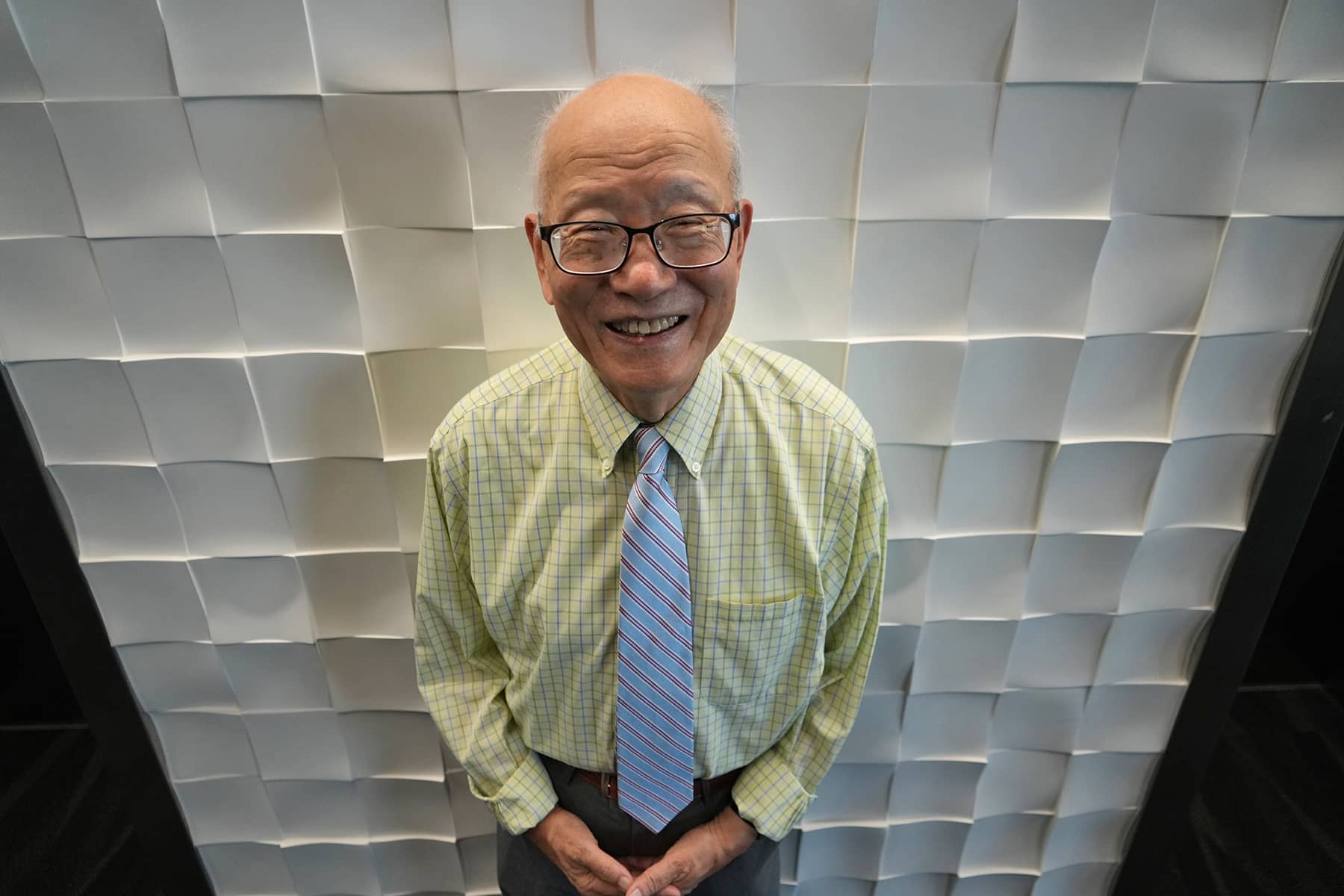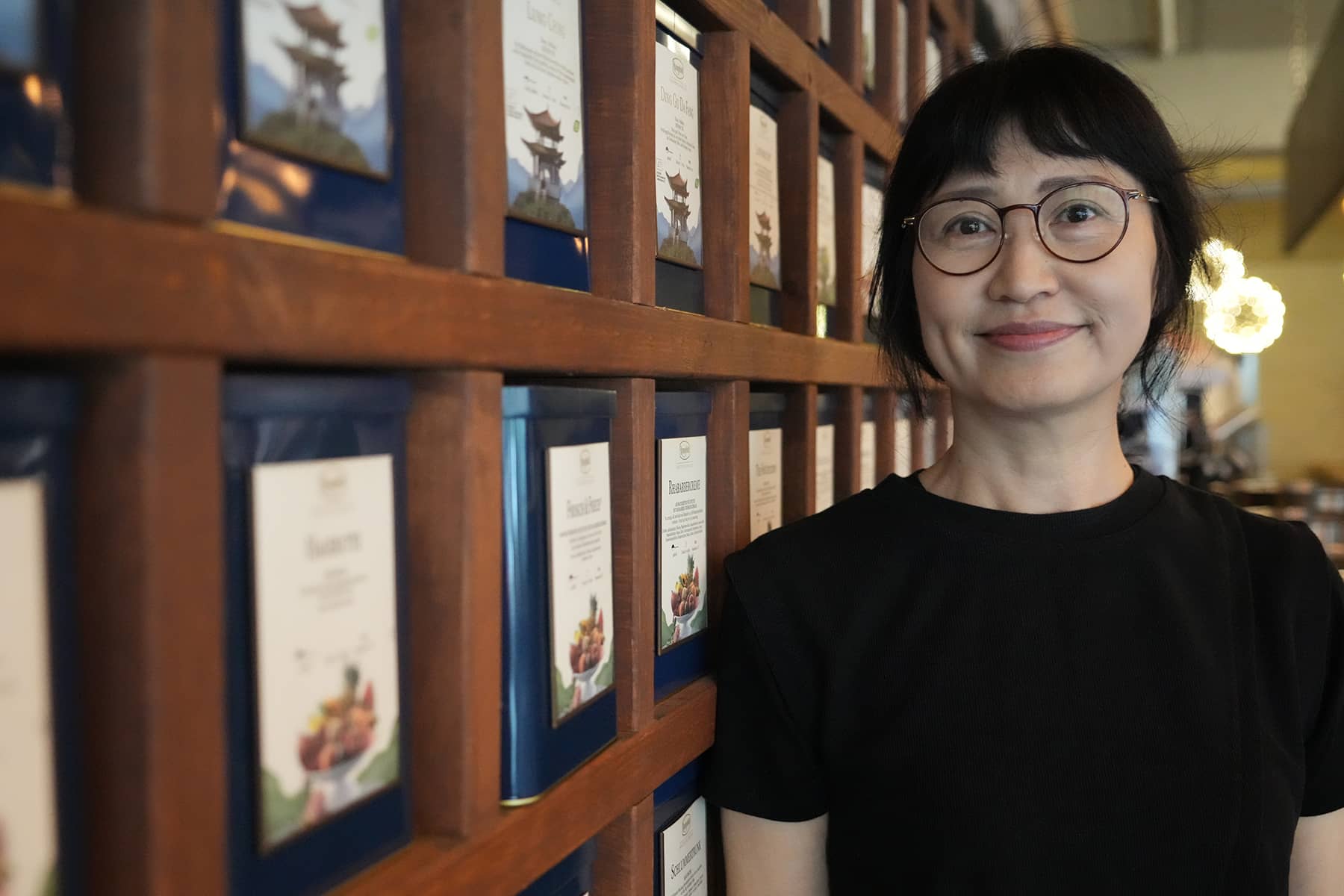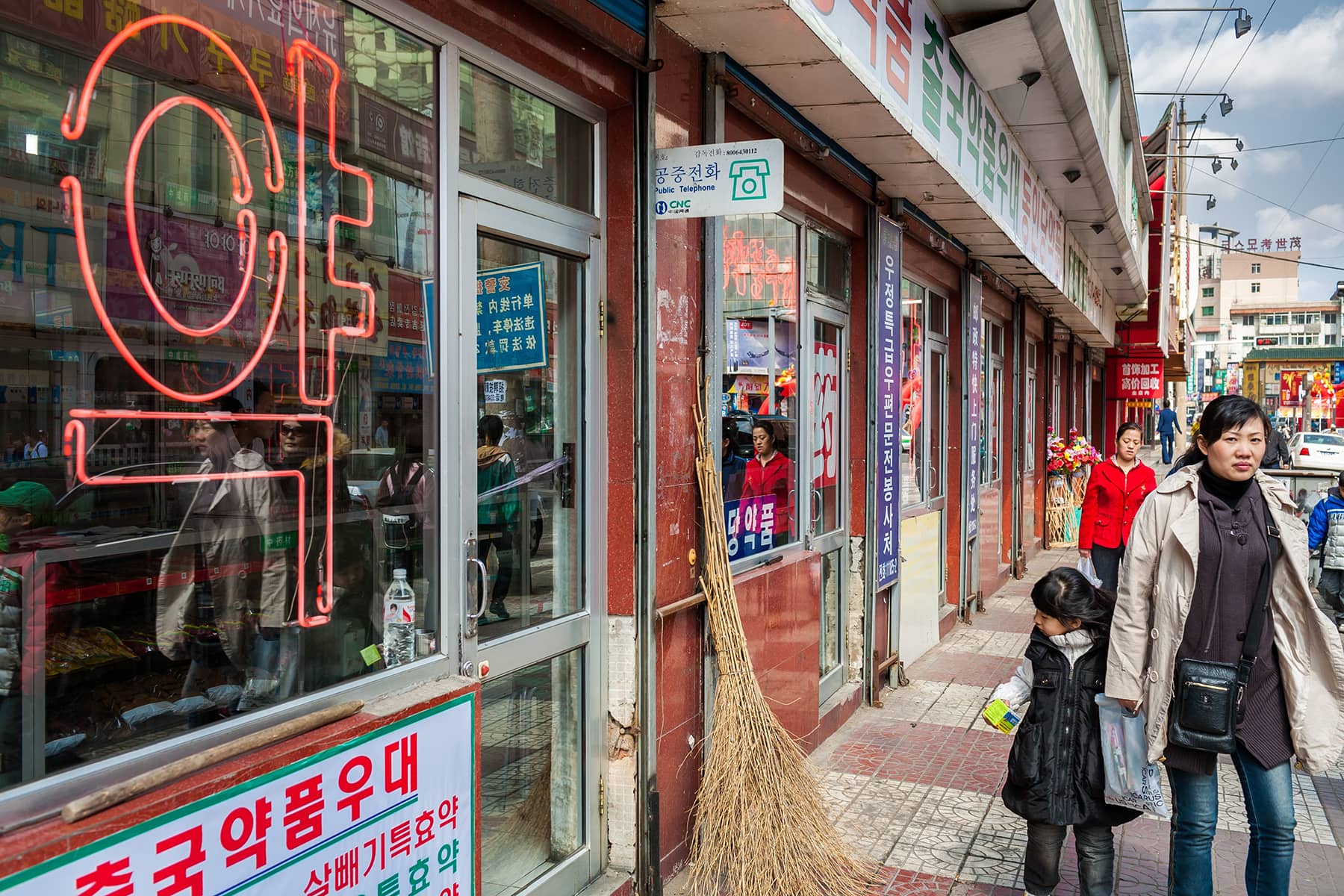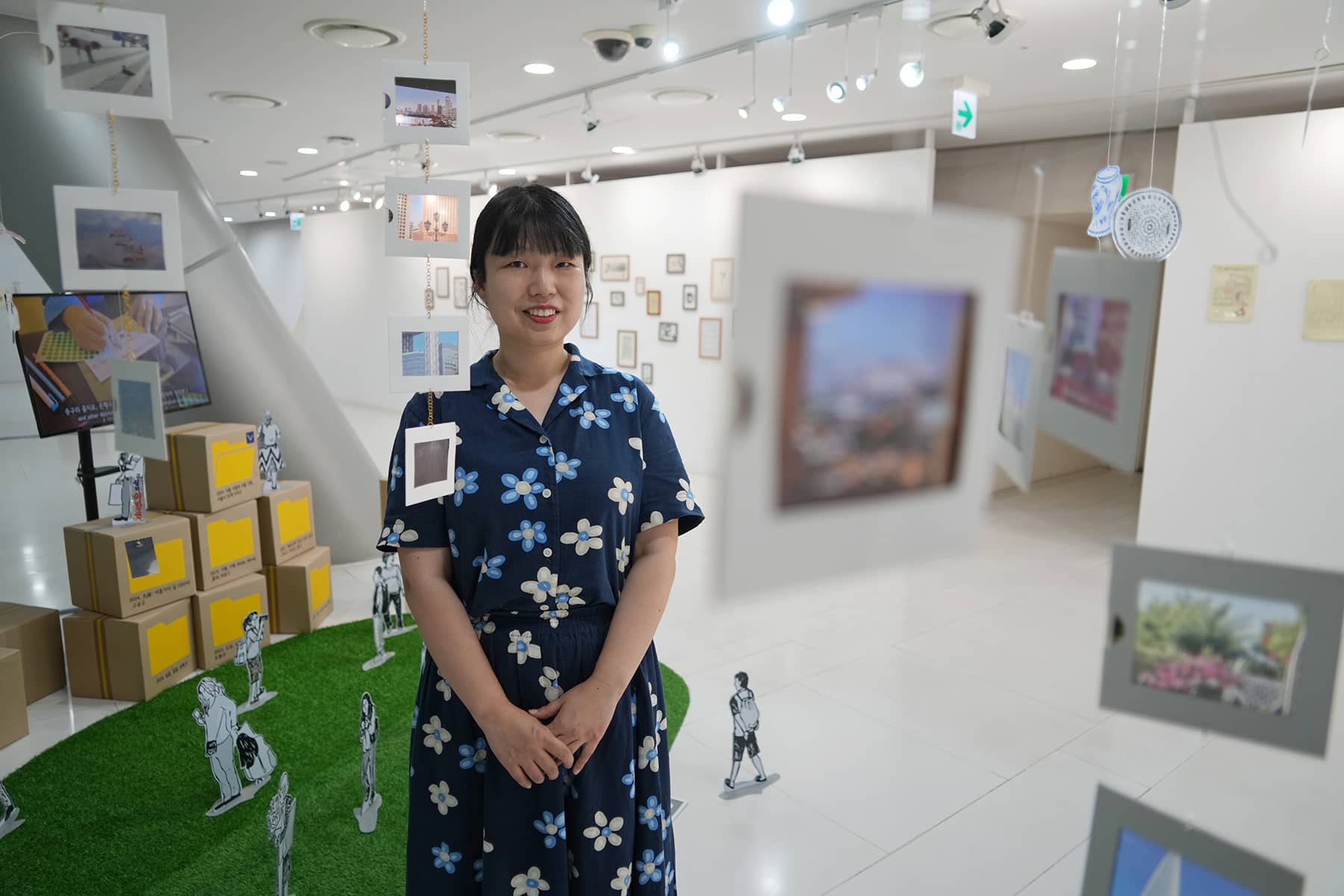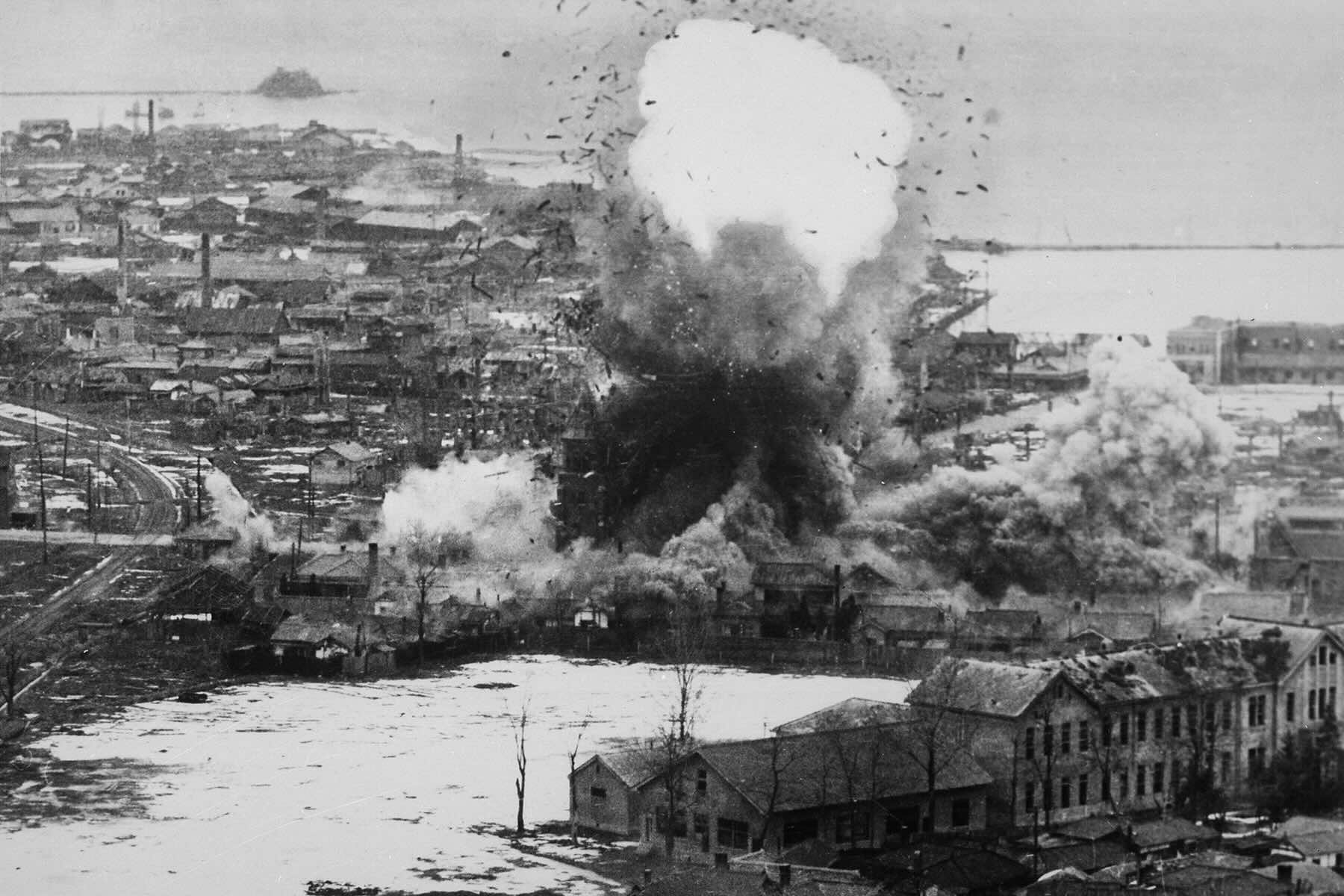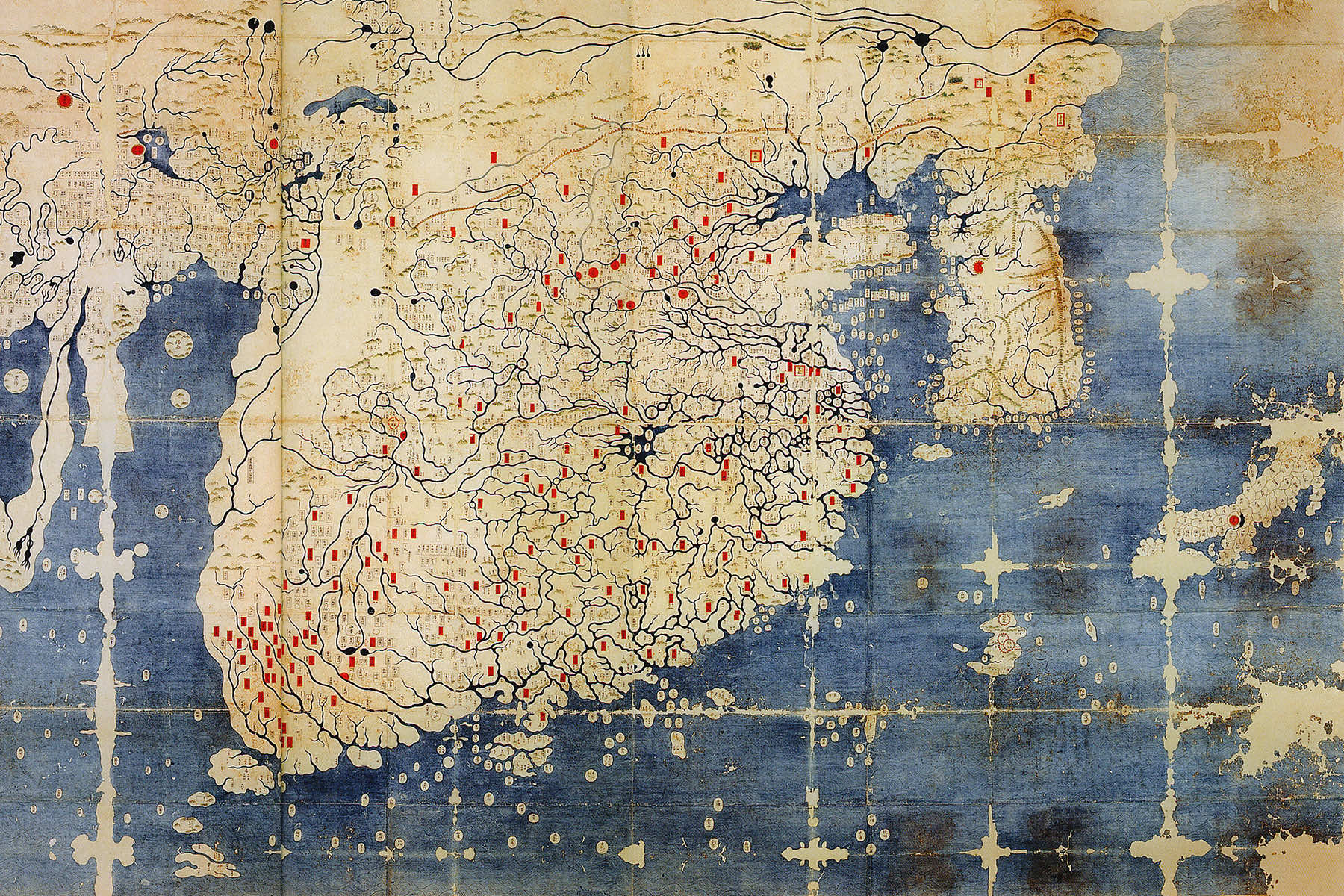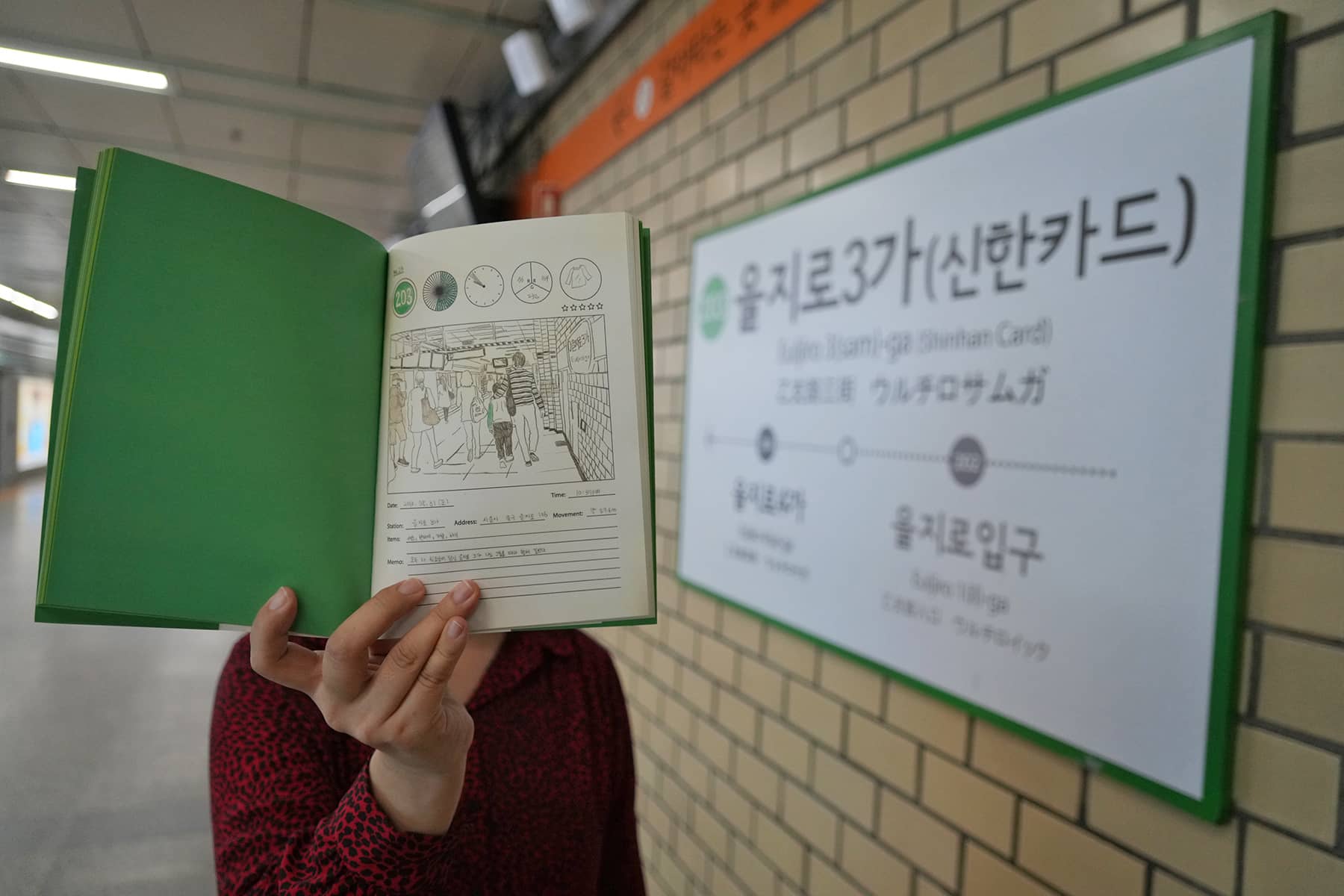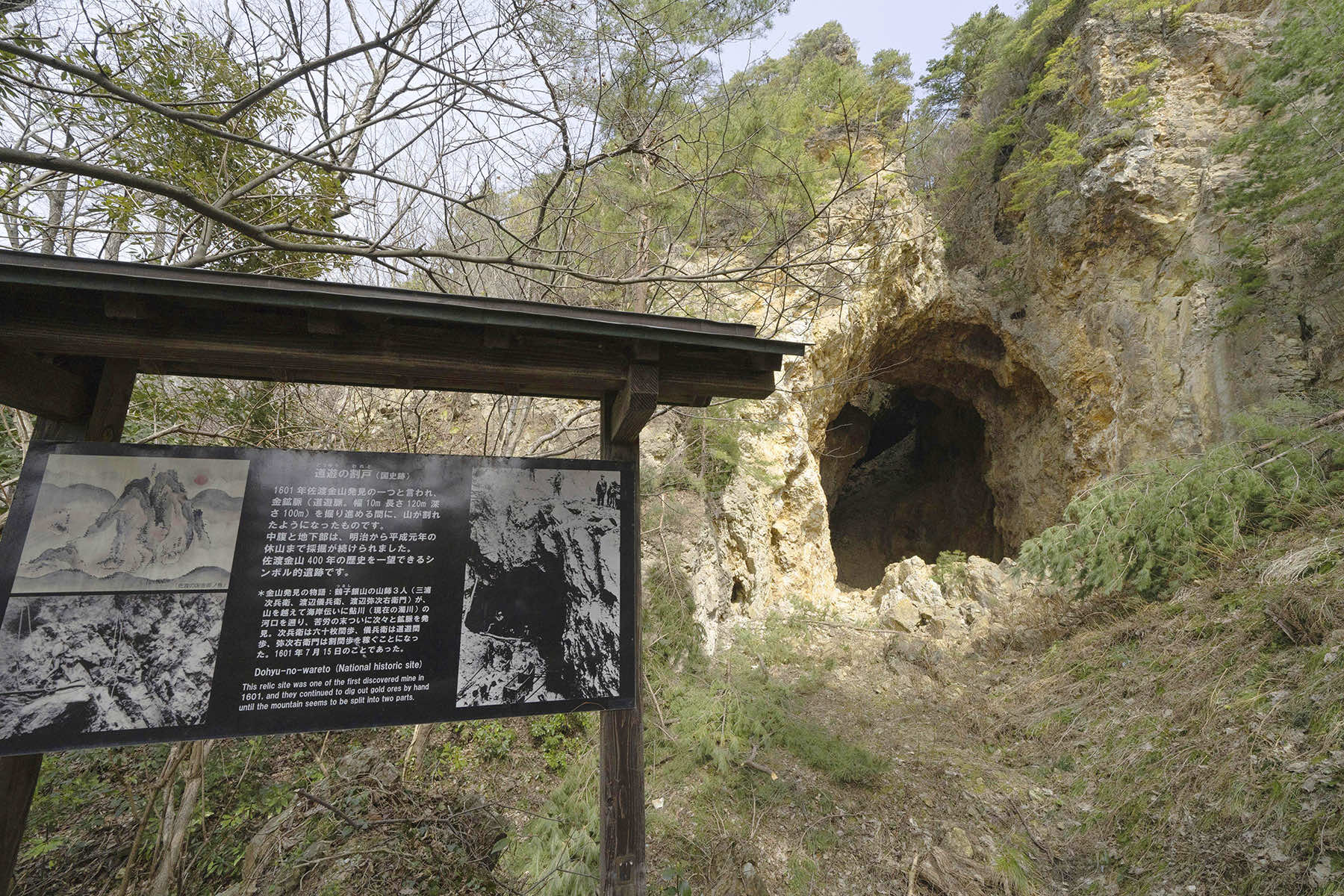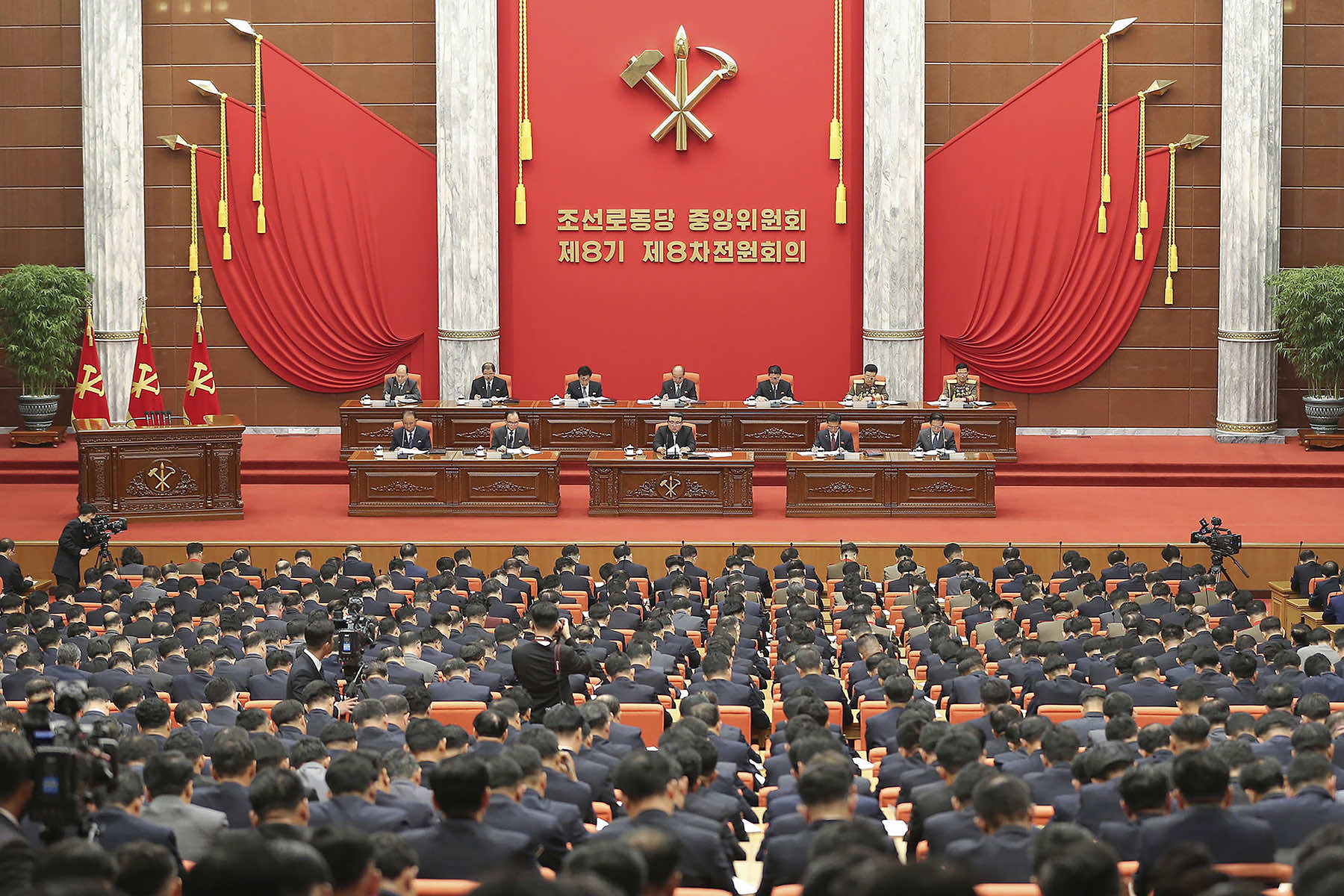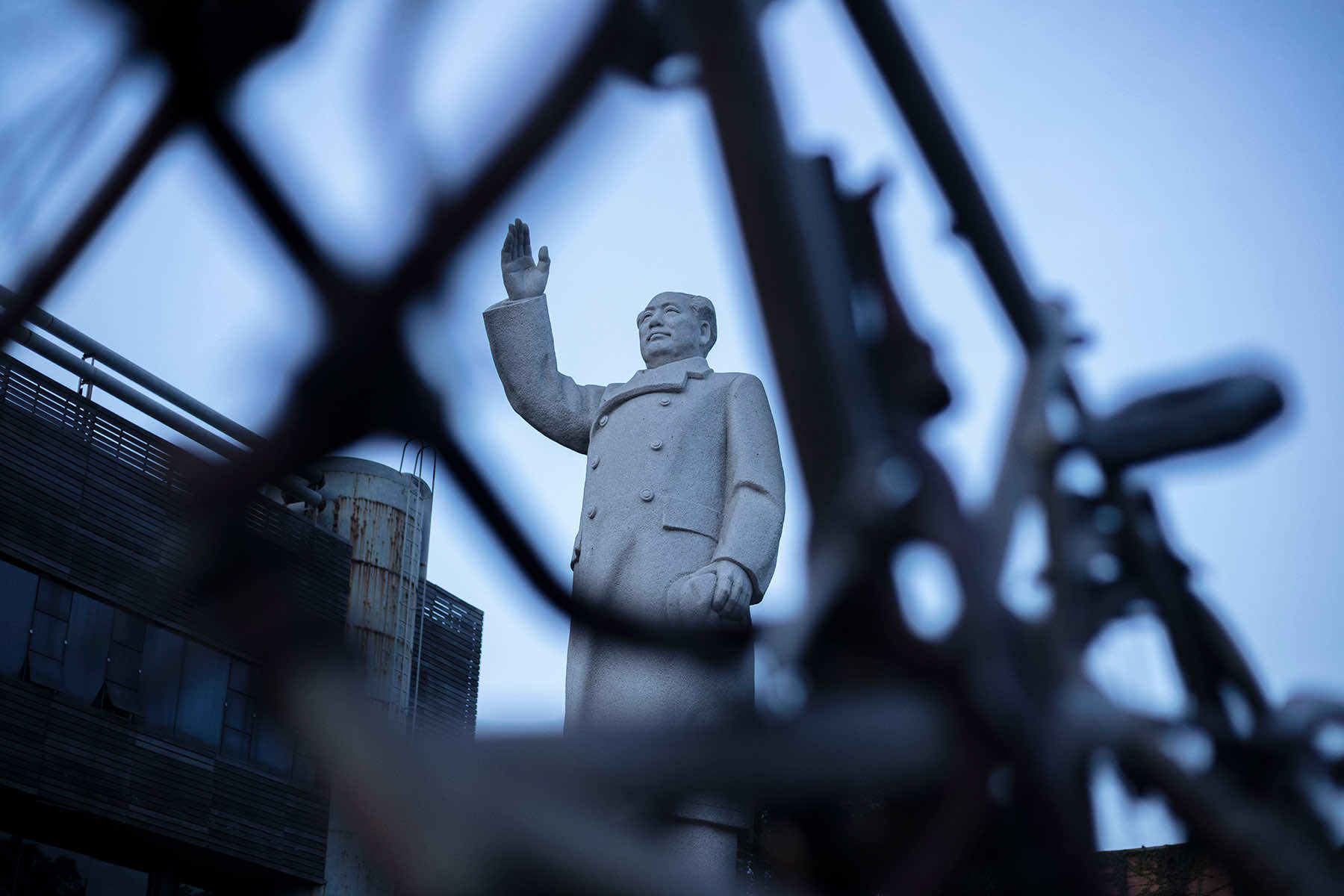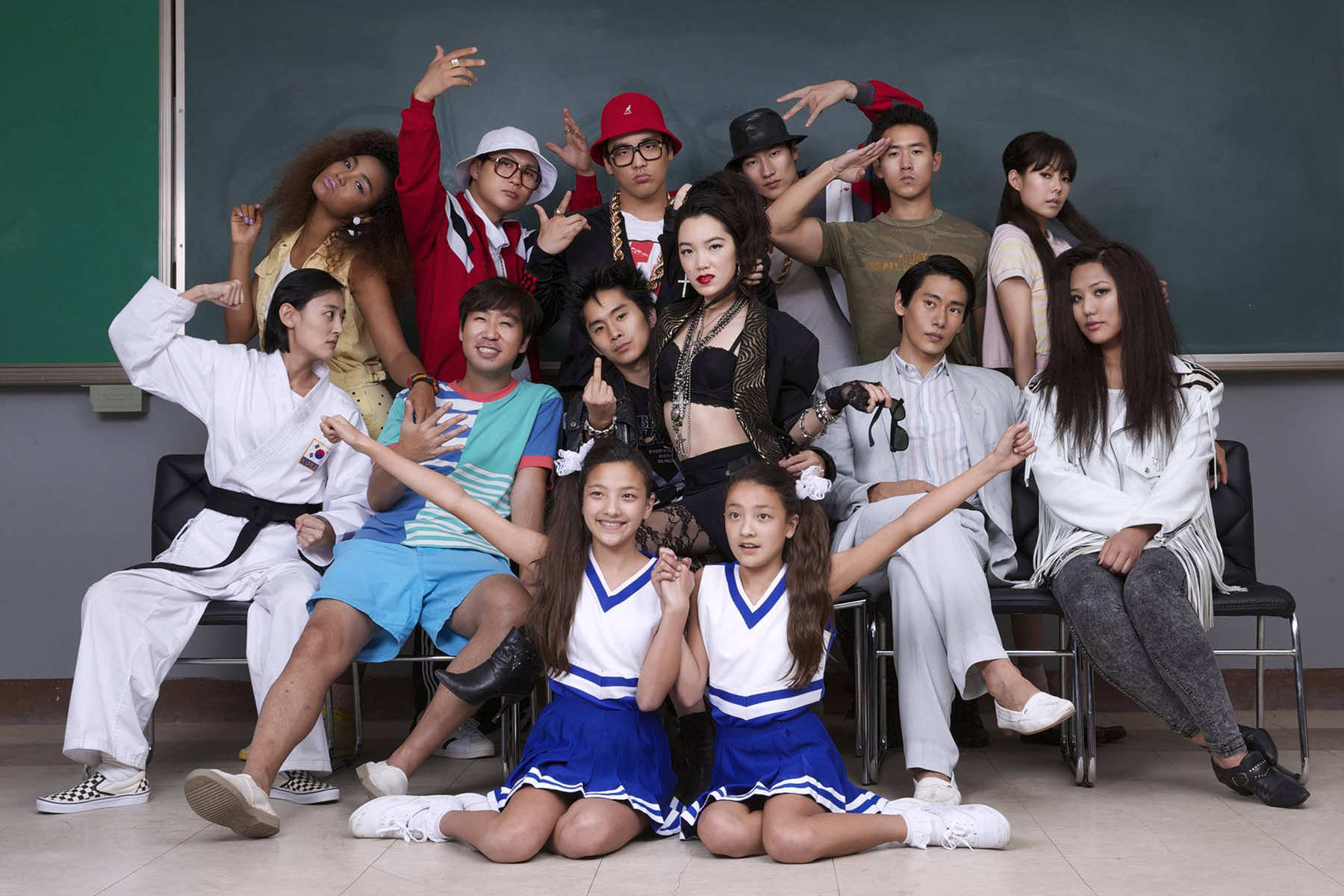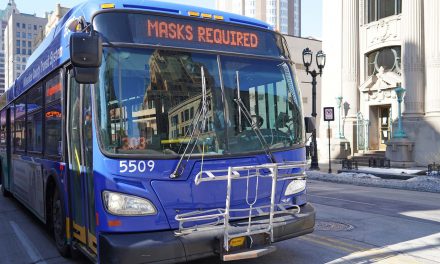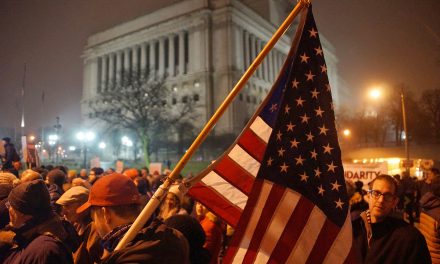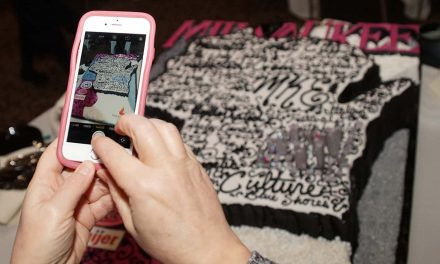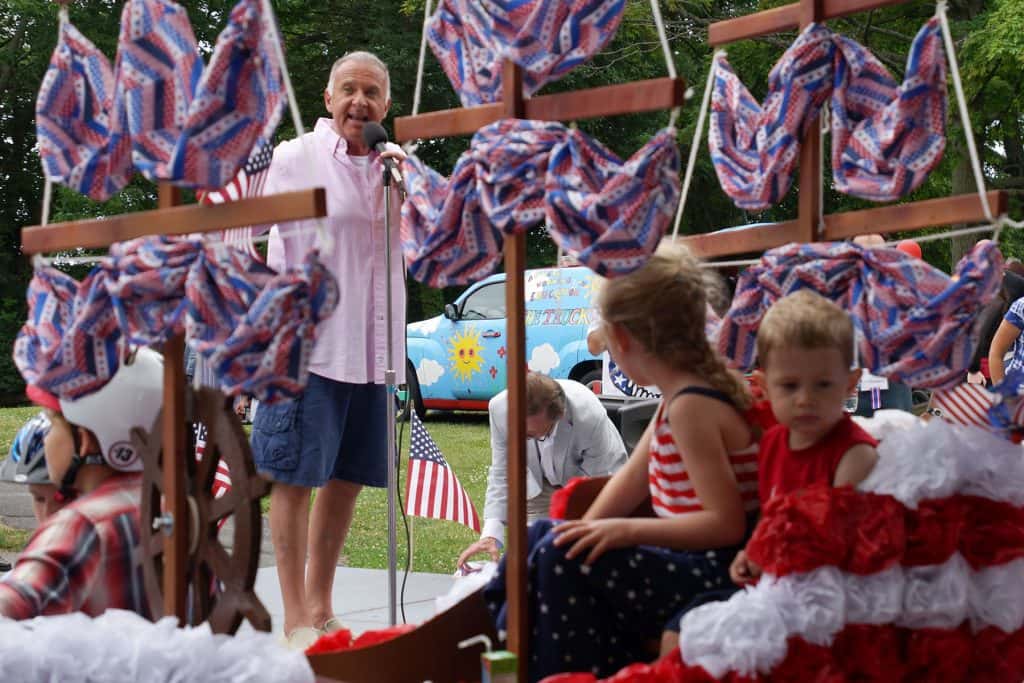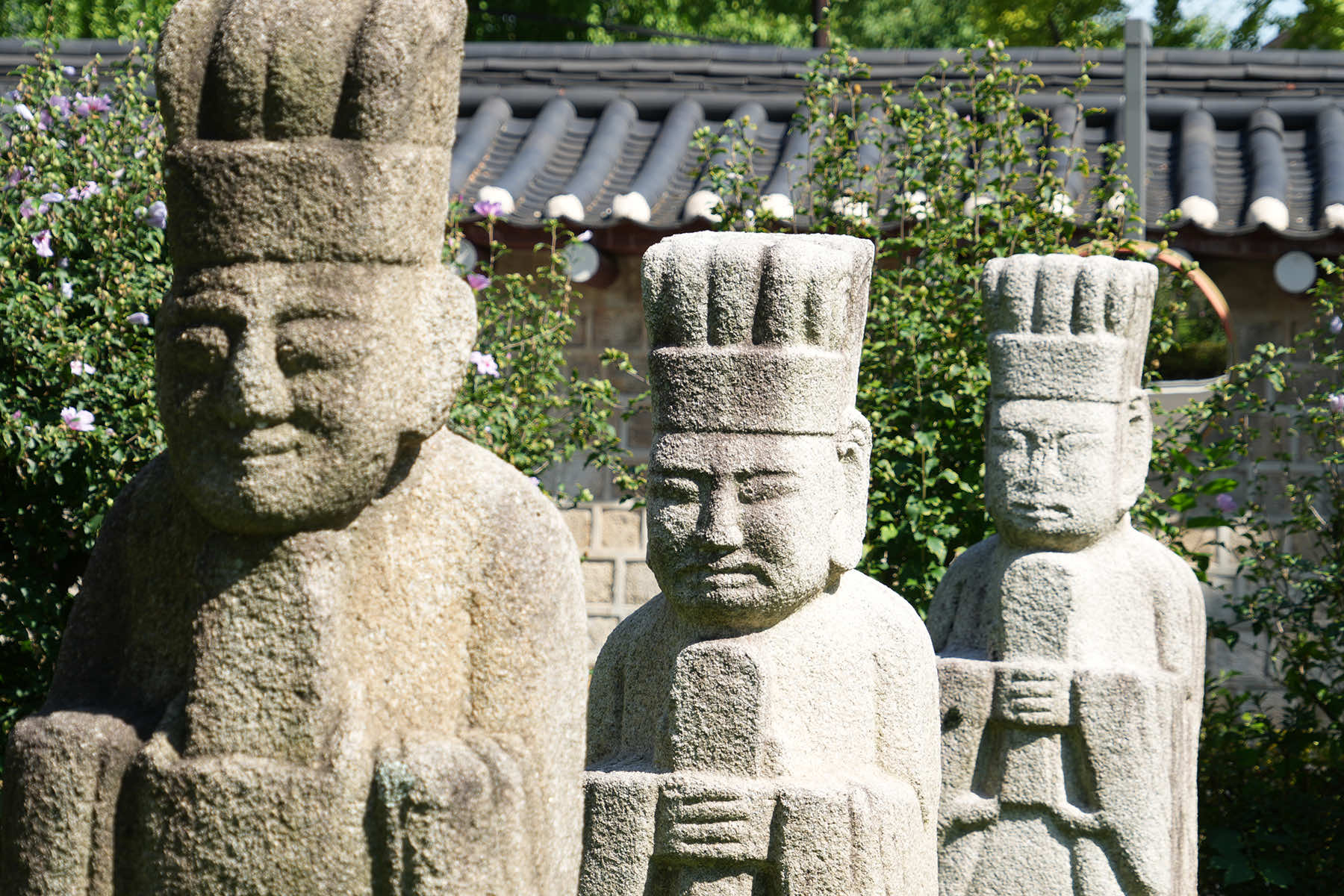
Since the fading days of the COVID-19 pandemic and the start of Russia’s full-scale invasion of Ukraine, Milwaukee Independent has been committed to reporting international stories with local roots in Milwaukee.
In its most ambitious journalism project yet, the publication took readers on an extraordinary journey in October. From the streets of Milwaukee to the Demilitarized Zone (DMZ) of Korea, the news service documented the lives, histories, and cultural experiences that have connected the two communities for decades.
Exploring Korea: Stories from Milwaukee to the DMZ and across a Divided Peninsula is an unprecedented editorial series in scope and depth, comprising 72 installments, over 117,000 words, and more than 2,200 images.
The series ran from October 14 to 25 and provided a window into a world that is geographically distant but deeply connected to Milwaukee. The tagline Milwaukee Voices. Korean Experiences. captured the heart of the editorial focus, as the news project wove together personal stories from Milwaukee and across Korea.
It was the first time that many of the stories were shared with the public, especially from the local Korean diaspora. Their experiences offered a glimpse into the shared experiences of two communities that have been linked through history, migration, conflict, and culture.
Milwaukee may not be the first place that comes to mind when thinking of Korean heritage. But as the series explored in detail, the connections are far more extensive than most people realize. From the aftermath of World War II and the division of Korea to the Korean War veterans who made Milwaukee their home, to the stories of Korean adoptees raised in the city, and even a defector from North Korea. The ties span generations and reflect the ways in which global history has a local impact.
For decades, Milwaukee has been home to waves of Korean immigrants, adoptees, and veterans whose stories have rarely been told in the mainstream. The Milwaukee Independent series aimed to change that, providing a platform for those voices. It traced Milwaukee’s Korean connections through personal narratives, examining the city’s place in the broader history of the Korean Peninsula, as well as how those histories have shaped Milwaukee’s own cultural and social structure.
What made the series so unique was its ability to seamlessly blend personal stories with historical perspectives and contemporary issues. The result was a narrative that spoke with an intimate perspective, giving readers a sense of the cultural richness of Korea while also exploring what it means to be Korean American in Milwaukee.
One of the standout aspects of the series was its focus on the Korean DMZ, known as one of the most heavily militarized borders in the world. The series took readers to the tense and politically charged space, offering insights into the history of the division between North and South Korea and its continued impact on the Korean people.
But it also brought the story back to Milwaukee, where veterans who served in Korea and at the DMZ shared their reflections on the experience. The stories offered a powerful reminder of the human cost of conflict and the ways in which international events shape the lives of individuals and communities far from the front lines.
SeonJoo So Oh, a Korean-American artist in Milwaukee, has dedicated her life to preserving and sharing Korean culture through the traditional art of paper folding, jongie-jupgi.
John T. Chisholm, before becoming Milwaukee County District Attorney, served as an infantry officer along the Korean Demilitarized Zone (DMZ) during the tense final years of the Cold War.
Dan Odya served in the U.S. Army during the Vietnam War era but was stationed at the Korean Demilitarized Zone (DMZ) in the early 1970s.
Dick Cavalco, now 92, lived through significant historical events, including the Great Depression, World War II, and the Korean War.
Glenn Dohrmann, born in 1926, overcame a difficult childhood as an orphan on a farm to become a decorated Korean War veteran.
Jessica Boling, born in Seoul and adopted by an American family as a baby, grew up in a predominantly White community, often feeling different and facing subtle racism.
Emma Daisy Gertel, a Korean adoptee raised in Wisconsin, navigated the complexities of her identity while growing up in a predominantly White community.
Rick Wood, a veteran Milwaukee photojournalist, had the rare opportunity to visit North Korea in 1995 as part of a humanitarian mission, one of only about 200 Americans granted access in nearly 50 years.
Jin, a North Korean defector, shared her extraordinary journey from life under a repressive regime to finding freedom in South Korea.
Karyn Althoff Roelke has been actively involved with Stars and Stripes Honor Flight since 2014, helping to provide veterans, particularly those of the Korean War, with a meaningful and emotional journey to Washington DC.
Pastor Heechang Kang, a Korean immigrant in Milwaukee, leads his community by helping fellow Korean Americans balance faith with the realities of life in the U.S.
Kenny Yoo, a Korean-American photojournalist from Milwaukee, faced numerous challenges growing up with dyslexia in a culturally isolated environment, compounded by bullying due to his heritage.
Jason S. Yi, an artist who moved from South Korea to the United States as a child, explores identity and culture through his work.
Christopher Michael Doll grew up in a small town in Minnesota and experienced a significant cultural shift when he moved to South Korea, where he spent over a decade.
Christopher Wing, a Milwaukee native, moved to South Korea in 2009 after a decade in San Francisco working as an art director.
Kyoung Ae Cho, an artist from South Korea, embraces her Korean heritage and identity, symbolized through her decision to retain her given name despite living in the U.S. since 1988.
Dr. Byung-il Choi, born in 1941 in Seoul, South Korea, experienced a tumultuous childhood during Japanese colonial rule and the Korean War, which deeply influenced his dedication to medicine.
Tina Melk, owner of K-Pop Utopia in West Allis, opened Wisconsin’s first dedicated K-pop store to bring Korean music and culture to Milwaukee.
Hyunjoo Han, originally from a small Korean village, embarked on an unexpected journey when she moved to Milwaukee to study at the University of Wisconsin-Milwaukee in her 40s.
WonWoo Chung, born and raised in South Korea, spent many of her formative years in Milwaukee, navigating the challenges of balancing her Korean identity with the experiences of living in a different culture.
Hoyoon Min, a South Korean student at the University of Wisconsin-Milwaukee, has navigated life between two cultures, balancing his studies in the U.S. with the call of duty in his homeland.
Jinseon Kim, an artist from Seoul, has spent over a decade exploring and documenting the city’s diverse landscapes and culture through various artistic media, including drawings, photographs, and written reports.
In many ways, Exploring Korea: Stories from Milwaukee to the DMZ and across a Divided Peninsula represents a landmark achievement in local journalism. By combining in-depth reporting with personal stories, historical perspectives, and stunning visuals, the series has created a lasting legacy that will resonate with readers for years to come. Milwaukee Independent once again demonstrated its commitment to uncovering stories that matter, both locally and globally.
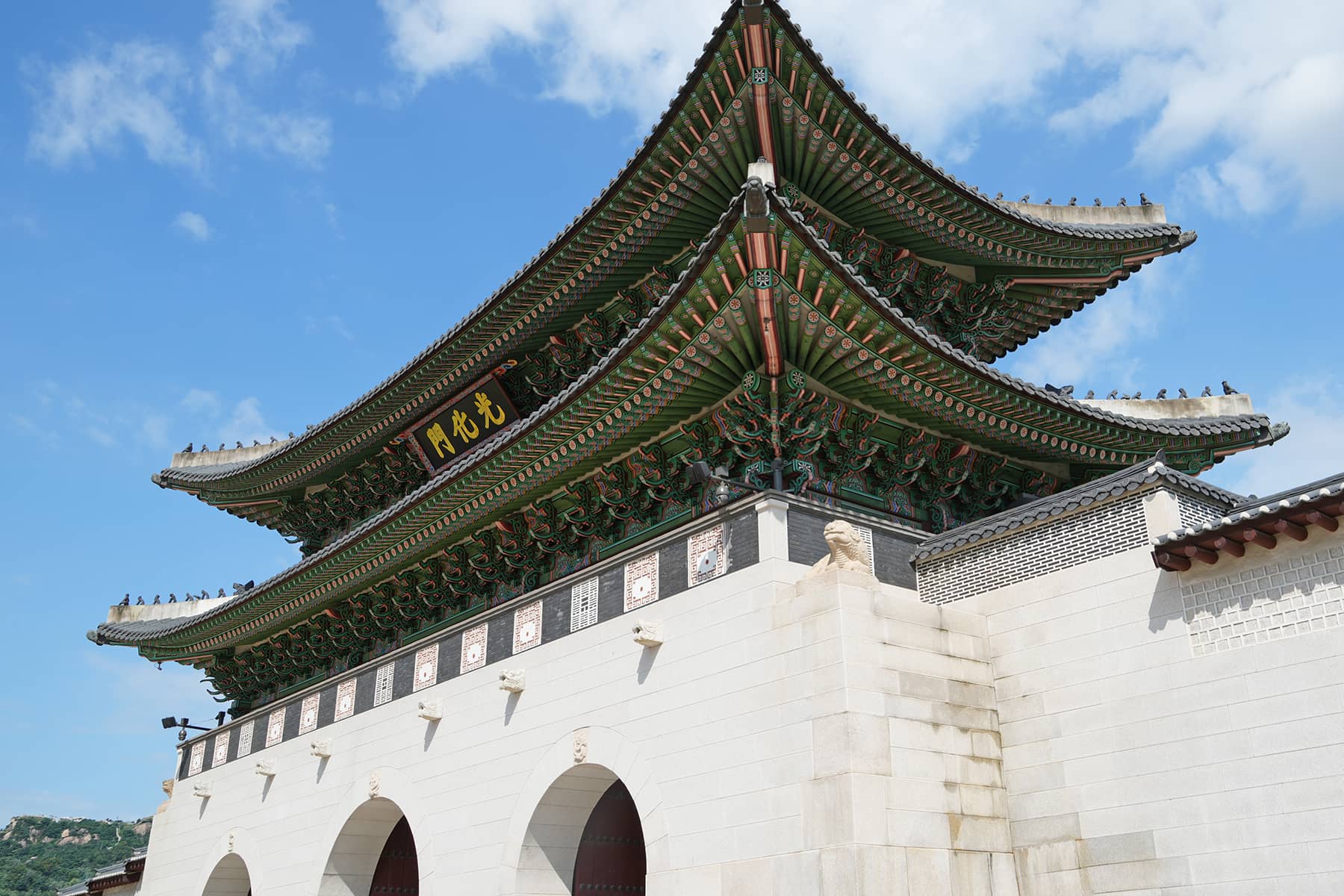
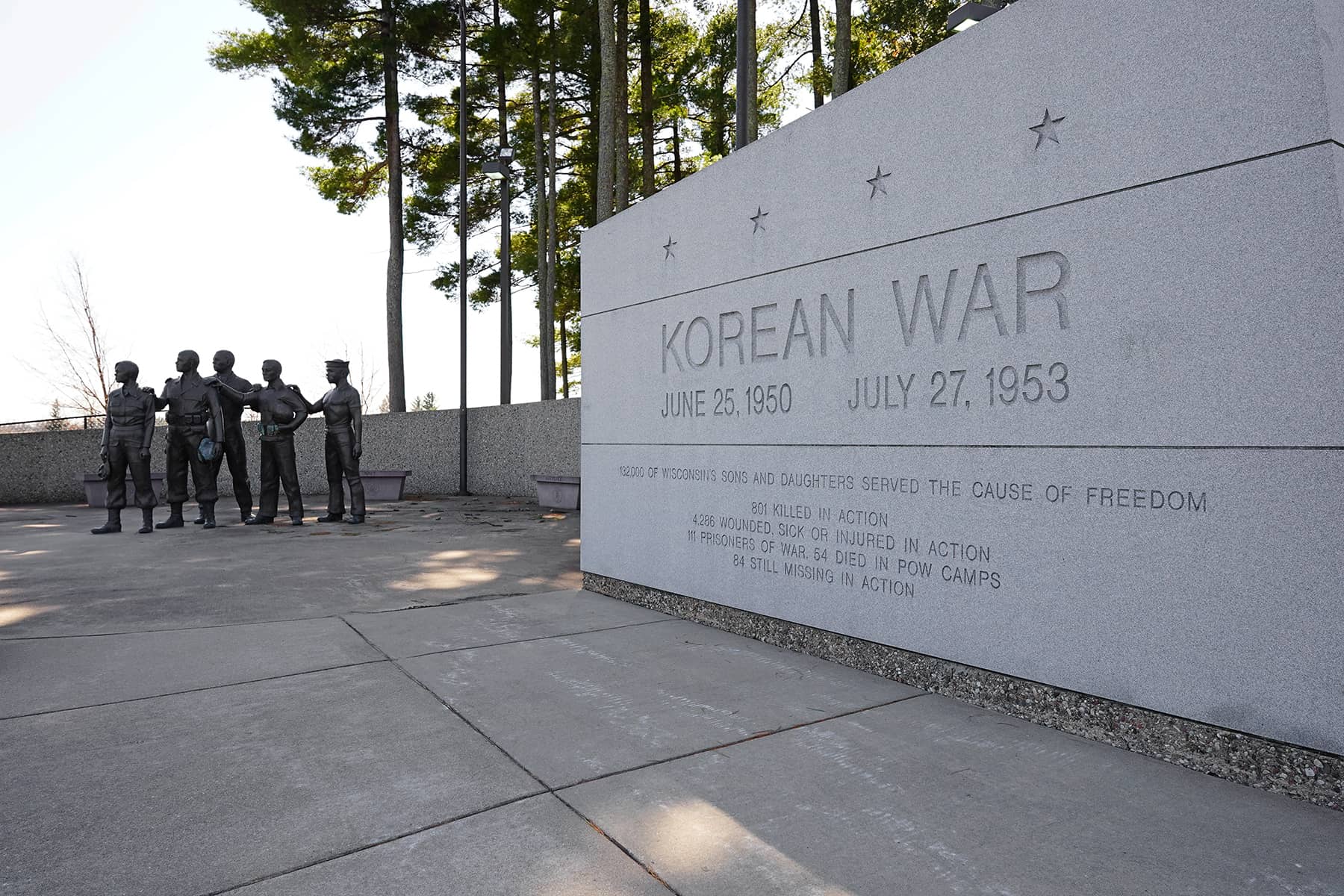
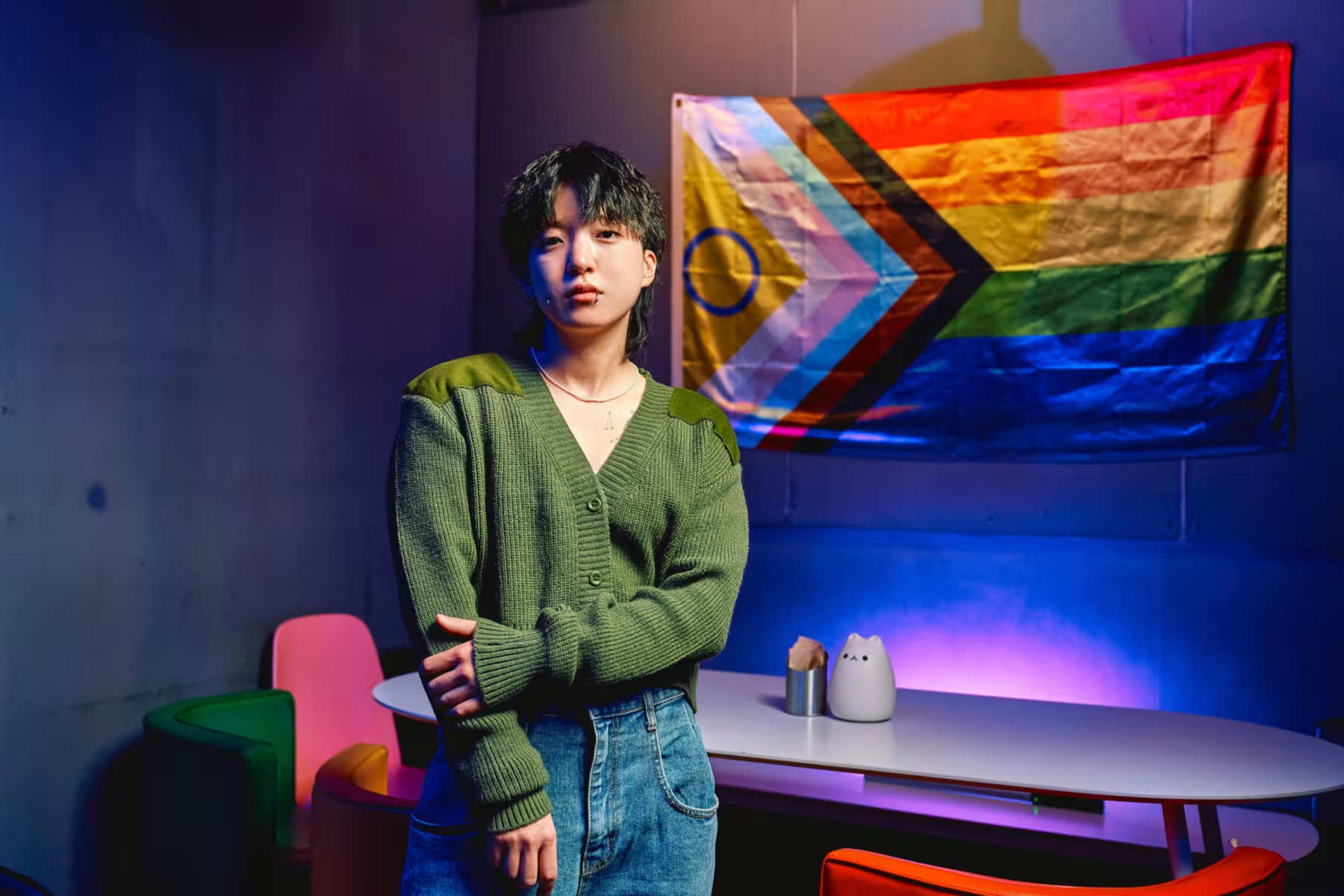
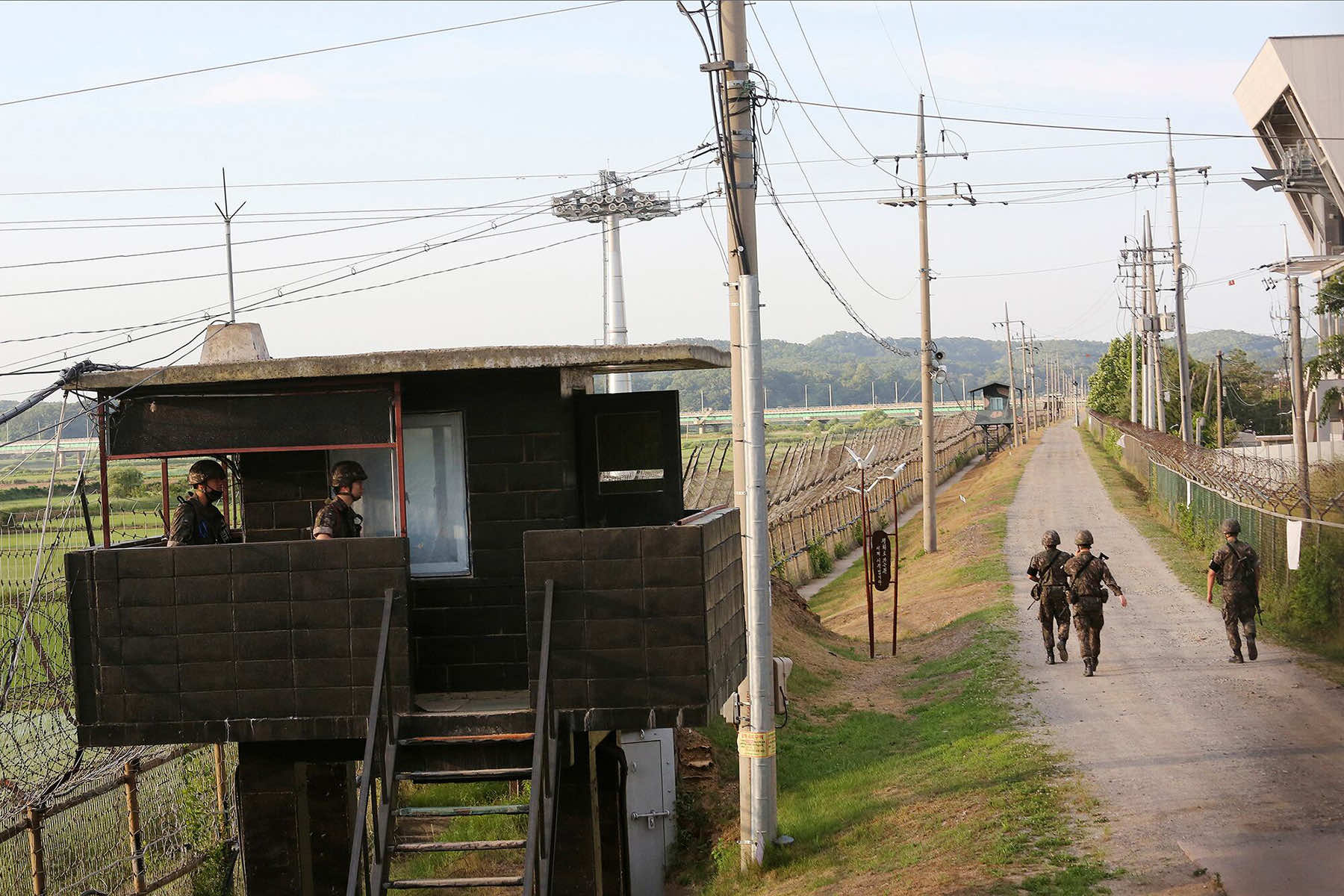
- Exploring Korea: Stories from Milwaukee to the DMZ and across a divided peninsula
- A pawn of history: How the Great Power struggle to control Korea set the stage for its civil war
- Names for Korea: The evolution of English words used for its identity from Gojoseon to Daehan Minguk
- SeonJoo So Oh: Living her dream of creating a "folded paper" bridge between Milwaukee and Korean culture
- A Cultural Bridge: Why Milwaukee needs to invest in a Museum that celebrates Korean art and history
- Korean diplomat joins Milwaukee's Korean American community in celebration of 79th Liberation Day
- John T. Chisholm: Standing guard along the volatile Korean DMZ at the end of the Cold War
- Most Dangerous Game: The golf course where U.S. soldiers play surrounded by North Korean snipers
- Triumph and Tragedy: How the 1988 Seoul Olympics became a battleground for Cold War politics
- Dan Odya: The challenges of serving at the Korean Demilitarized Zone during the Vietnam War
- The Korean Demilitarized Zone: A border between peace and war that also cuts across hearts and history
- The Korean DMZ Conflict: A forgotten "Second Chapter" of America's "Forgotten War"
- Dick Cavalco: A life shaped by service but also silence for 65 years about the Korean War
- Overshadowed by conflict: Why the Korean War still struggles for recognition and remembrance
- Wisconsin's Korean War Memorial stands as a timeless tribute to a generation of "forgotten" veterans
- Glenn Dohrmann: The extraordinary journey from an orphaned farm boy to a highly decorated hero
- The fight for Hill 266: Glenn Dohrmann recalls one of the Korean War's most fierce battles
- Frozen in time: Rare photos from a side of the Korean War that most families in Milwaukee never saw
- Jessica Boling: The emotional journey from an American adoption to reclaiming her Korean identity
- A deportation story: When South Korea was forced to confront its adoption industry's history of abuse
- South Korea faces severe population decline amid growing burdens on marriage and parenthood
- Emma Daisy Gertel: Why finding comfort with the "in-between space" as a Korean adoptee is a superpower
- The Soul of Seoul: A photographic look at the dynamic streets and urban layers of a megacity
- The Creation of Hangul: A linguistic masterpiece designed by King Sejong to increase Korean literacy
- Rick Wood: Veteran Milwaukee photojournalist reflects on his rare trip to reclusive North Korea
- Dynastic Rule: Personality cult of Kim Jong Un expands as North Koreans wear his pins to show total loyalty
- South Korea formalizes nuclear deterrent strategy with U.S. as North Korea aims to boost atomic arsenal
- Tea with Jin: A rare conversation with a North Korean defector living a happier life in Seoul
- Journalism and Statecraft: Why it is complicated for foreign press to interview a North Korean defector
- Inside North Korea’s Isolation: A decade of images show rare views of life around Pyongyang
- Karyn Althoff Roelke: How Honor Flights remind Korean War veterans that they are not forgotten
- Letters from North Korea: How Milwaukee County Historical Society preserves stories from war veterans
- A Cold War Secret: Graves discovered of Russian pilots who flew MiG jets for North Korea during Korean War
- Heechang Kang: How a Korean American pastor balances tradition and integration at church
- Faith and Heritage: A Pew Research Center's perspective on Korean American Christians in Milwaukee
- Landmark legal verdict by South Korea's top court opens the door to some rights for same-sex couples
- Kenny Yoo: How the adversities of dyslexia and the war in Afghanistan fueled his success as a photojournalist
- Walking between two worlds: The complex dynamics of code-switching among Korean Americans
- A look back at Kamala Harris in South Korea as U.S. looks ahead to more provocations by North Korea
- Jason S. Yi: Feeling at peace with the duality of being both an American and a Korean in Milwaukee
- The Zainichi experience: Second season of “Pachinko” examines the hardships of ethnic Koreans in Japan
- Shadows of History: South Korea's lingering struggle for justice over "Comfort Women"
- Christopher Michael Doll: An unexpected life in South Korea and its cross-cultural intersections
- Korea in 1895: How UW-Milwaukee's AGSL protects the historic treasures of Kim Jeong-ho and George C. Foulk
- "Ink. Brush. Paper." Exhibit: Korean Sumukhwa art highlights women’s empowerment in Milwaukee
- Christopher Wing: The cultural bonds between Milwaukee and Changwon built by brewing beer
- Halloween Crowd Crush: A solemn remembrance of the Itaewon tragedy after two years of mourning
- Forgotten Victims: How panic and paranoia led to a massacre of refugees at the No Gun Ri Bridge
- Kyoung Ae Cho: How embracing Korean heritage and uniting cultures started with her own name
- Complexities of Identity: When being from North Korea does not mean being North Korean
- A fragile peace: Tensions simmer at DMZ as North Korean soldiers cross into the South multiple times
- Byung-Il Choi: A lifelong dedication to medicine began with the kindness of U.S. soldiers to a child of war
- Restoring Harmony: South Korea's long search to reclaim its identity from Japanese occupation
- Sado gold mine gains UNESCO status after Tokyo pledges to exhibit WWII trauma of Korean laborers
- The Heartbeat of K-Pop: How Tina Melk's passion for Korean music inspired a utopia for others to share
- K-pop Revolution: The Korean cultural phenomenon that captivated a growing audience in Milwaukee
- Artifacts from BTS and LE SSERAFIM featured at Grammy Museum exhibit put K-pop fashion in the spotlight
- Hyunjoo Han: The unconventional path from a Korean village to Milwaukee’s multicultural landscape
- The Battle of Restraint: How nuclear weapons almost redefined warfare on the Korean peninsula
- Rejection of peace: Why North Korea's increasing hostility to the South was inevitable
- WonWoo Chung: Navigating life, faith, and identity between cultures in Milwaukee and Seoul
- Korean Landmarks: A visual tour of heritage sites from the Silla and Joseon Dynasties
- South Korea’s Digital Nomad Visa offers a global gateway for Milwaukee’s young professionals
- Forgotten Gando: Why the autonomous Korean territory within China remains a footnote in history
- A game of maps: How China prepared to steal Korean history to prevent reunification
- From Taiwan to Korea: When Mao Zedong shifted China’s priority amid Soviet and American pressures
- Hoyoon Min: Putting his future on hold in Milwaukee to serve in his homeland's military
- A long journey home: Robert P. Raess laid to rest in Wisconsin after being MIA in Korean War for 70 years
- Existential threats: A cost of living in Seoul comes with being in range of North Korea's artillery
- Jinseon Kim: A Seoulite's creative adventure recording the city’s legacy and allure through art
- A subway journey: Exploring Euljiro in illustrations and by foot on Line 2 with artist Jinseon Kim
- Seoul Searching: Revisiting the first film to explore the experiences of Korean adoptees and diaspora

